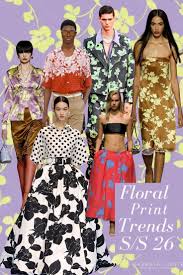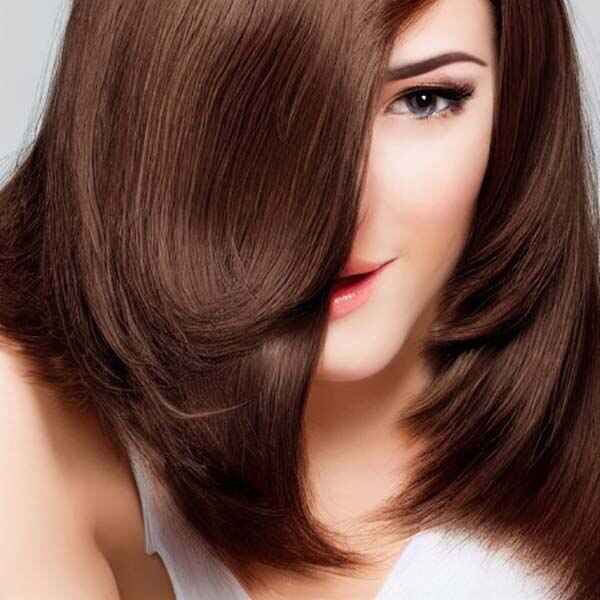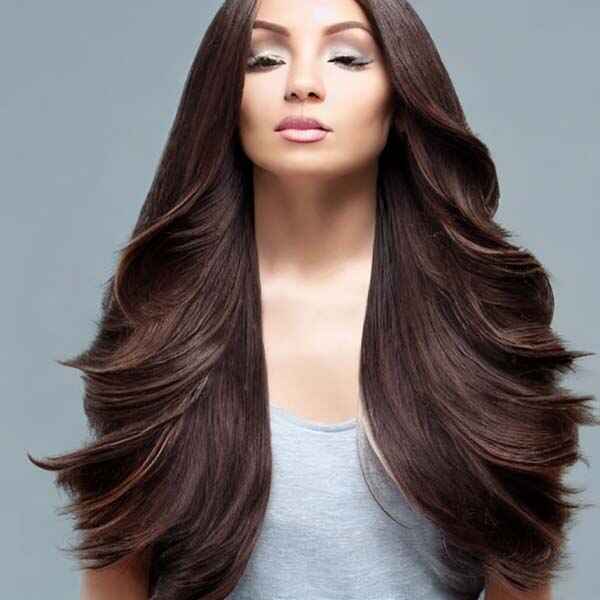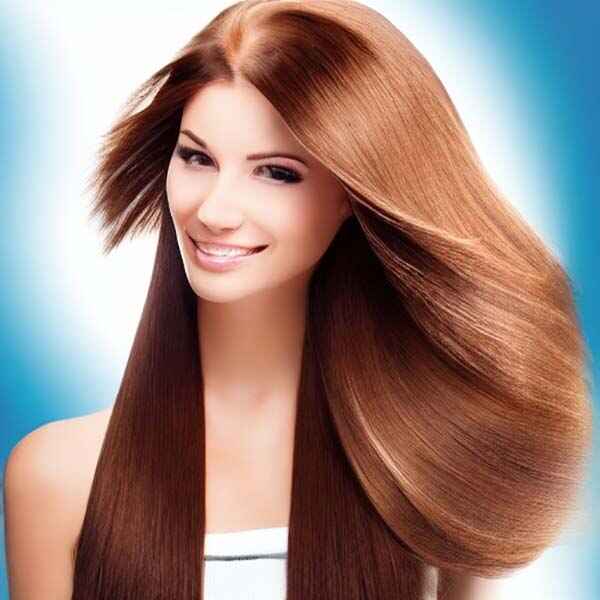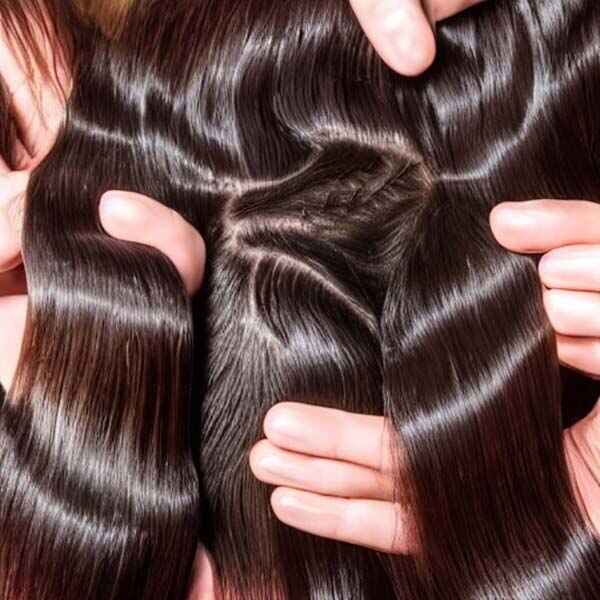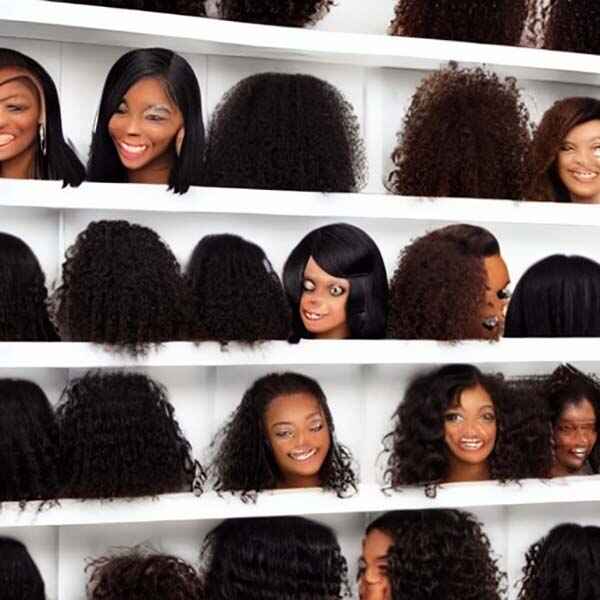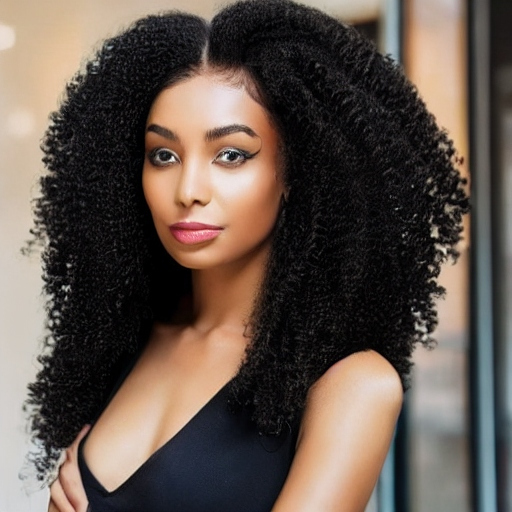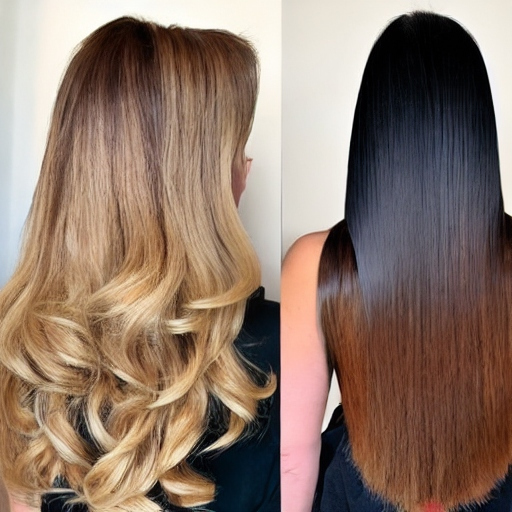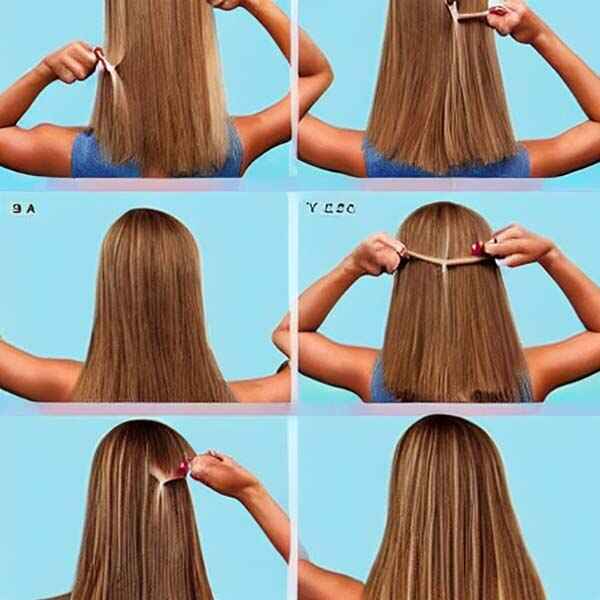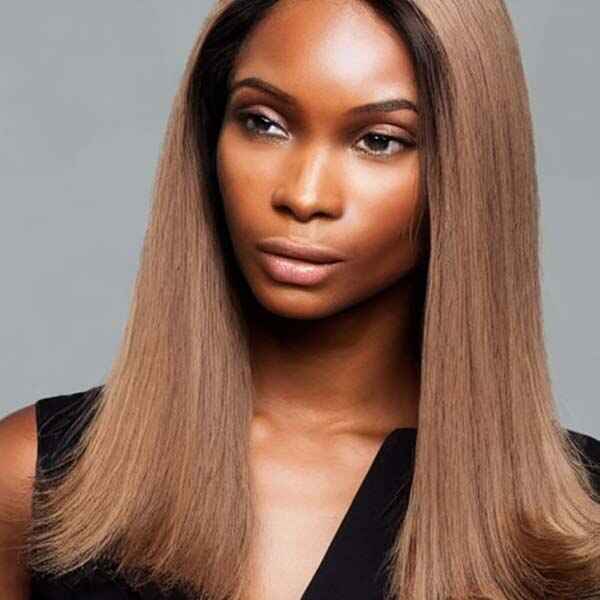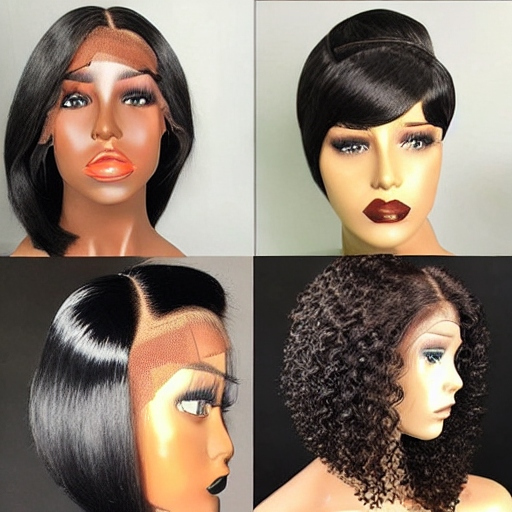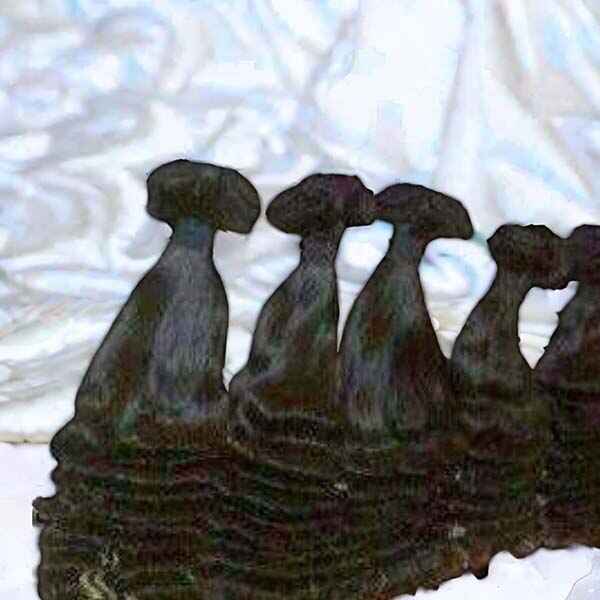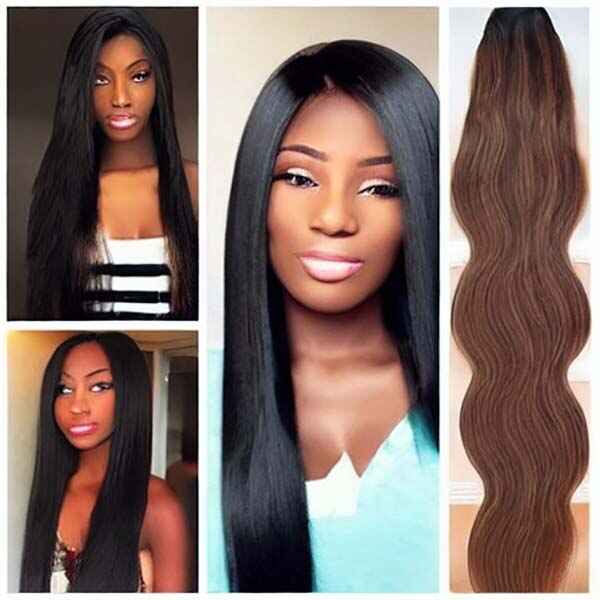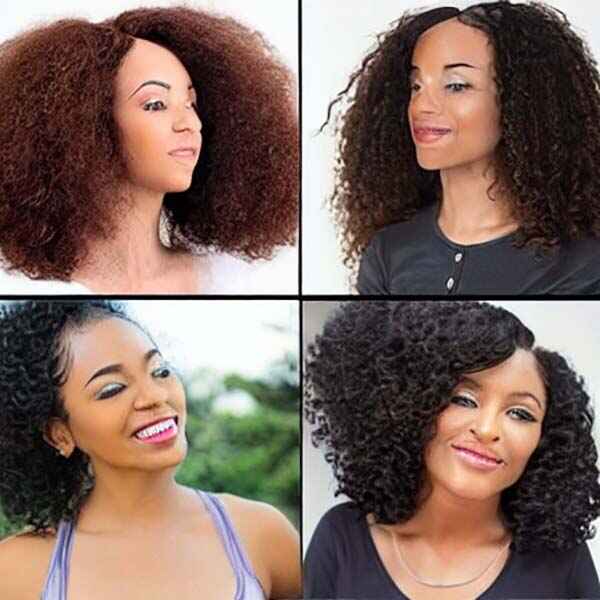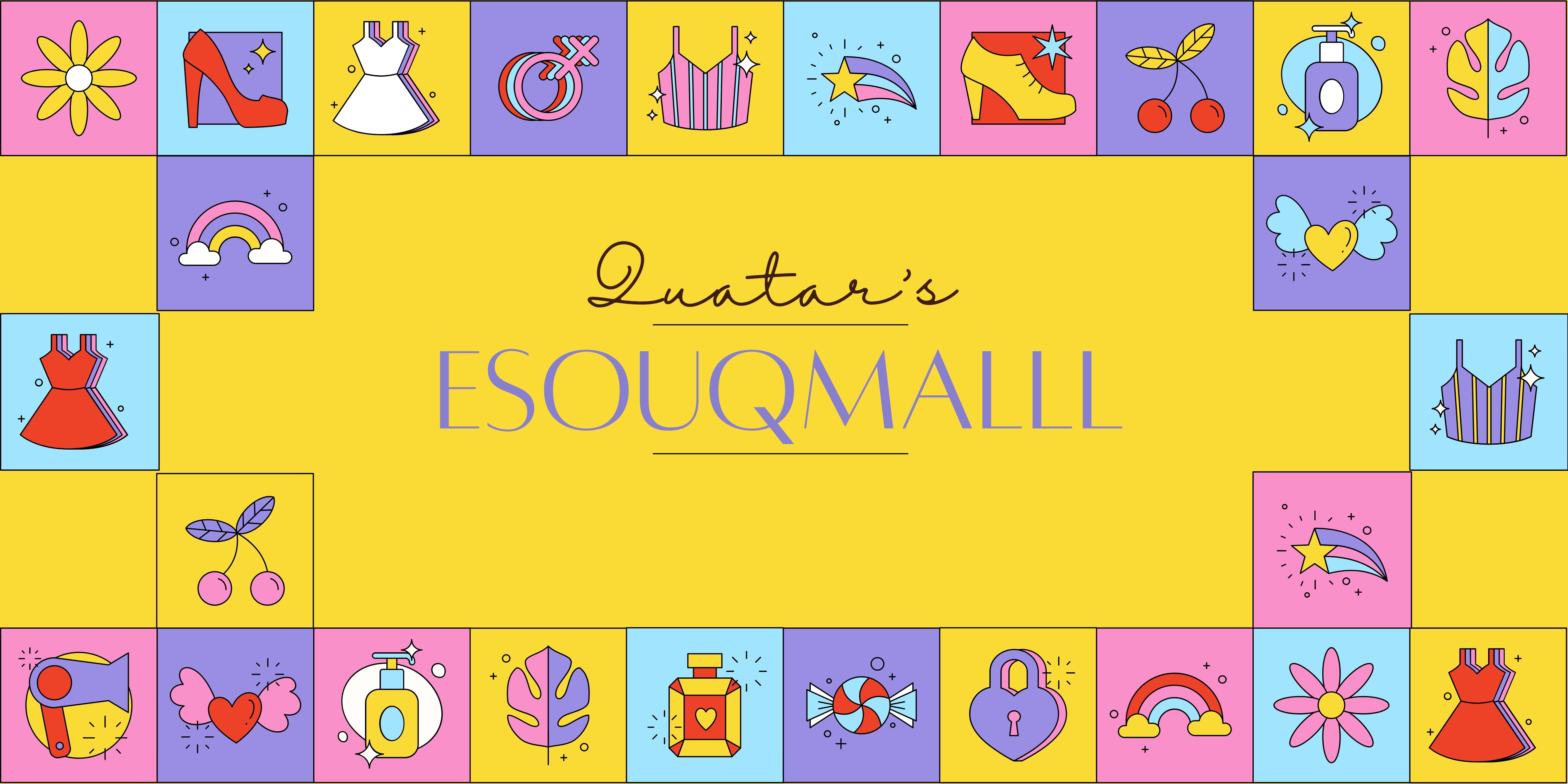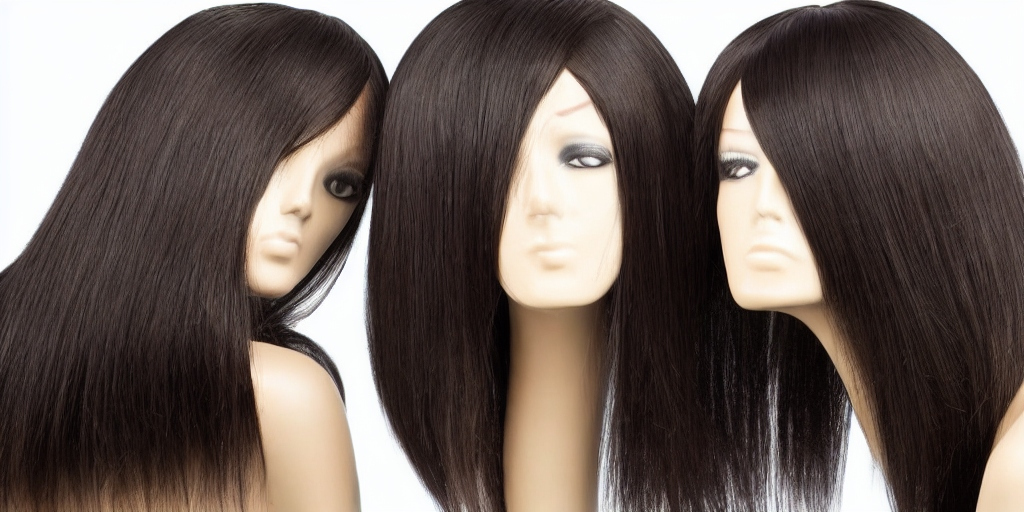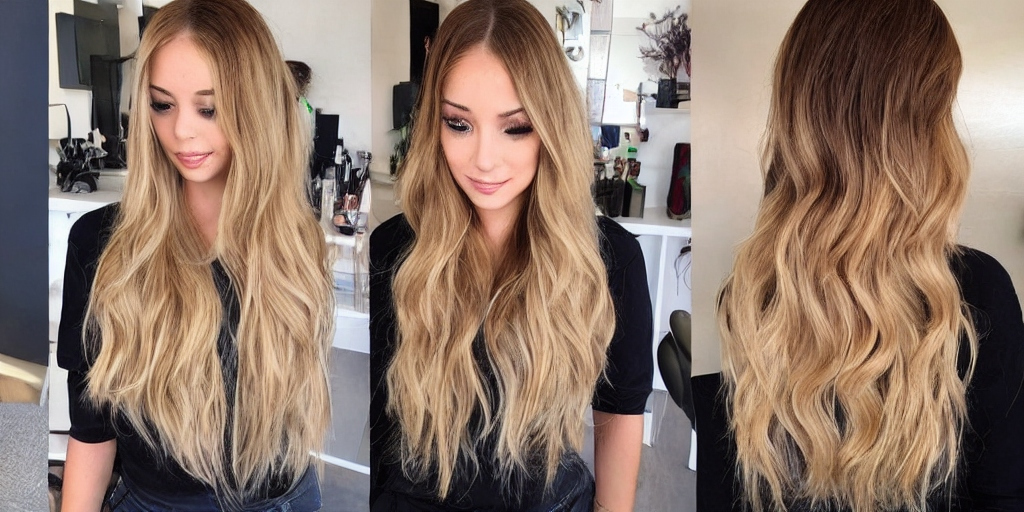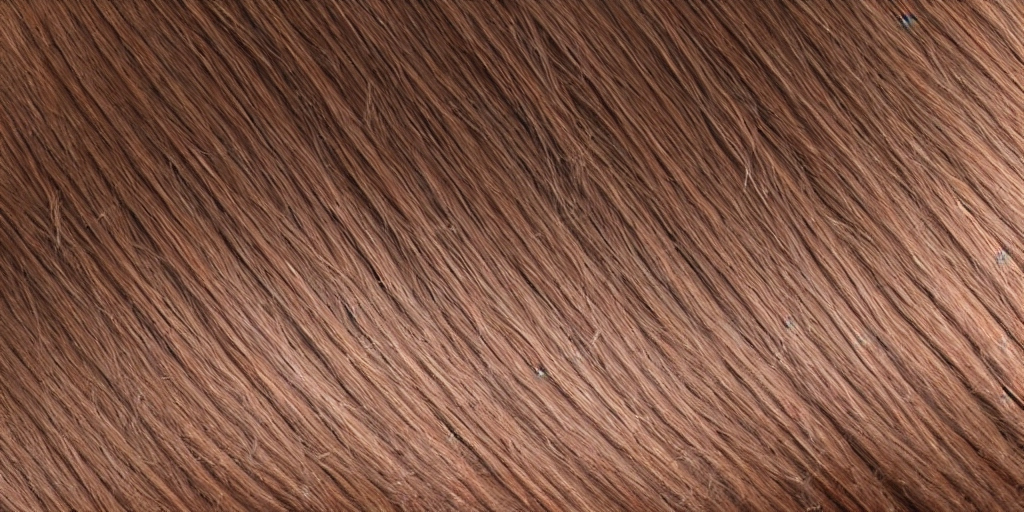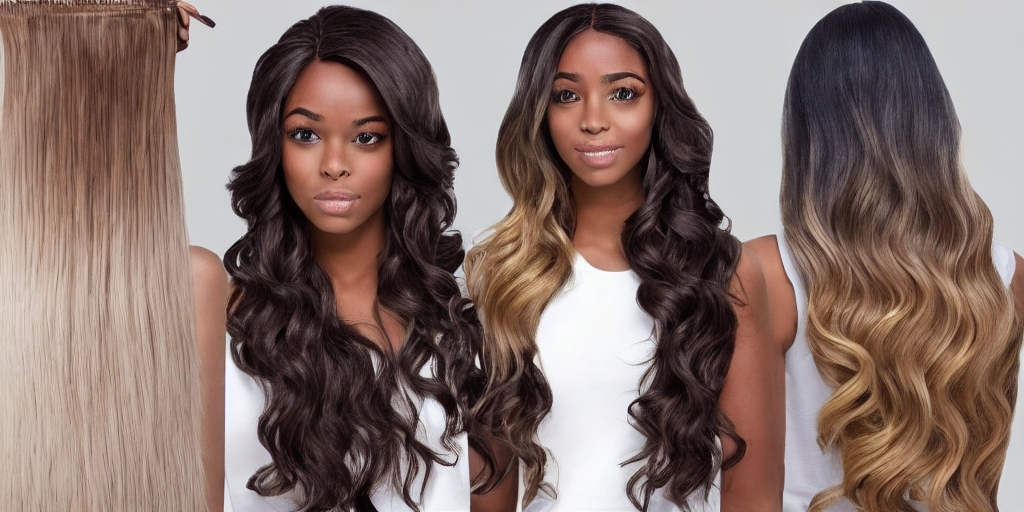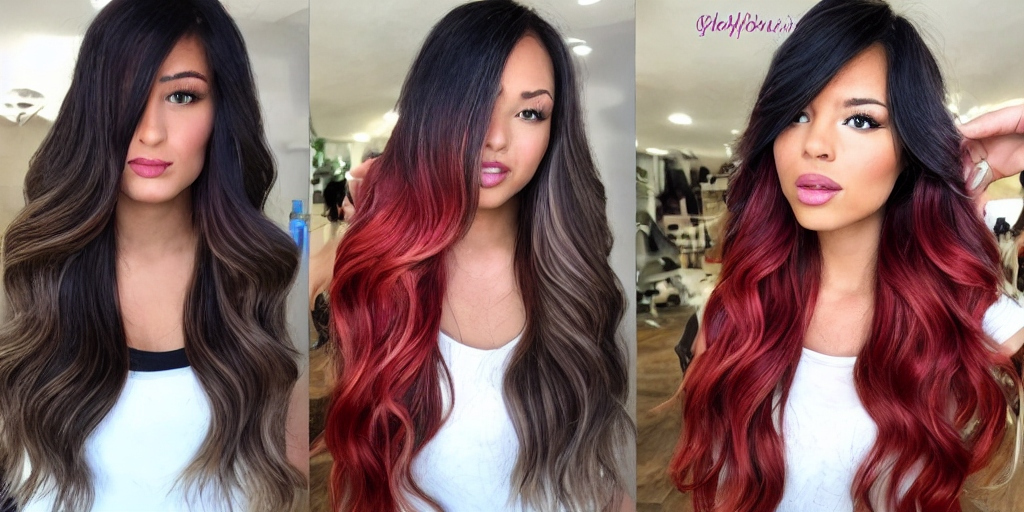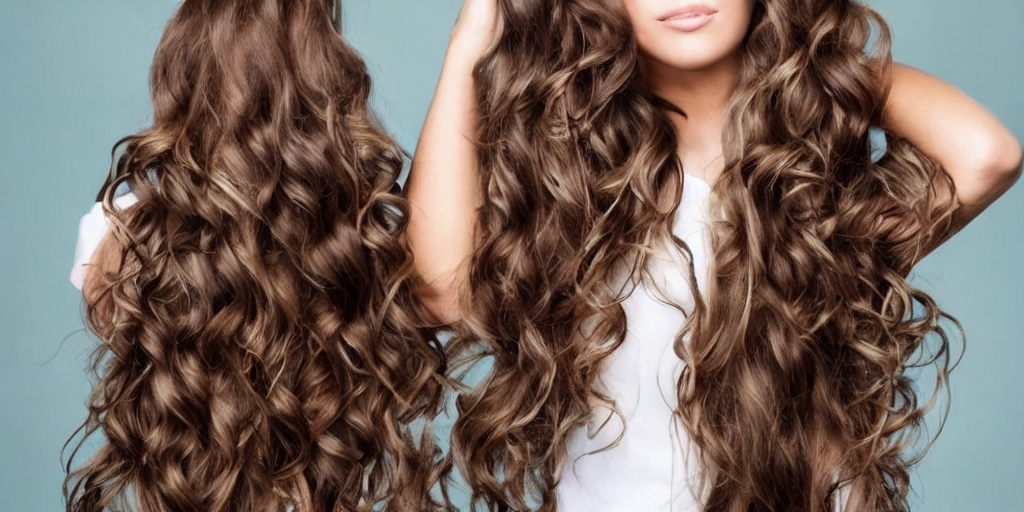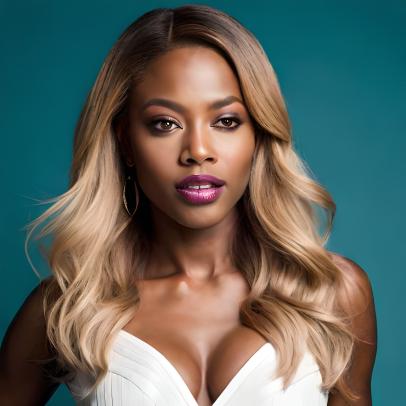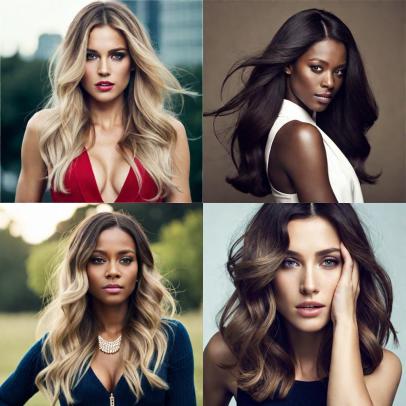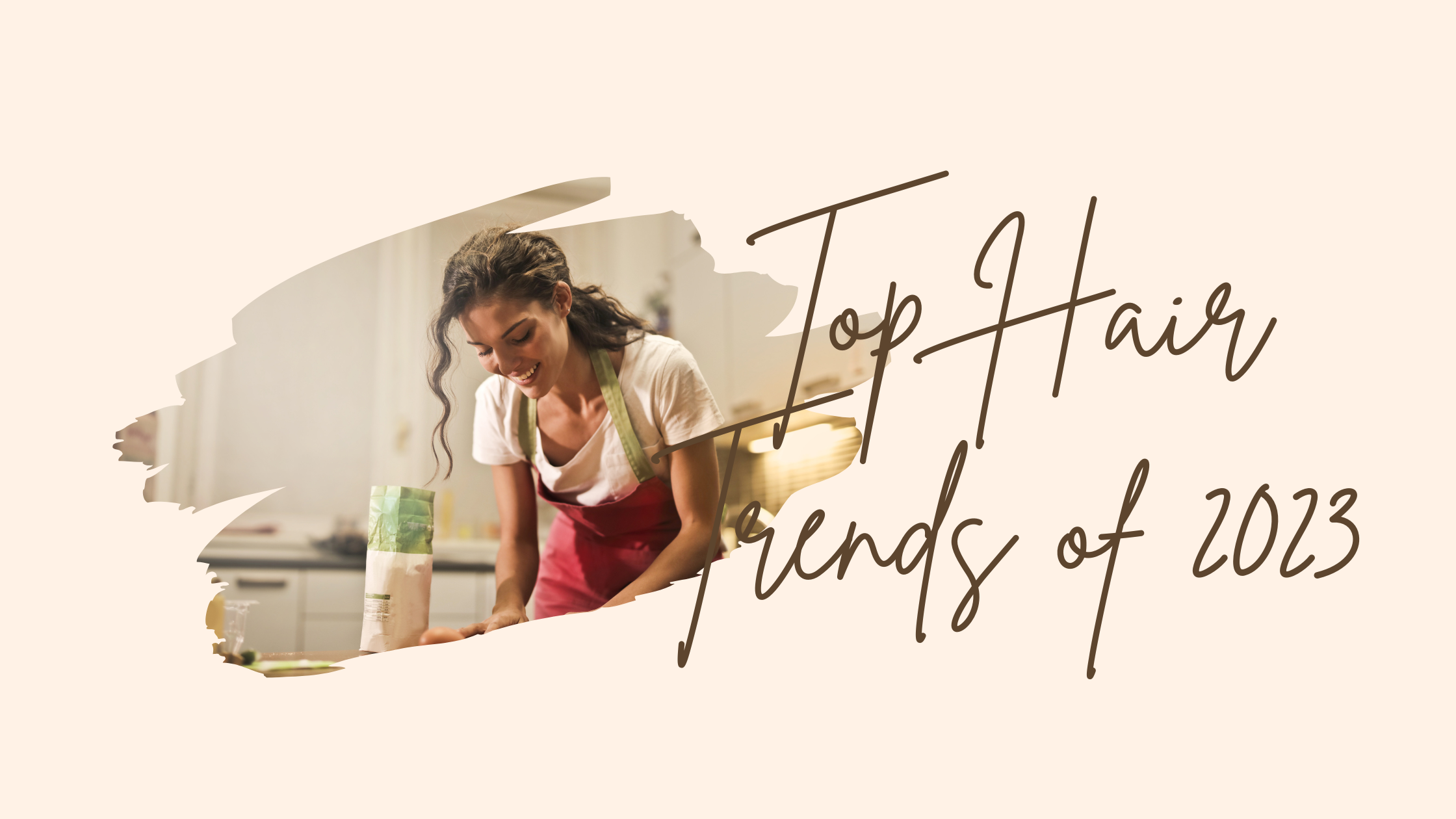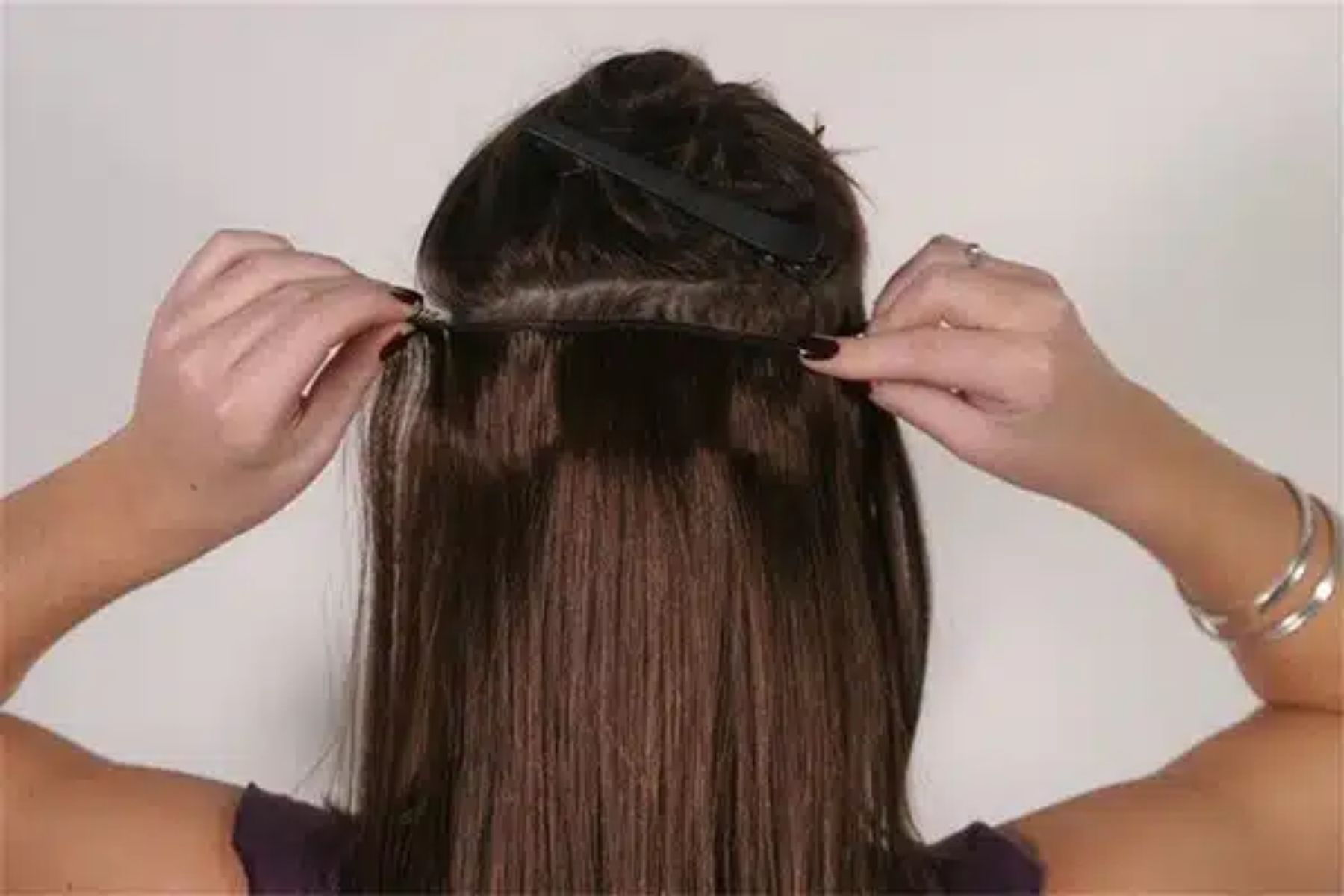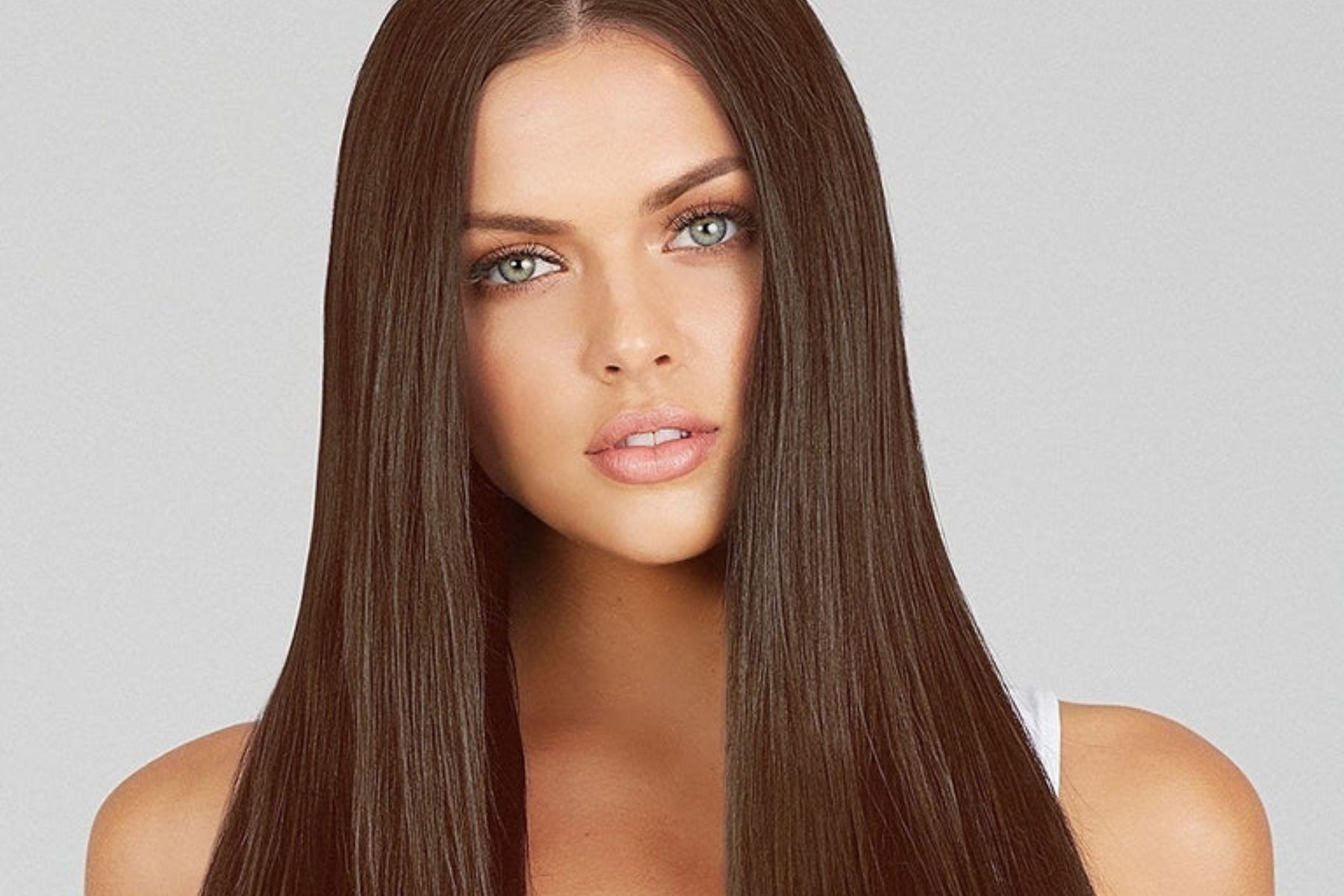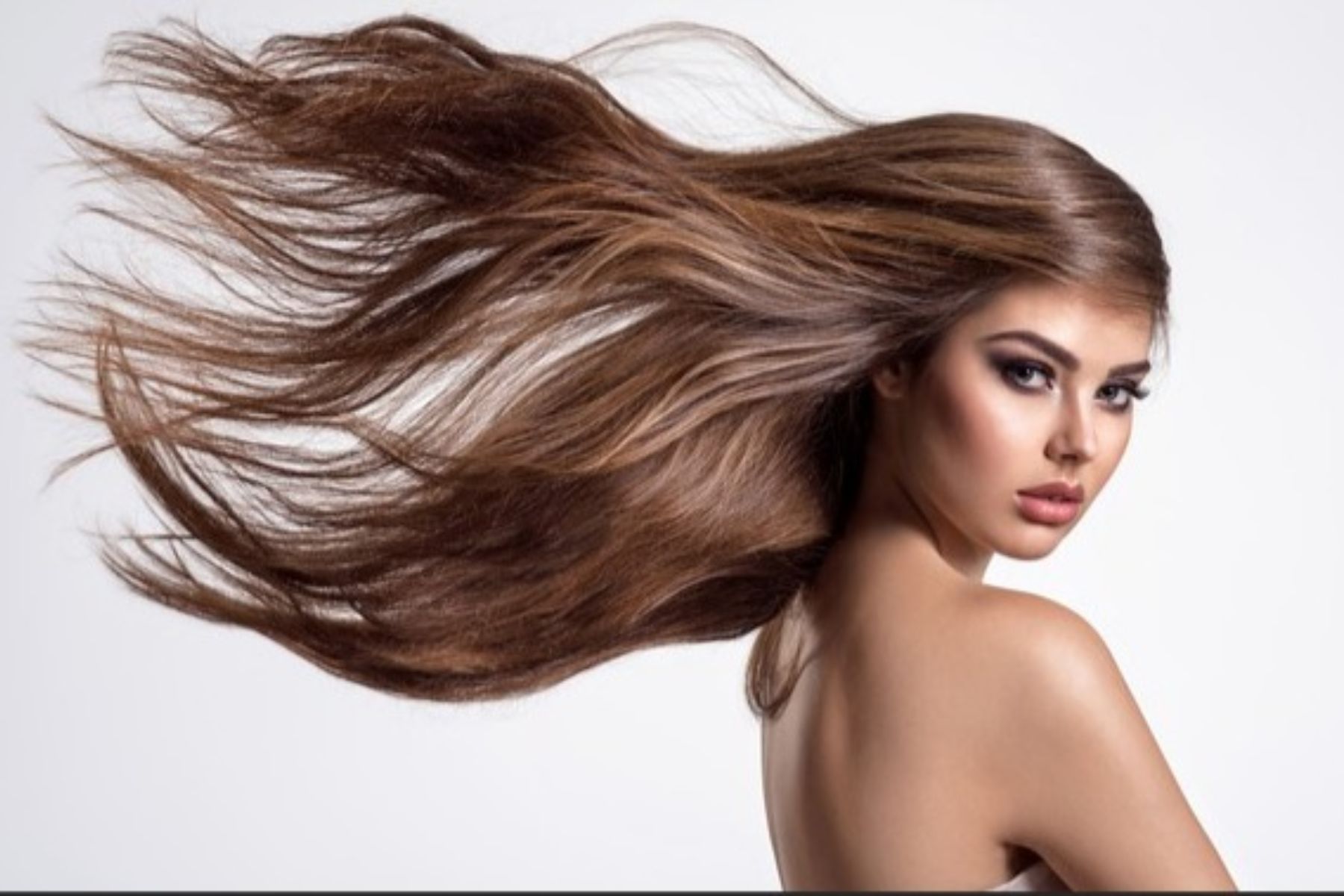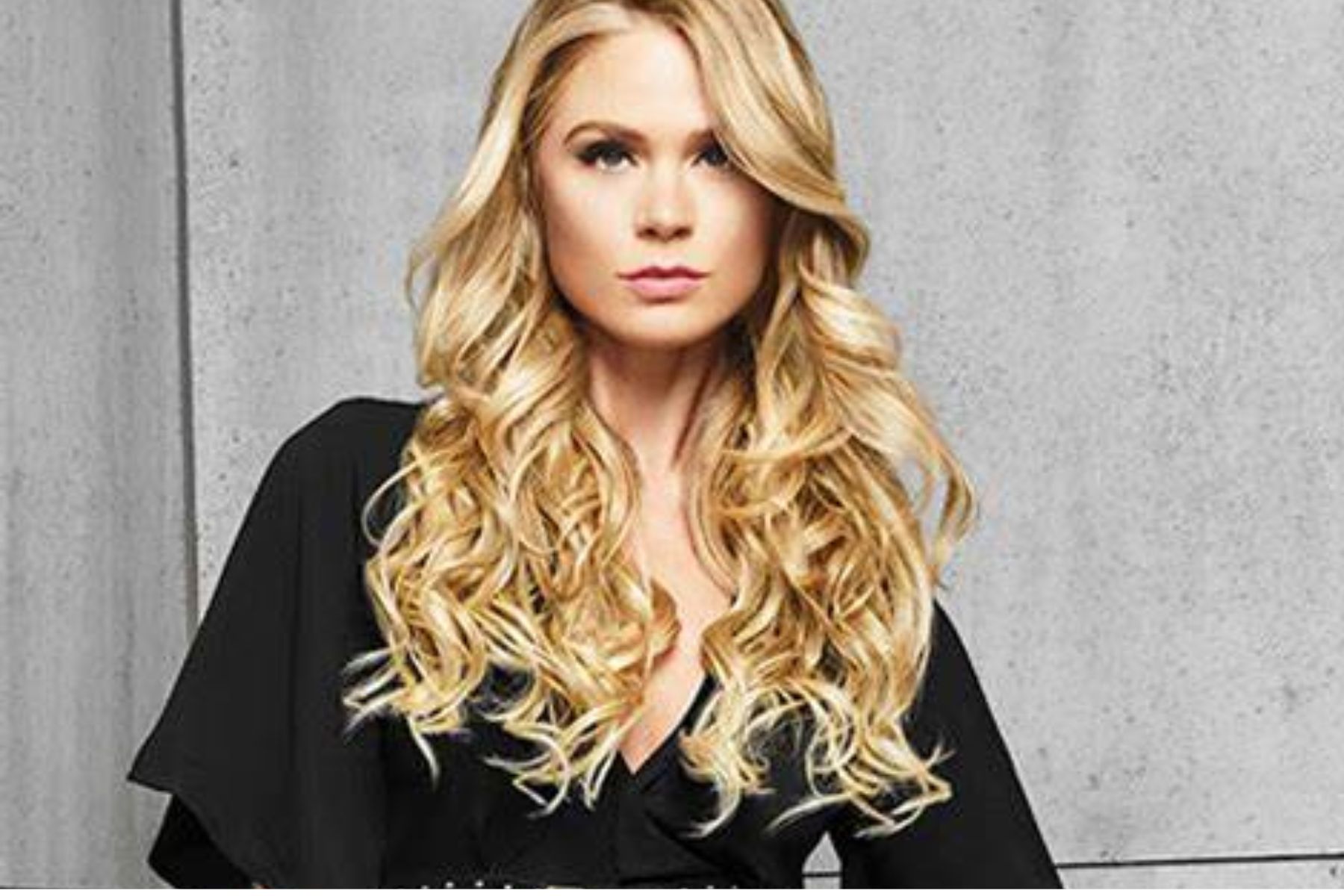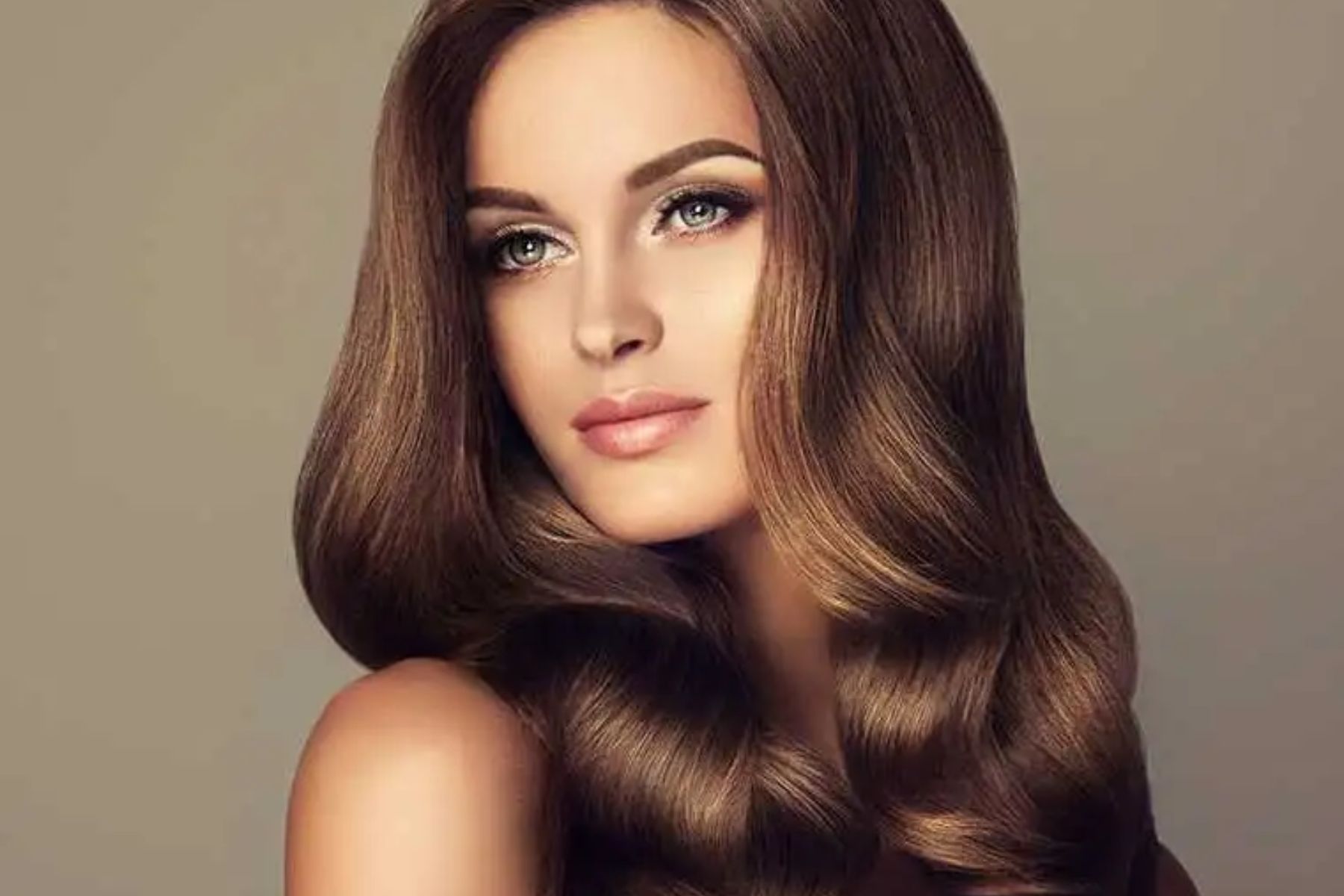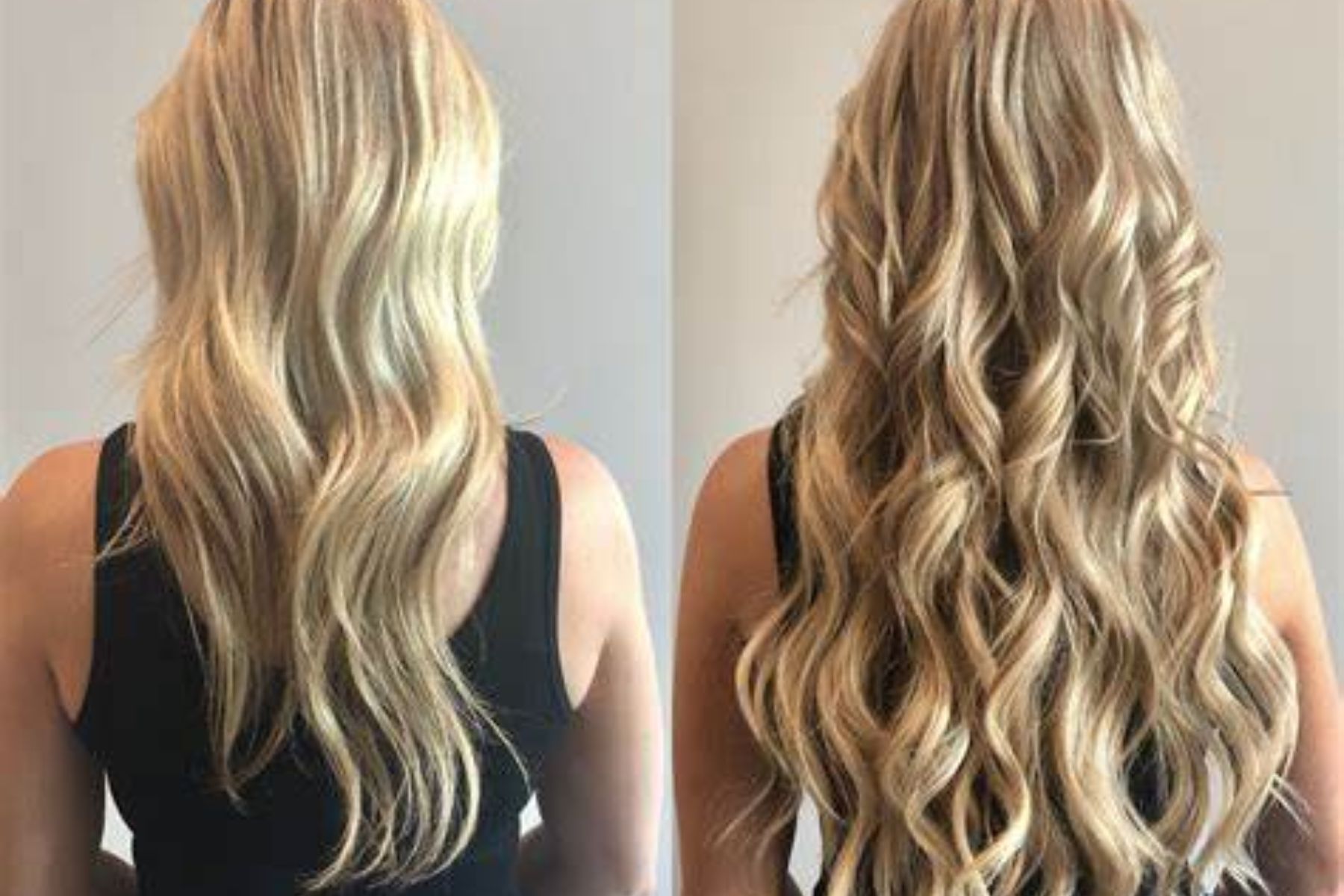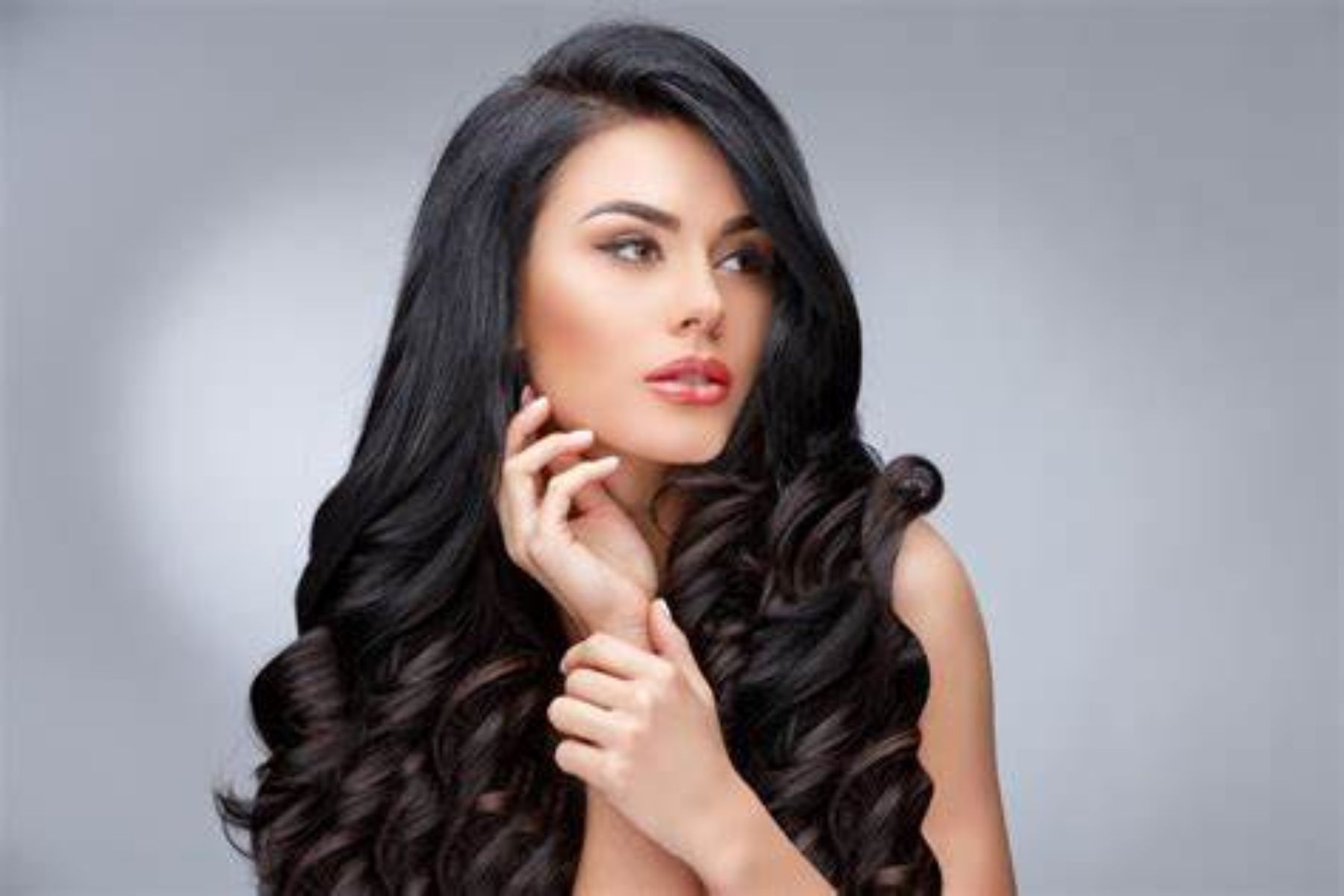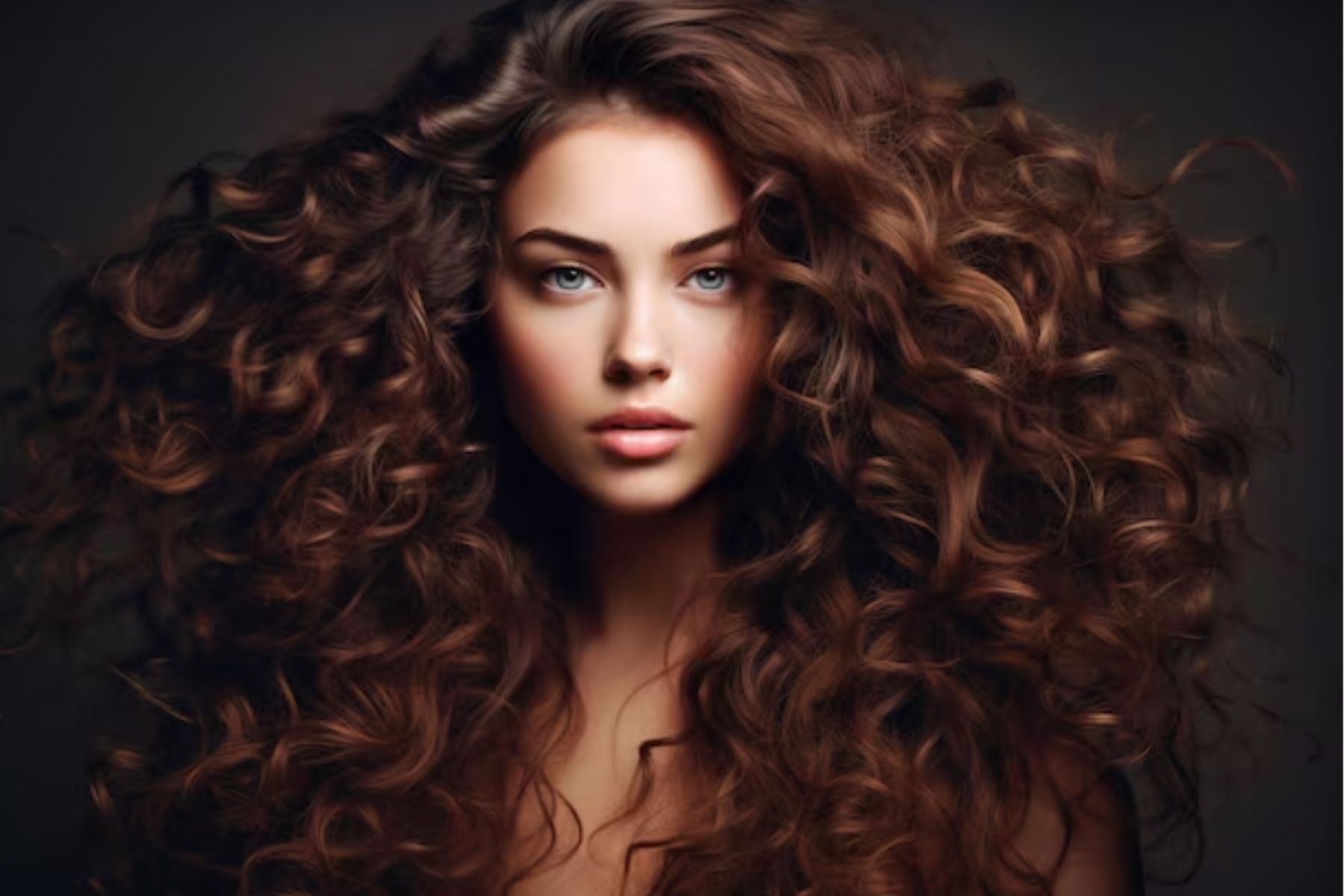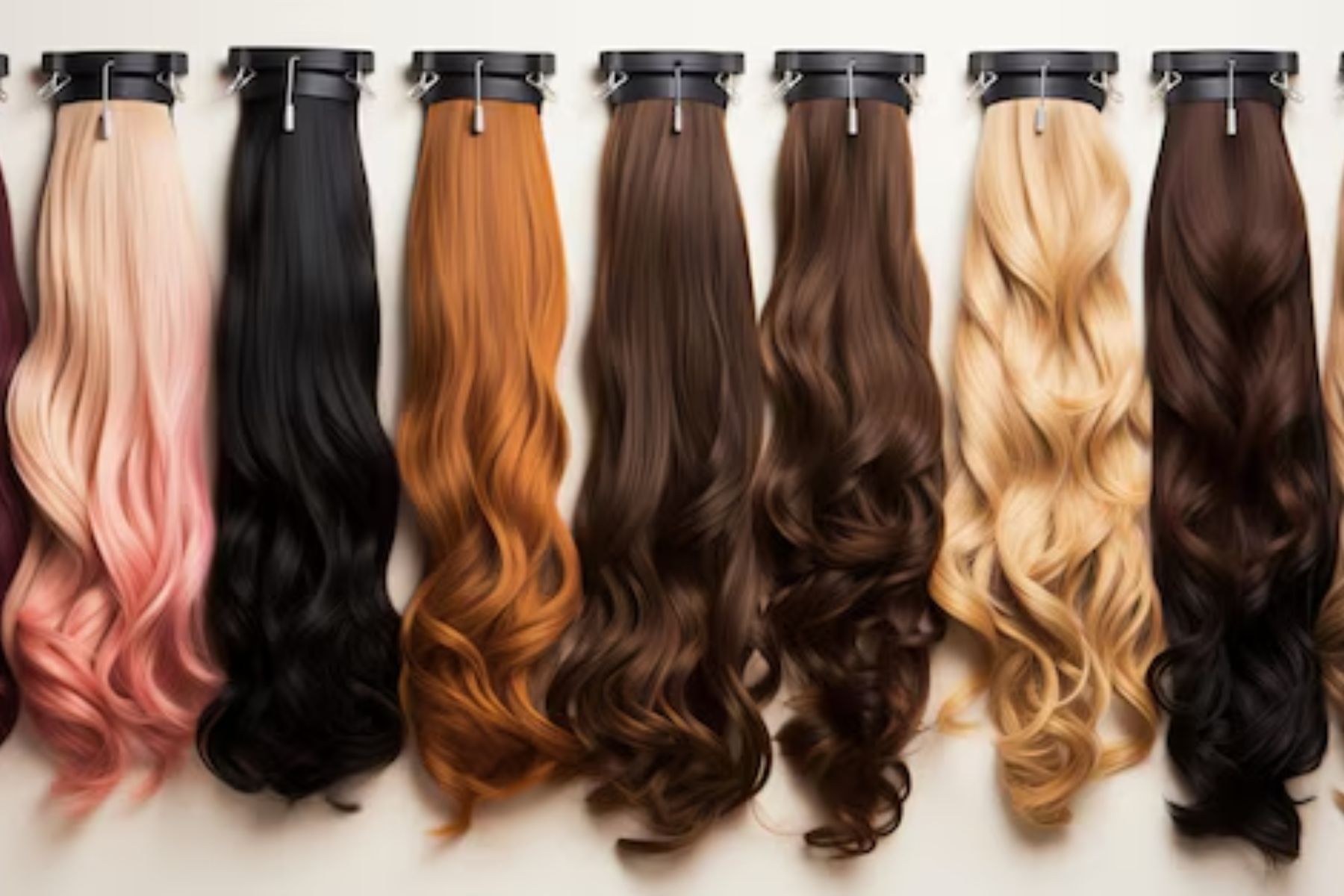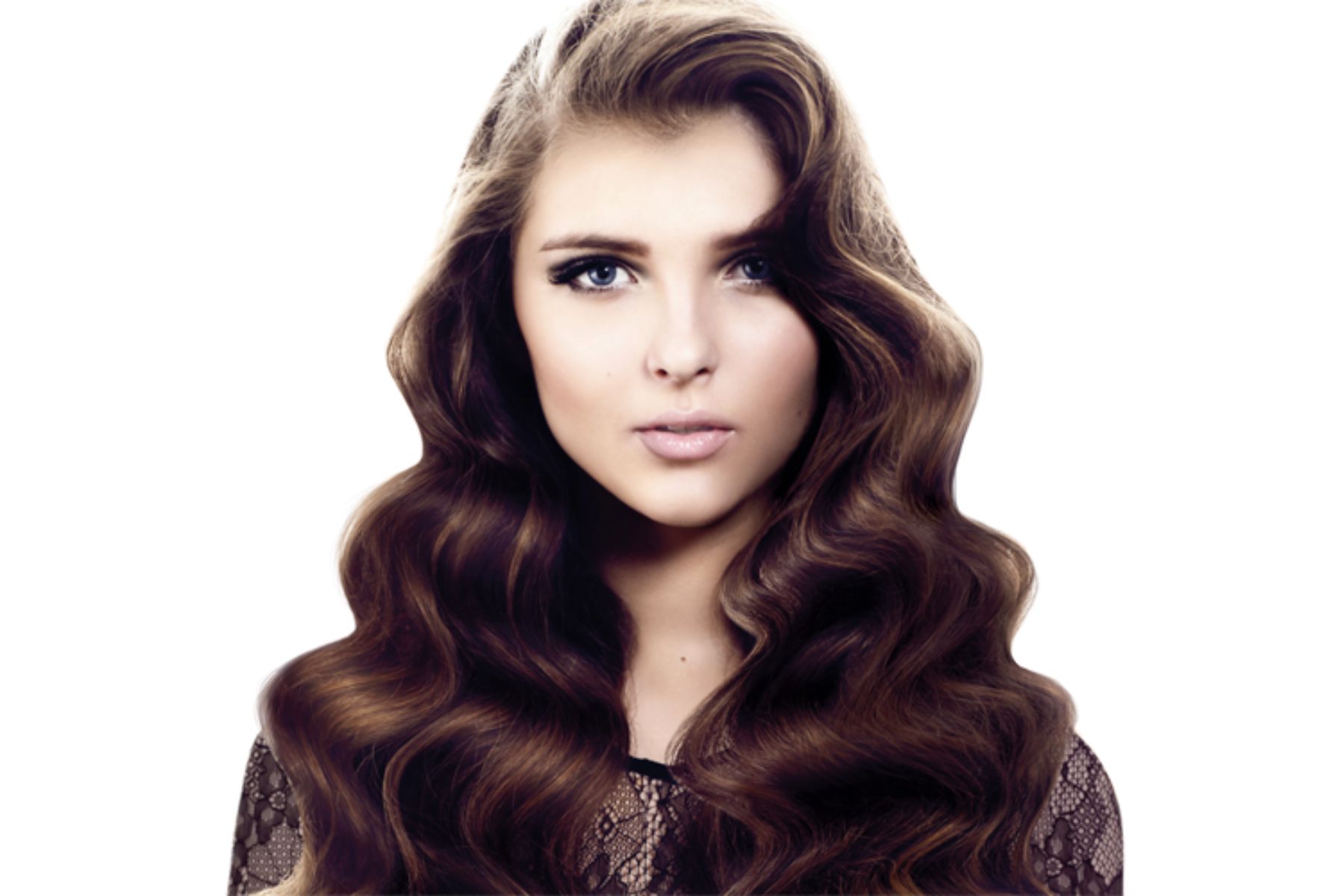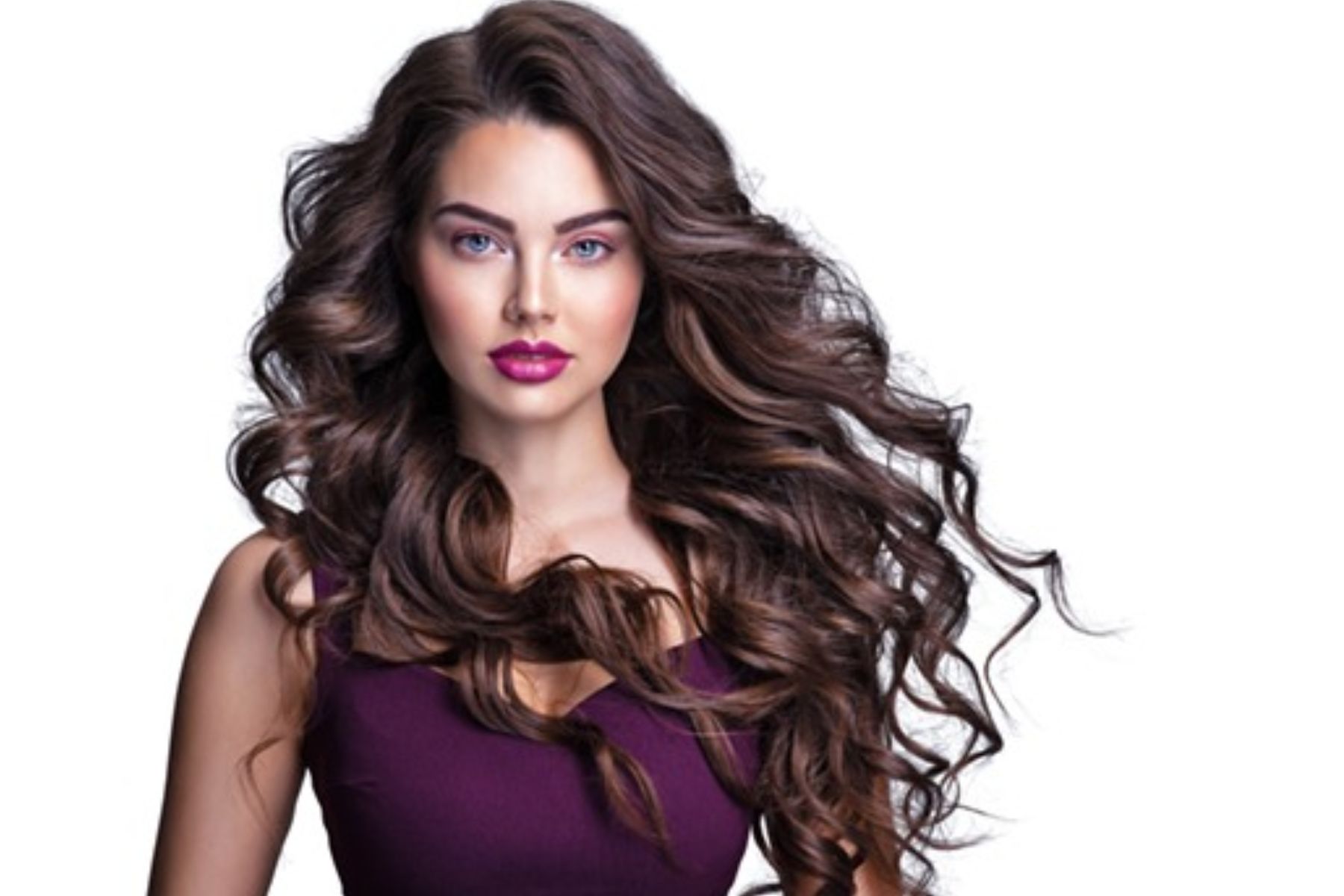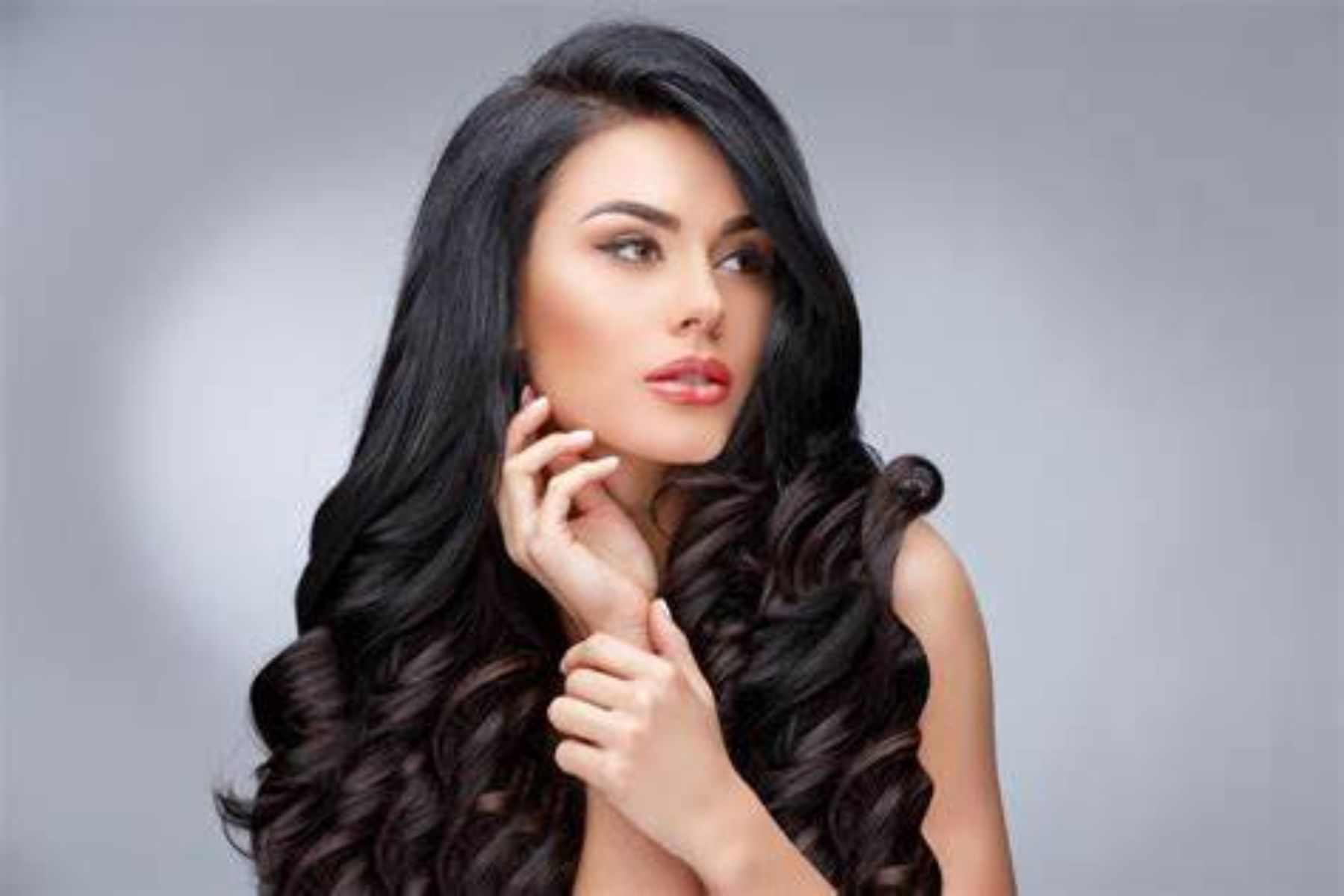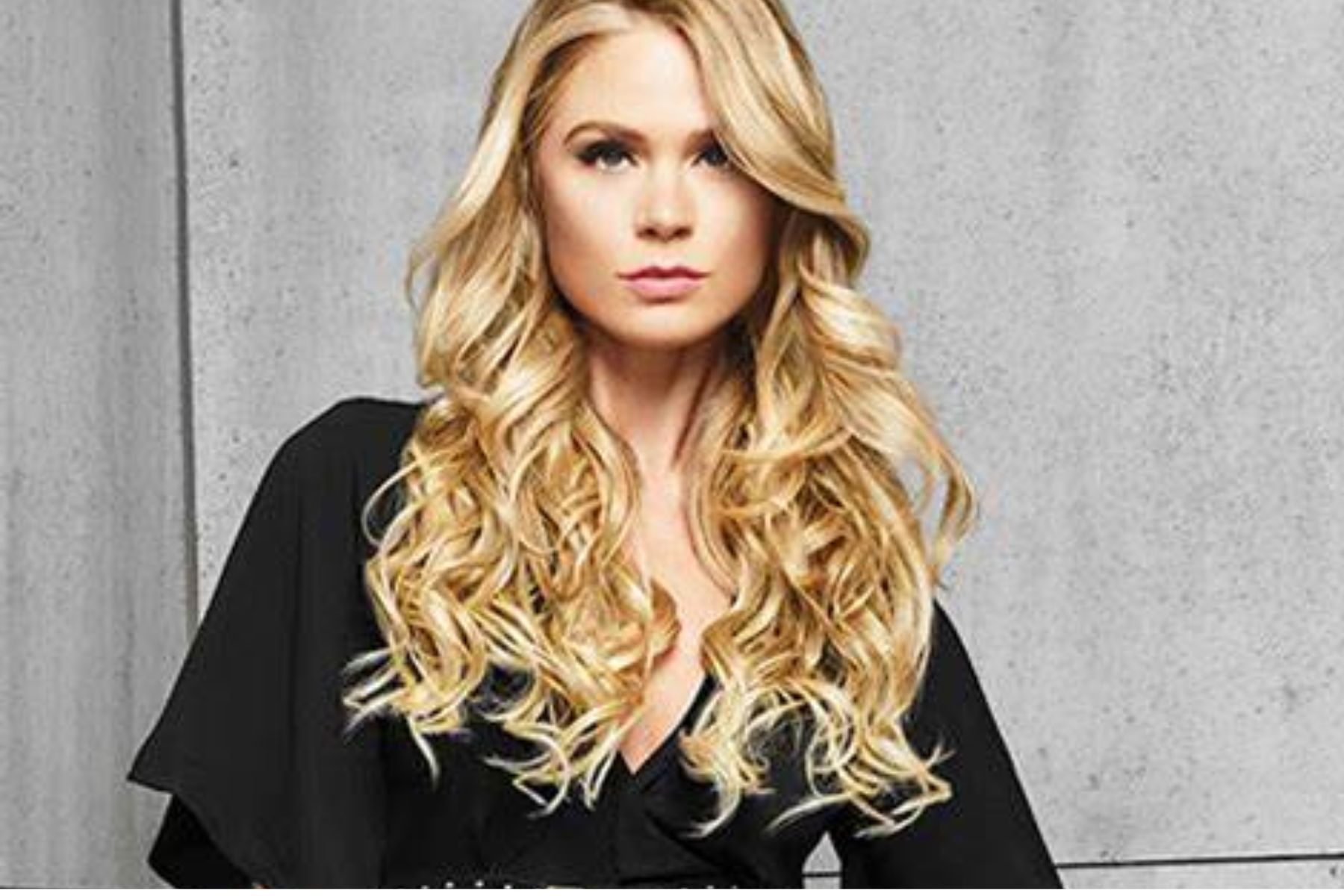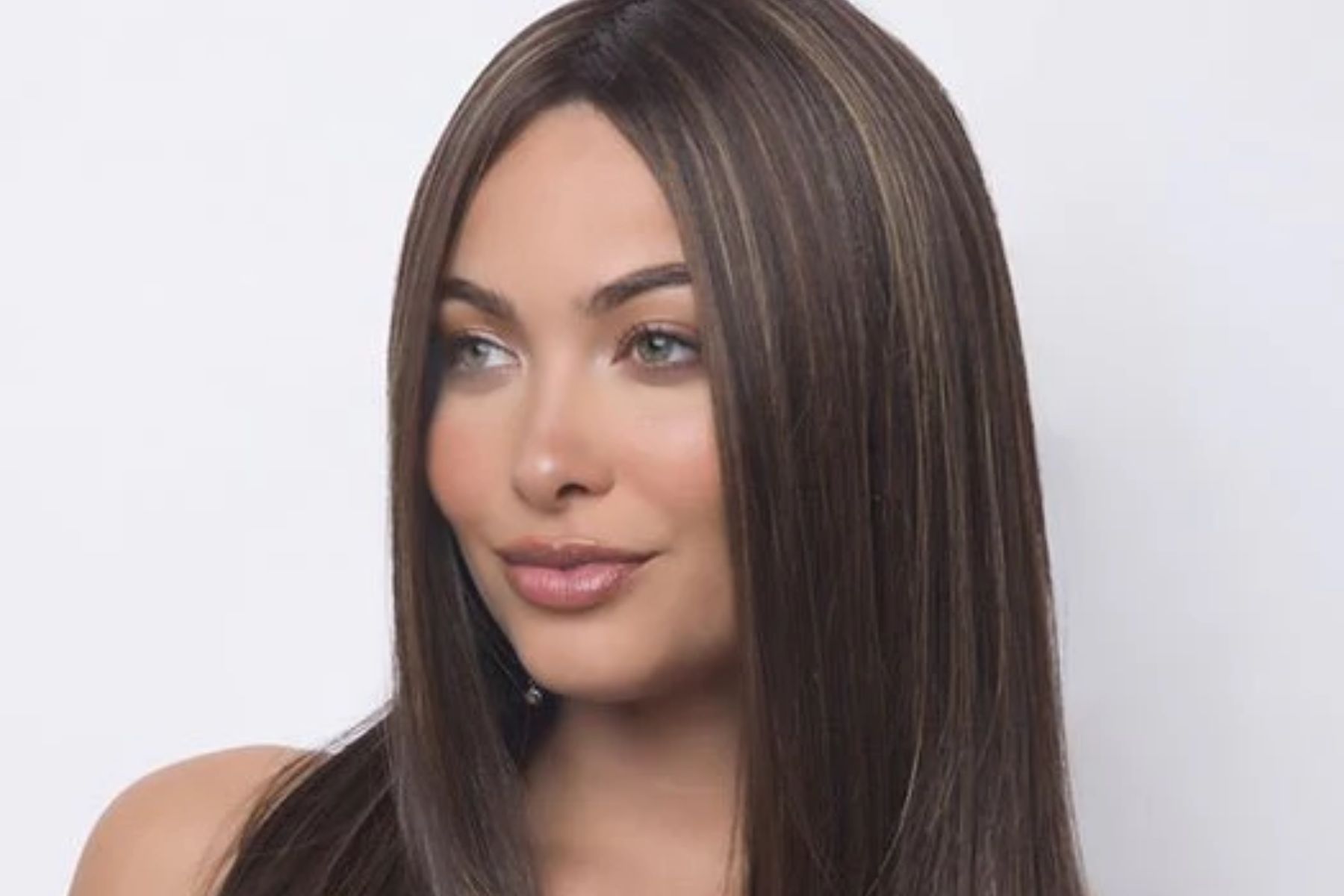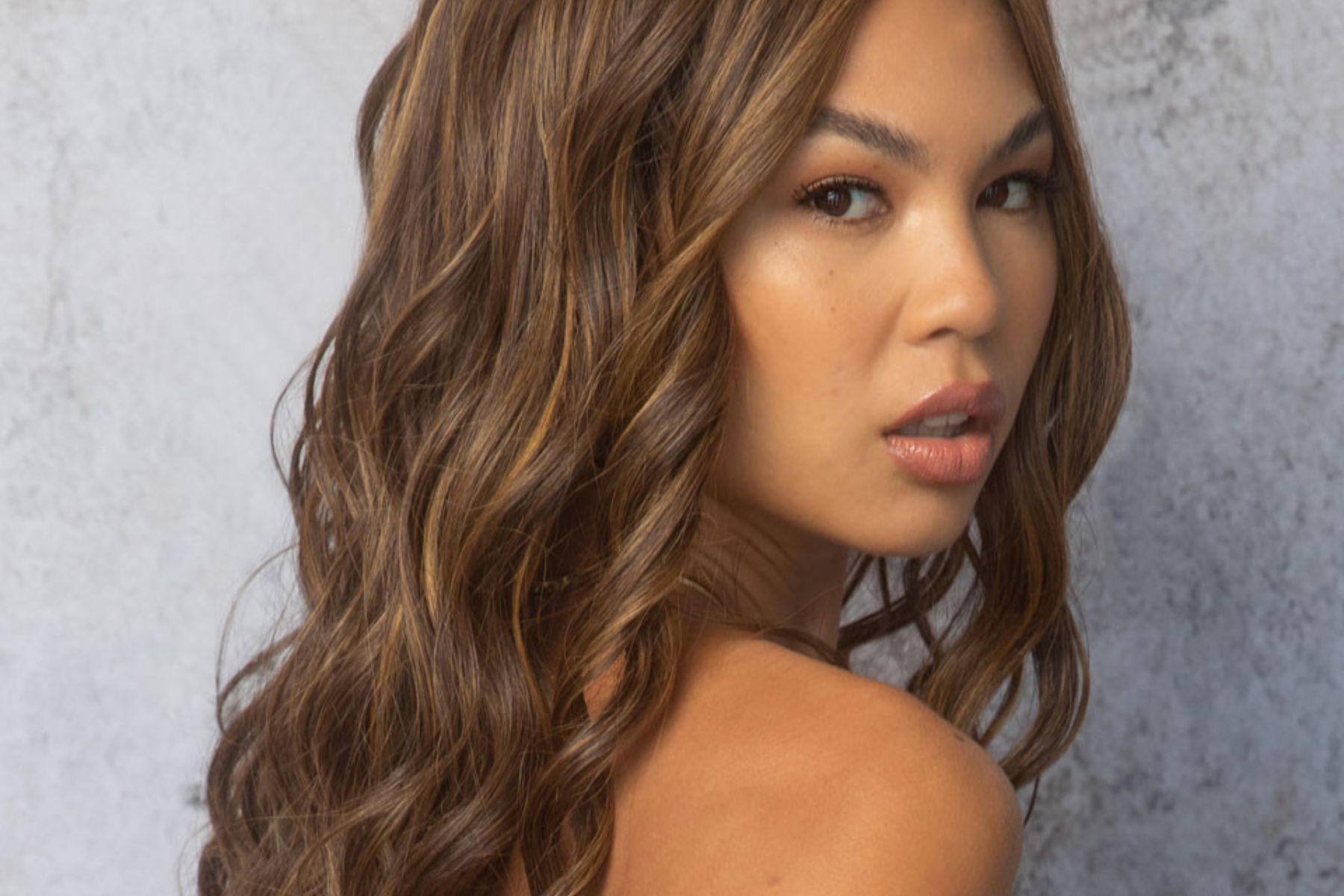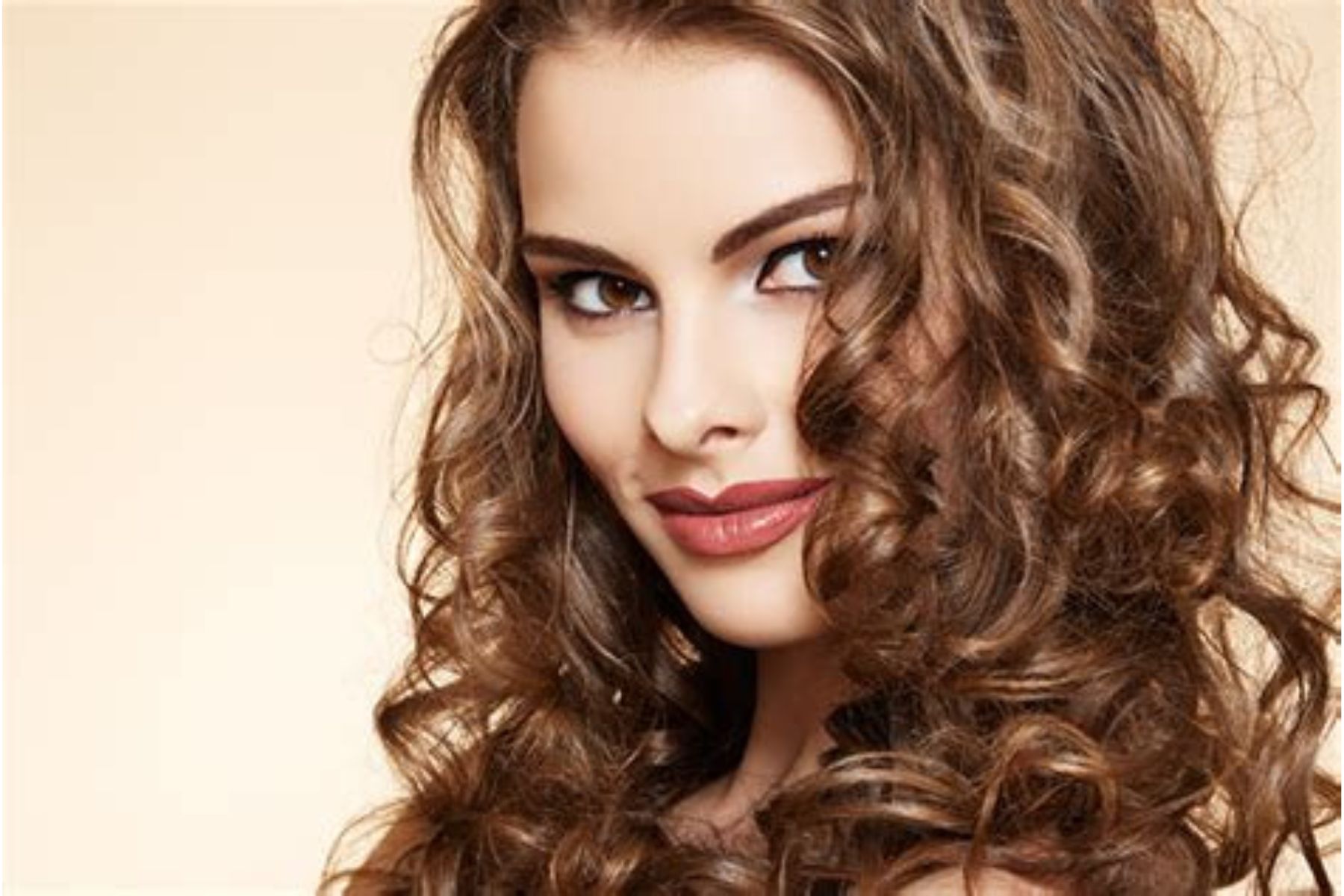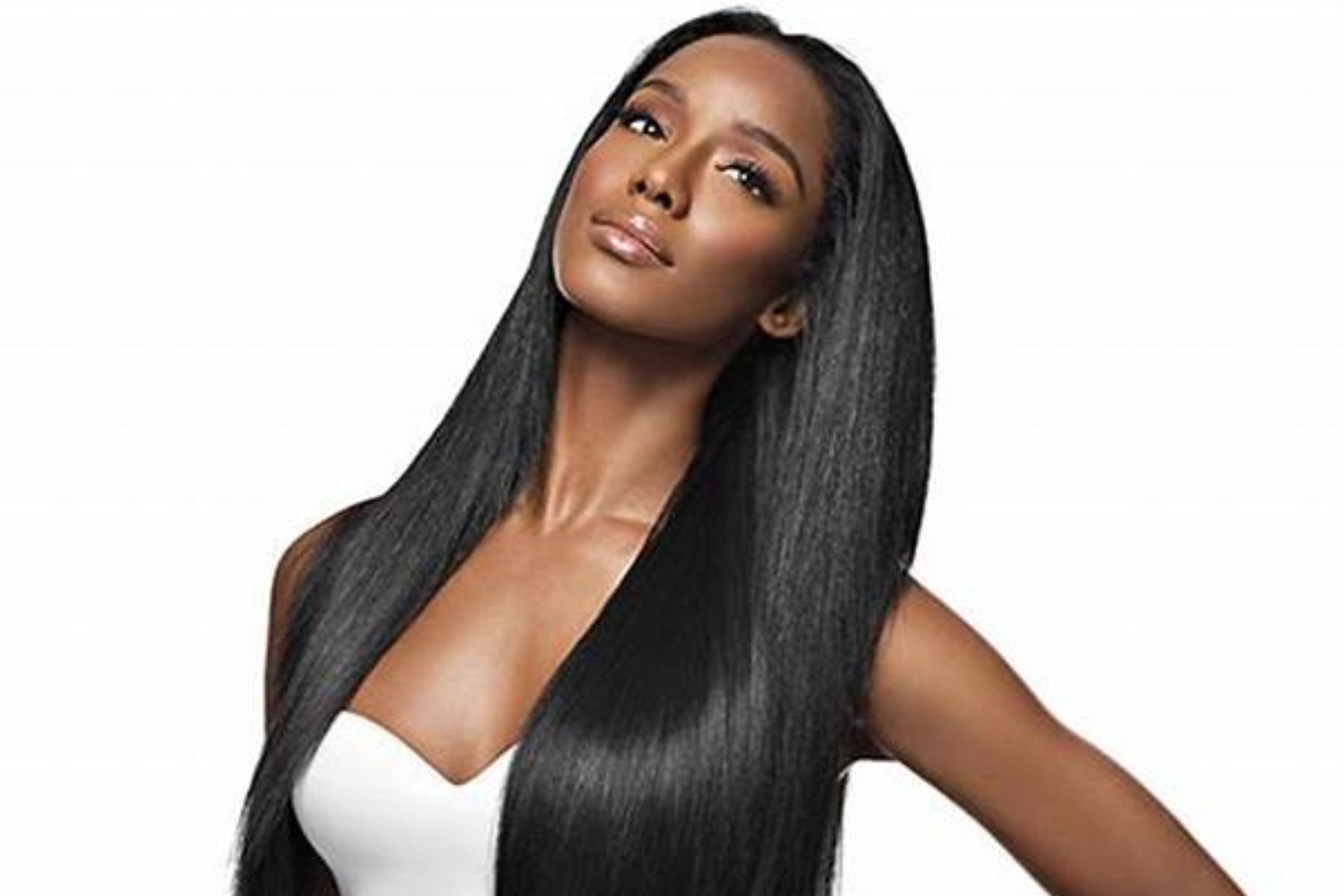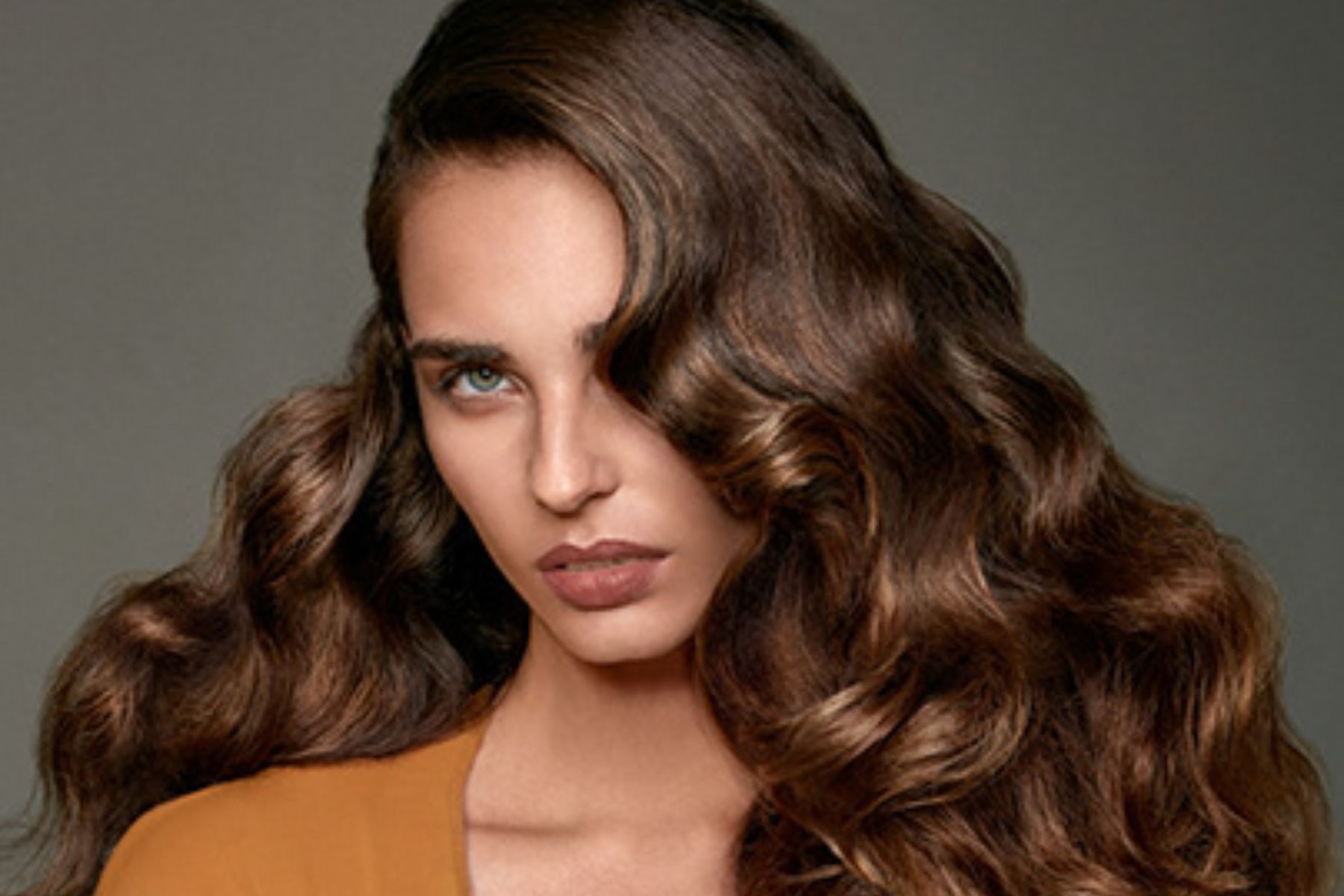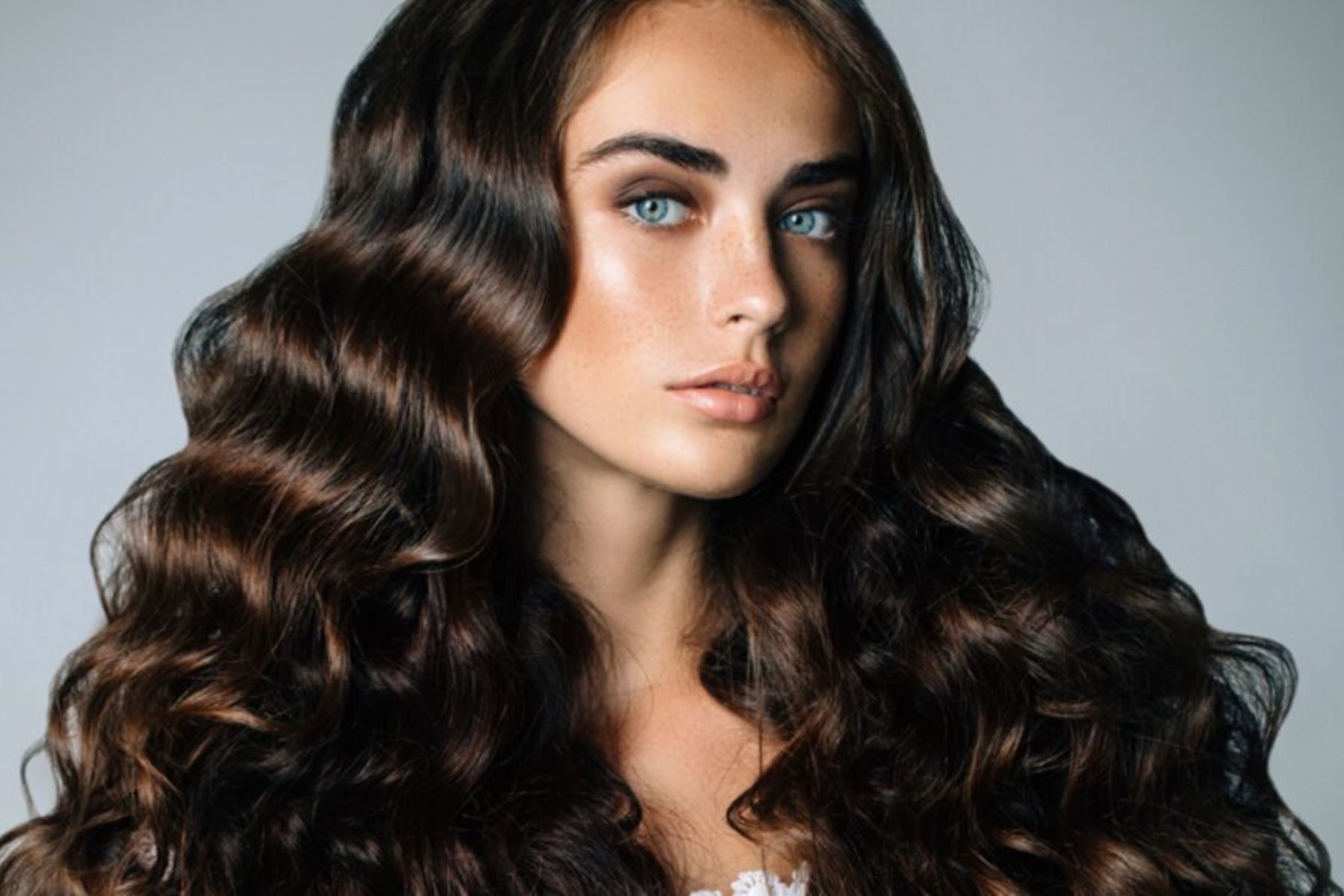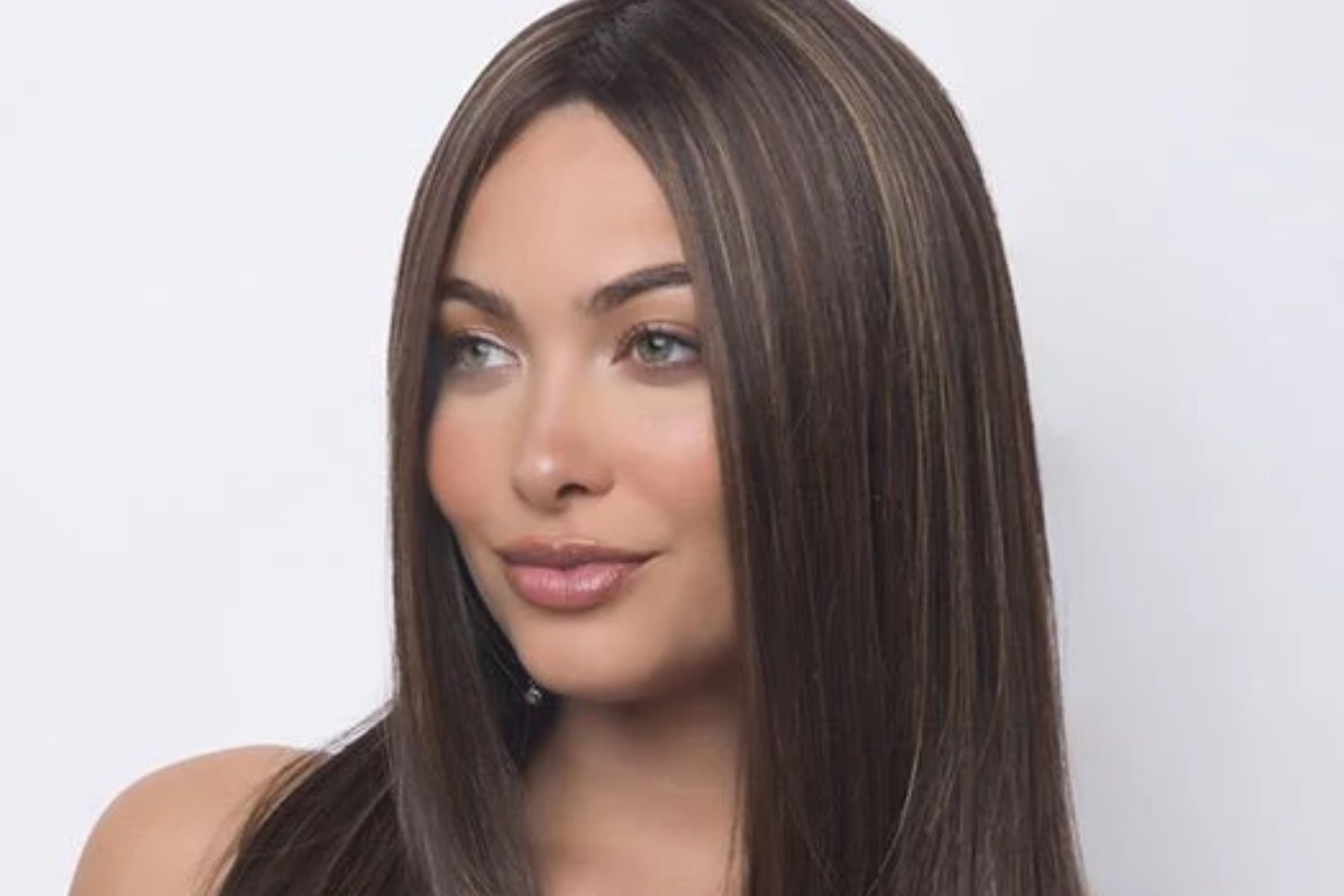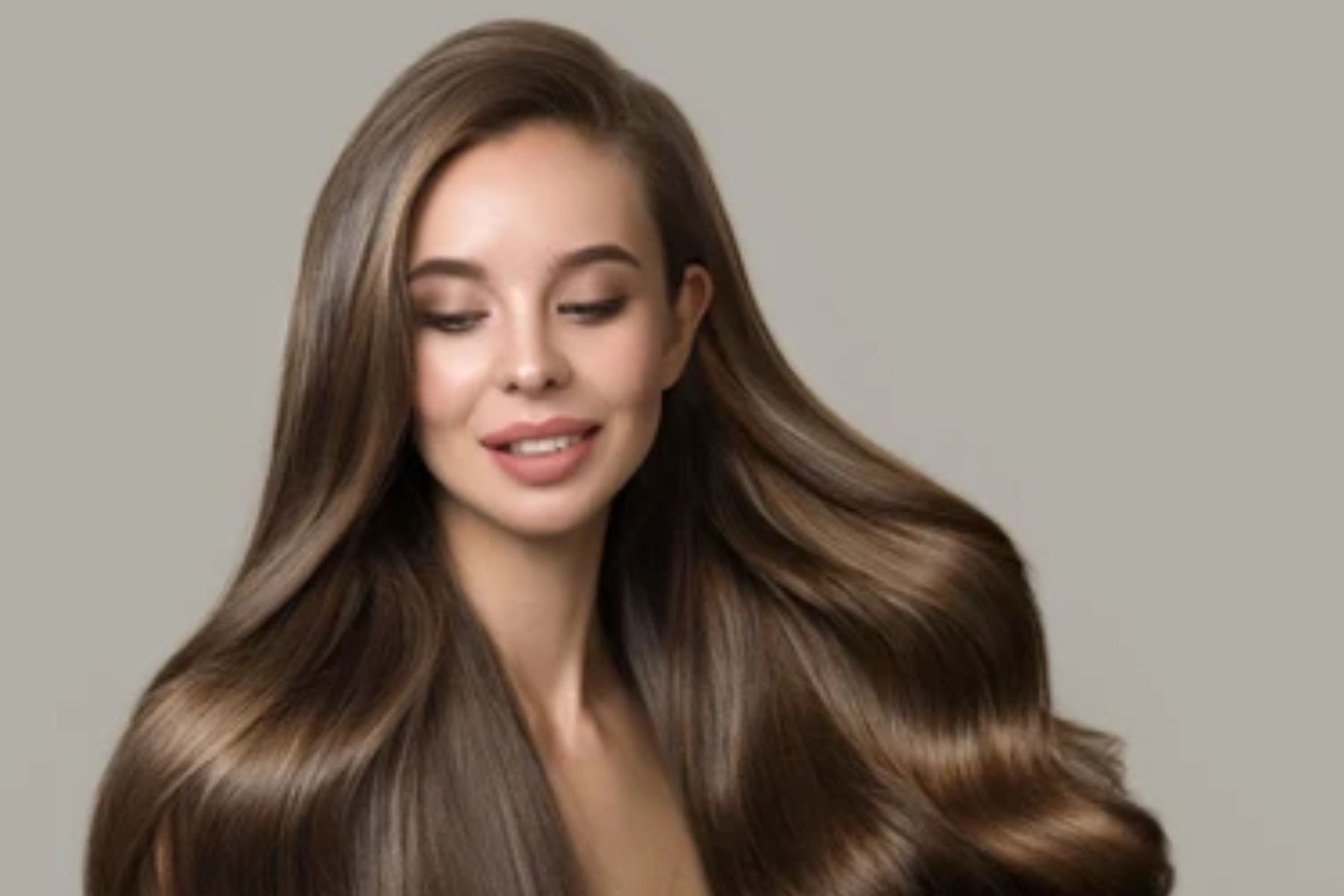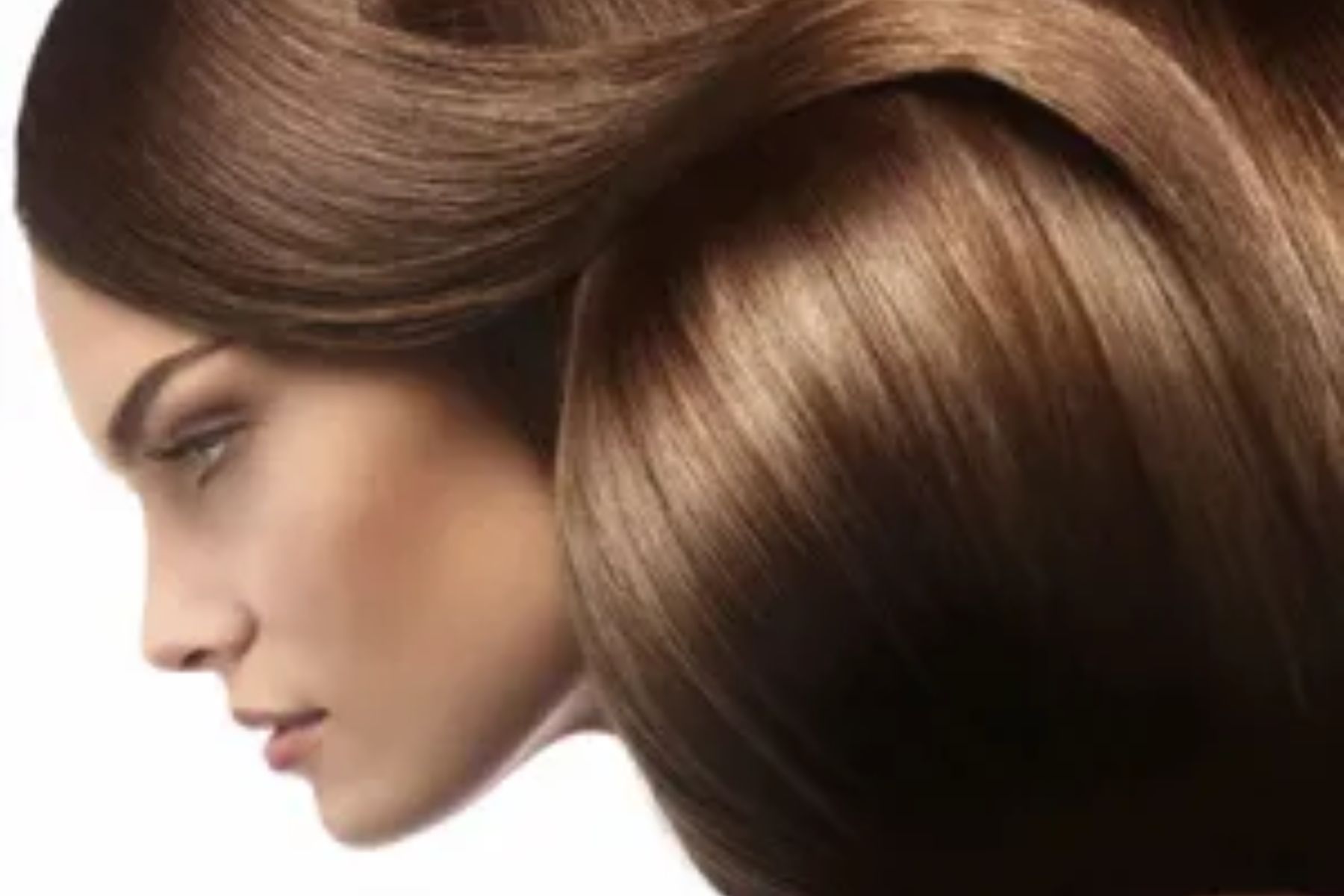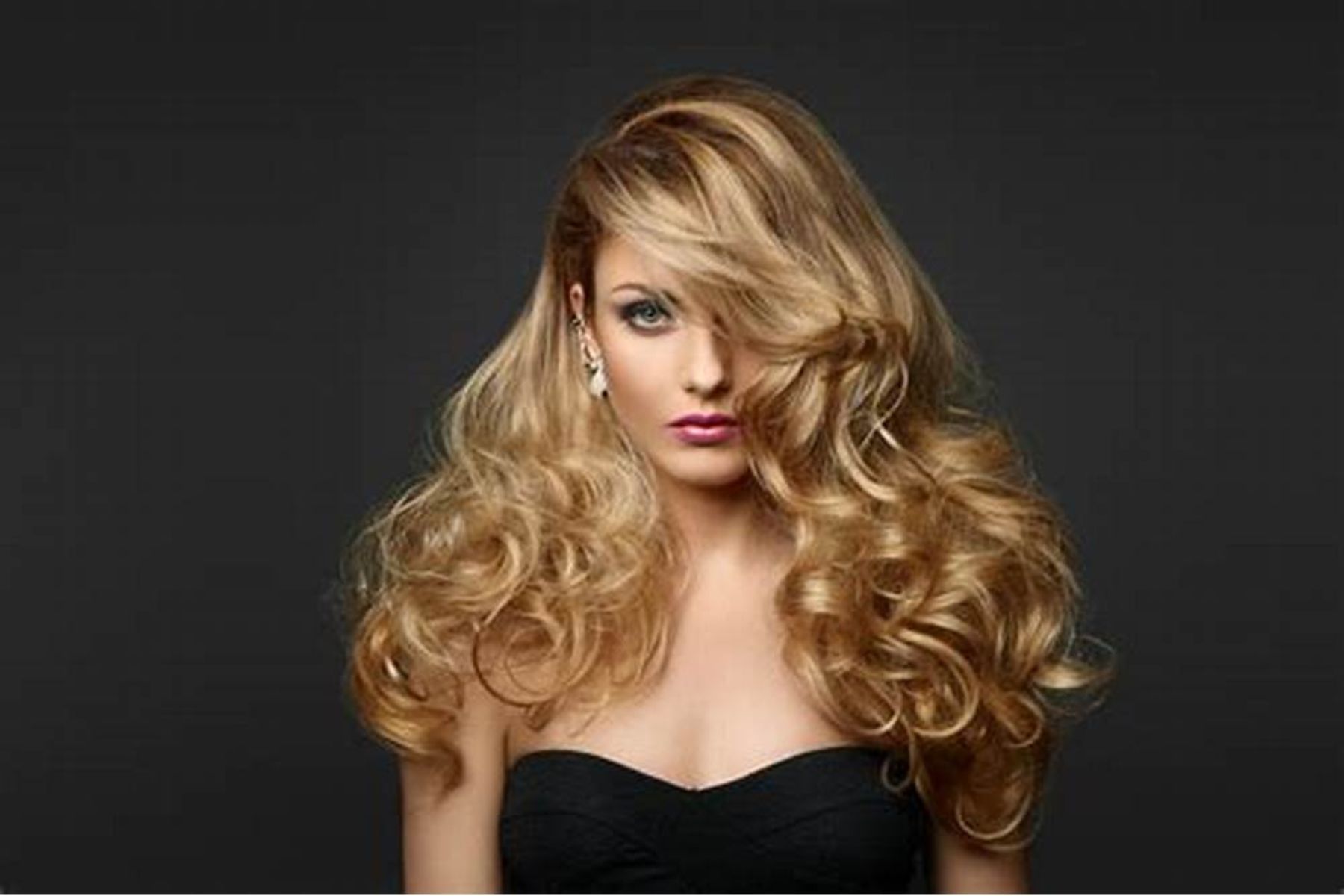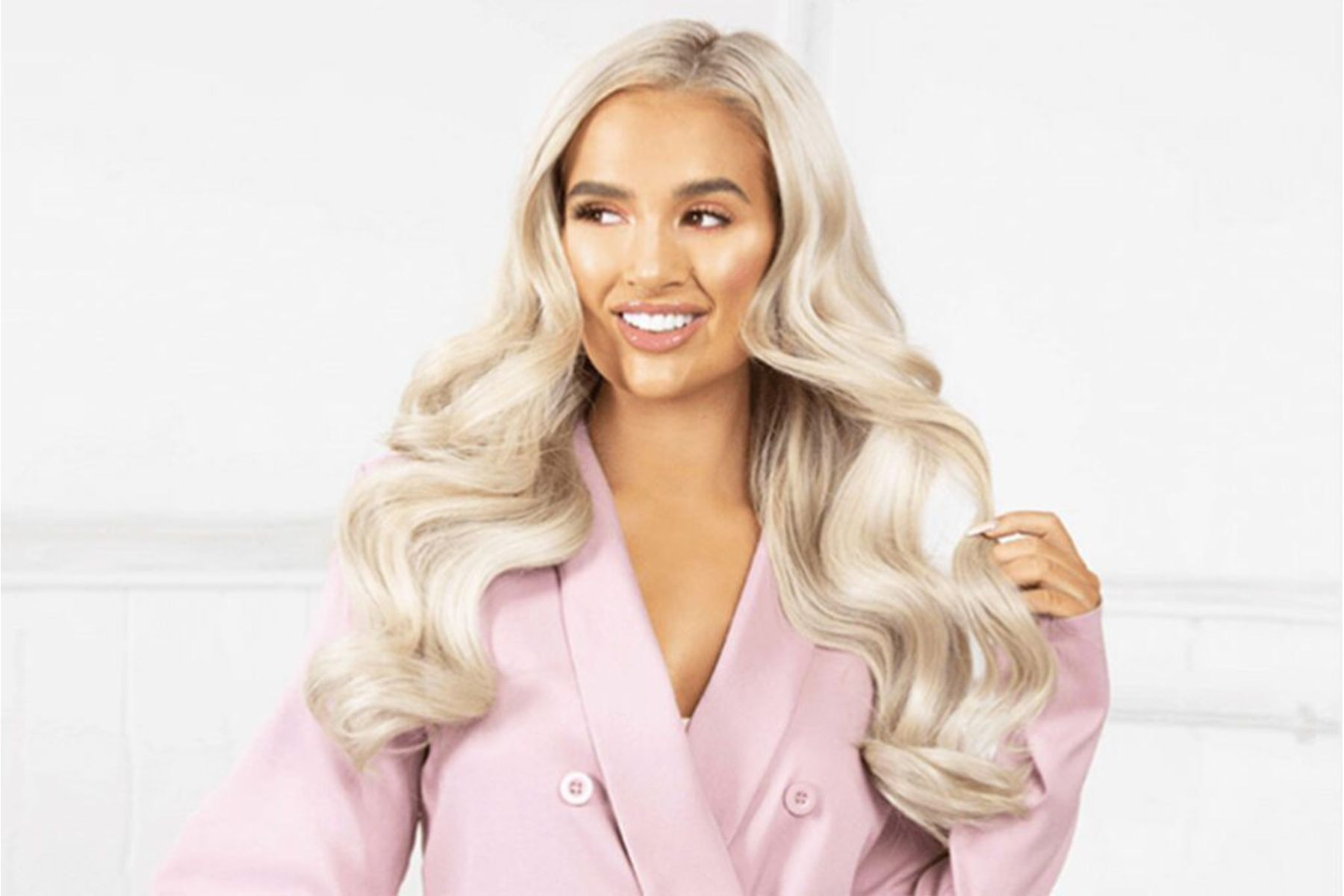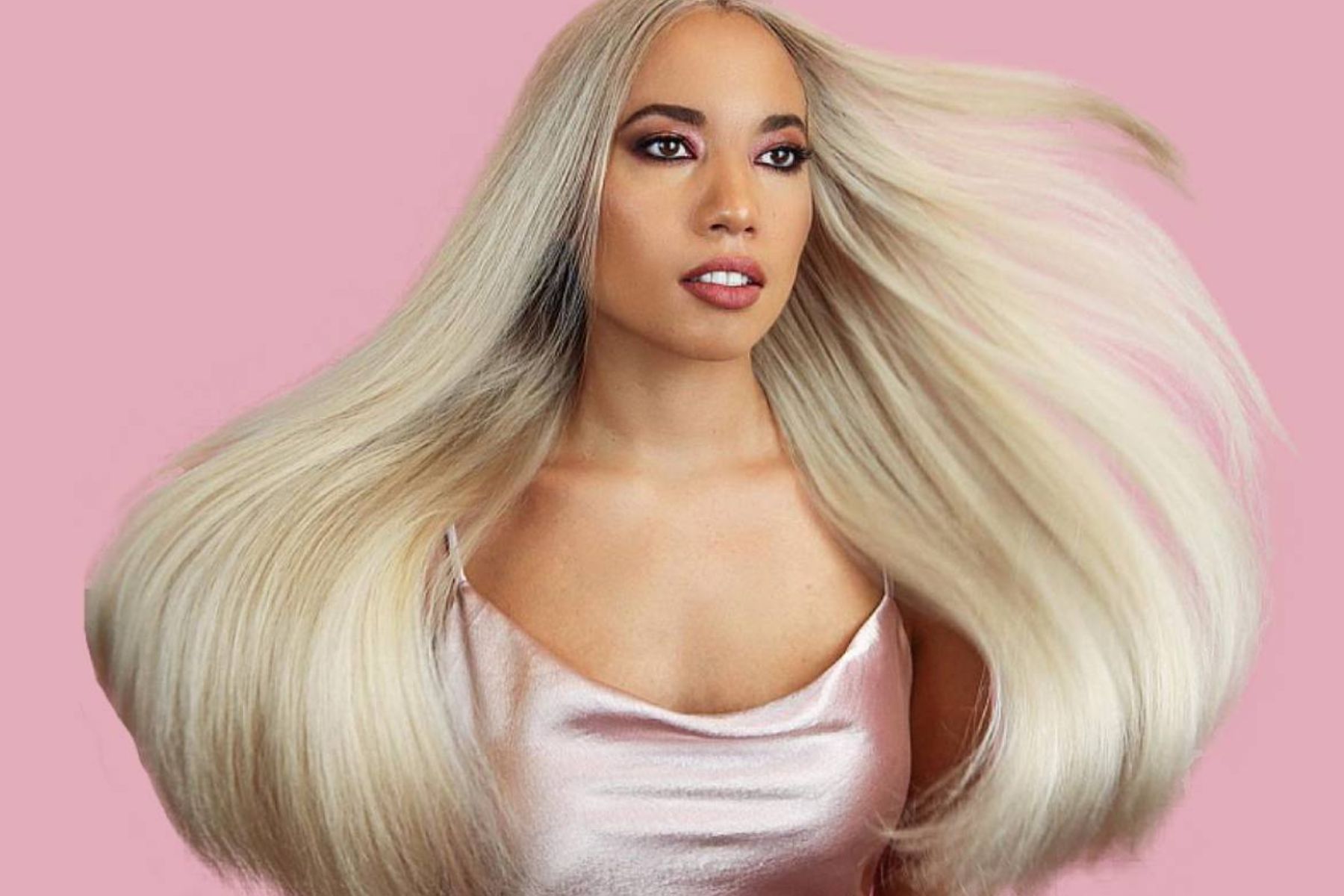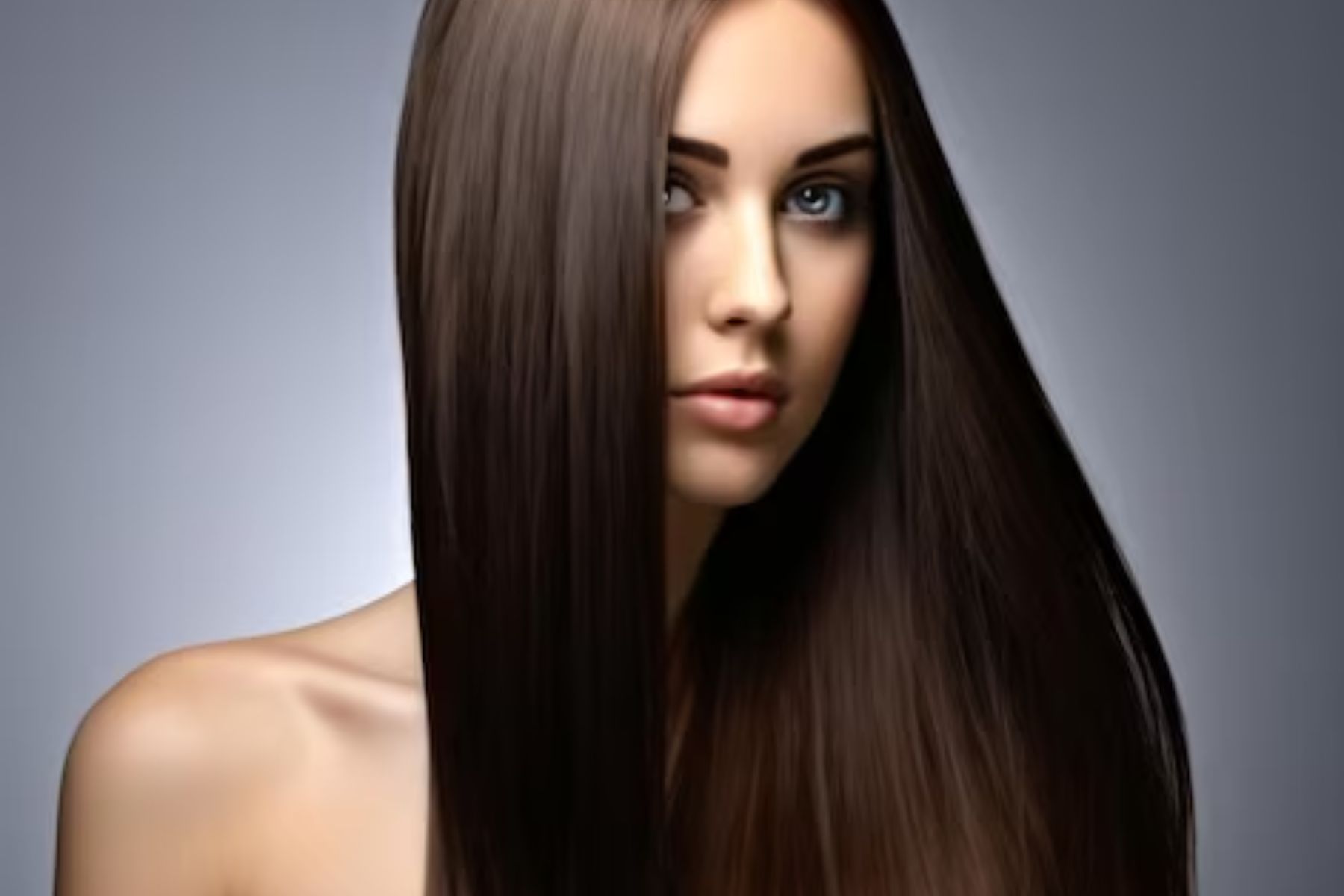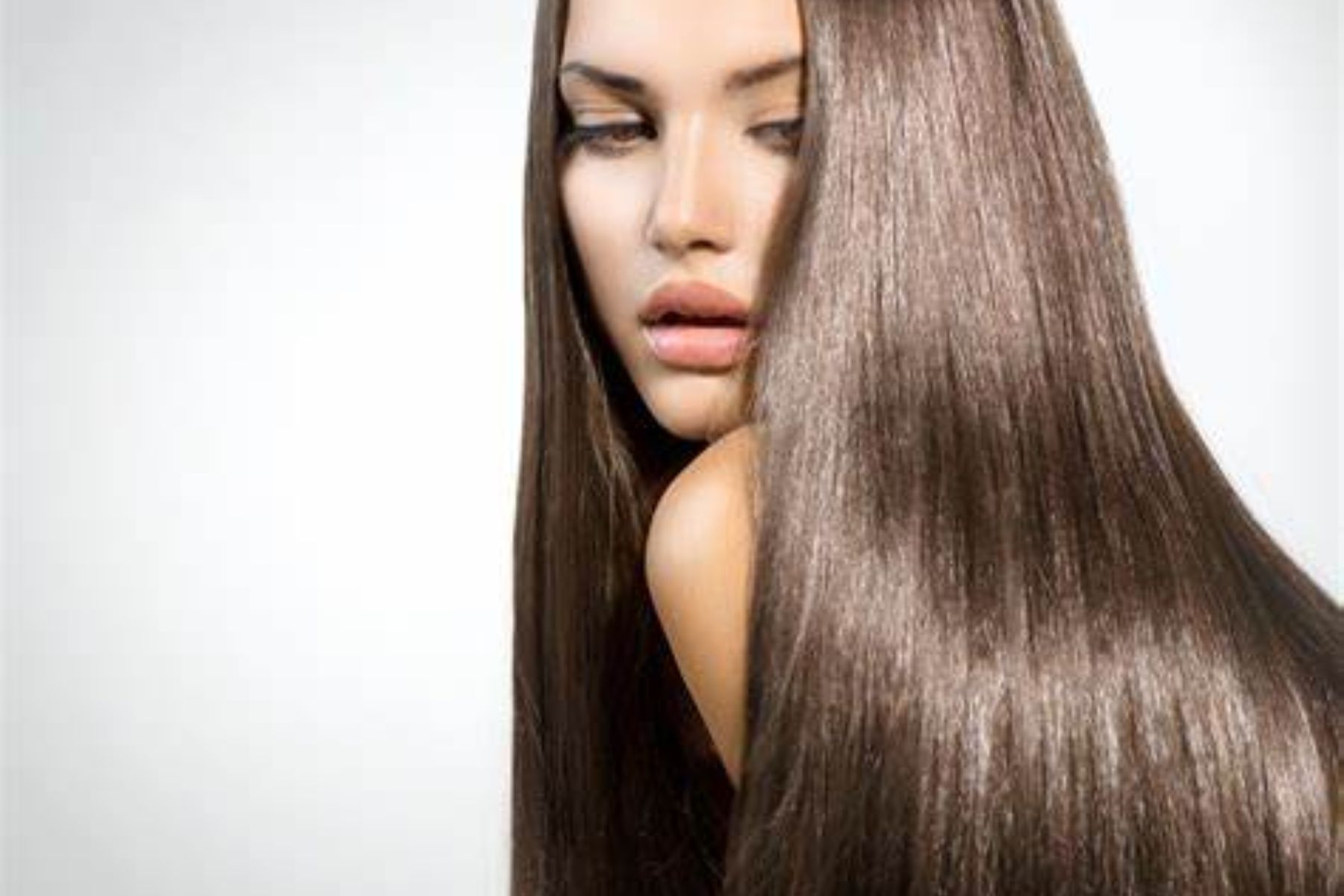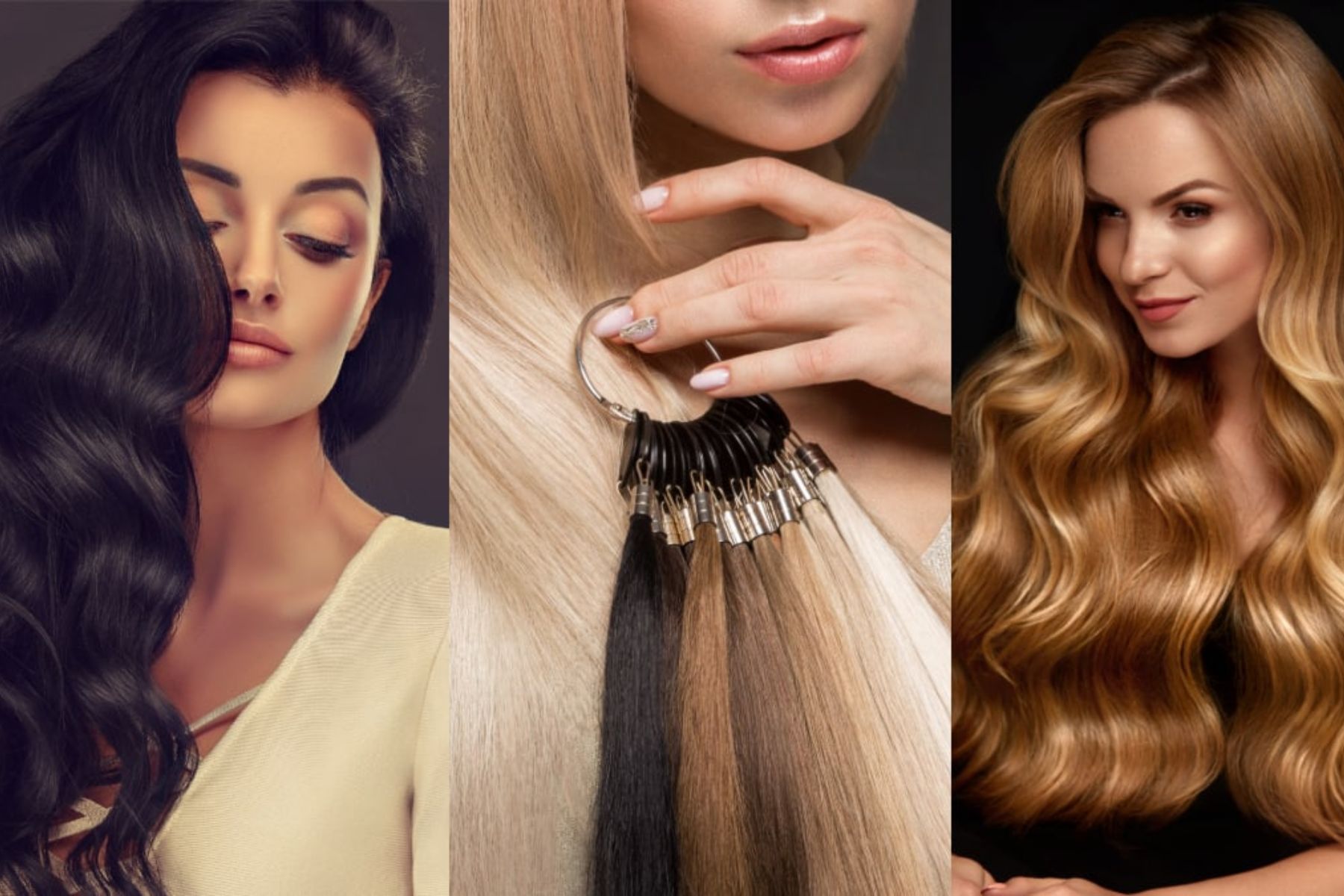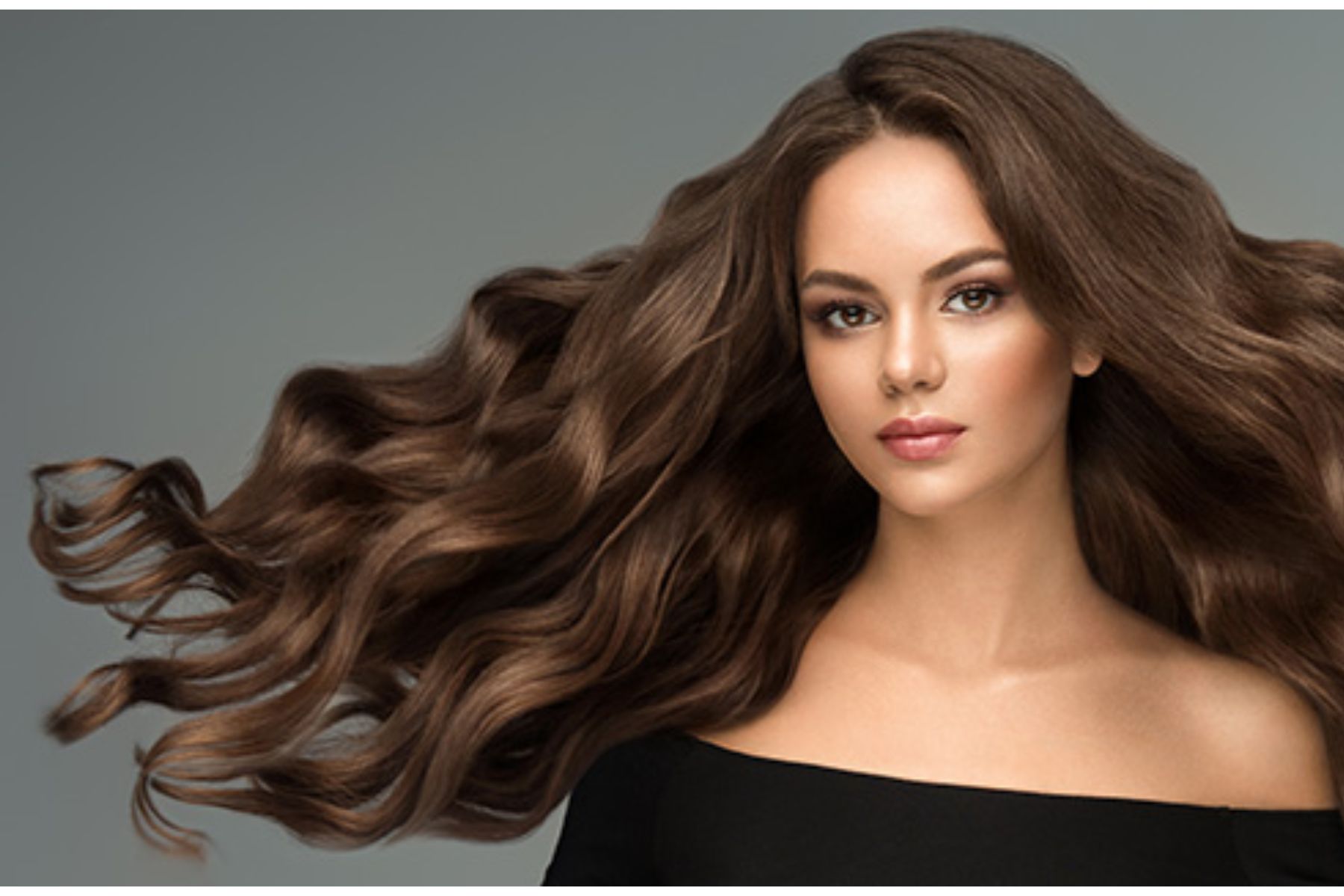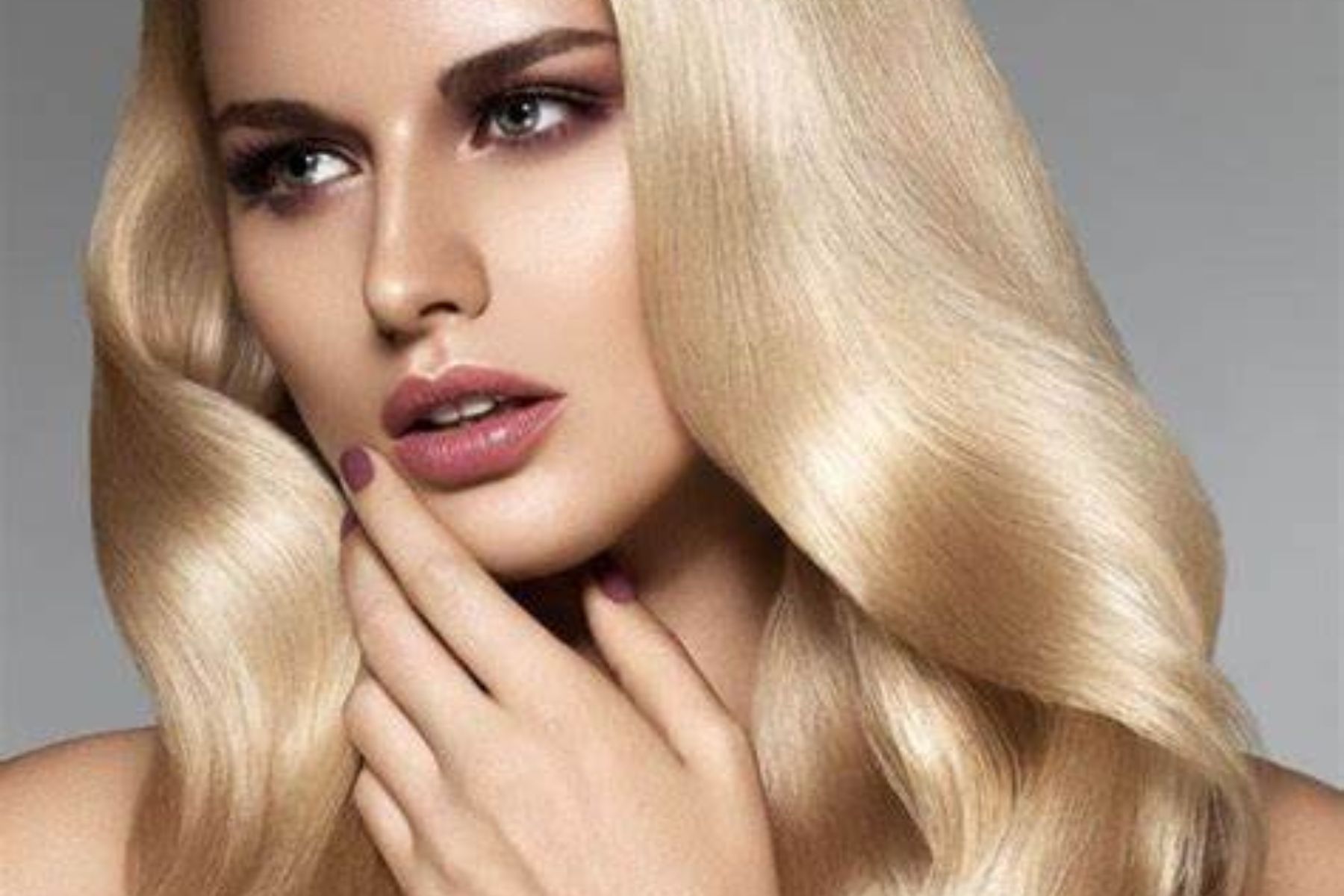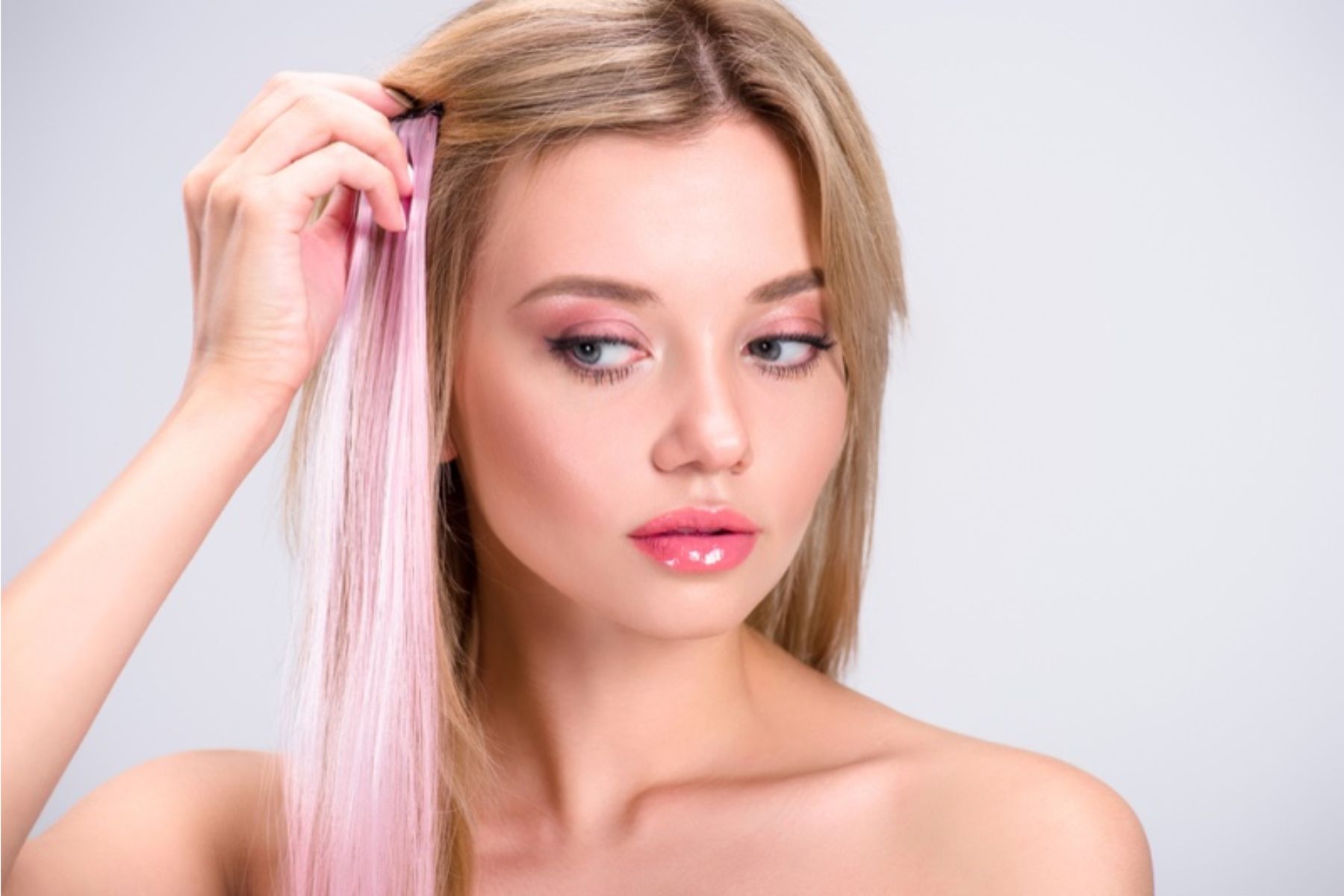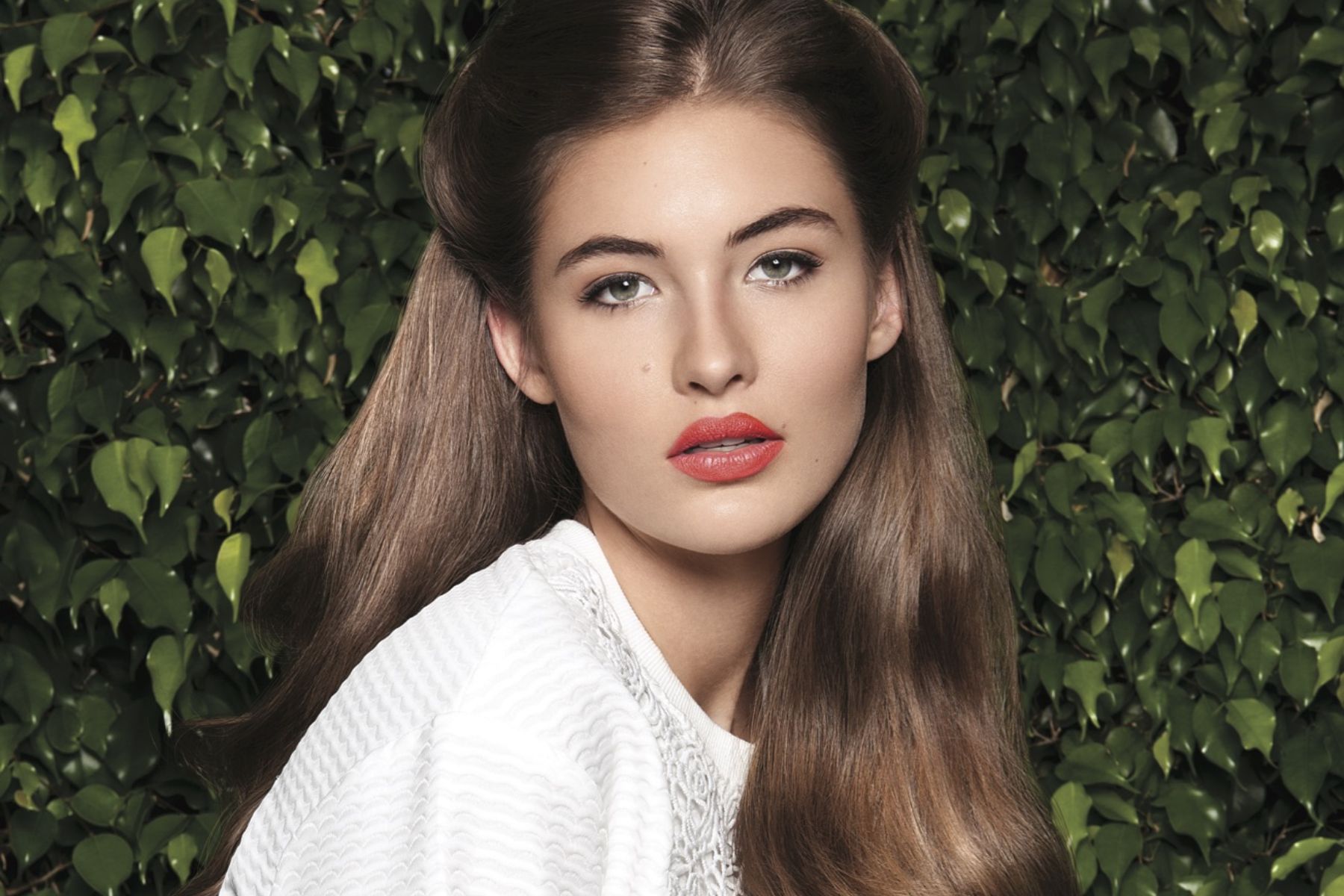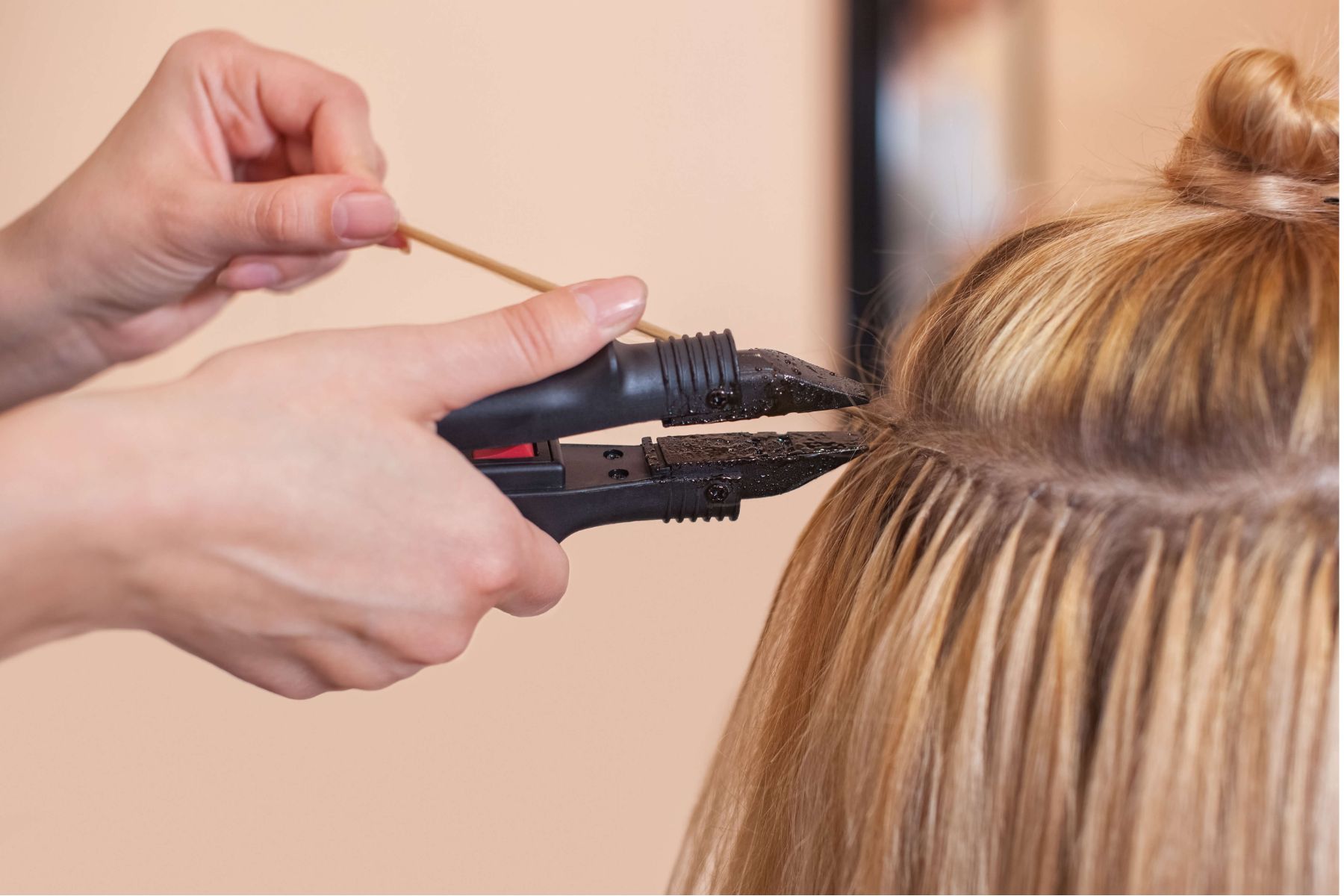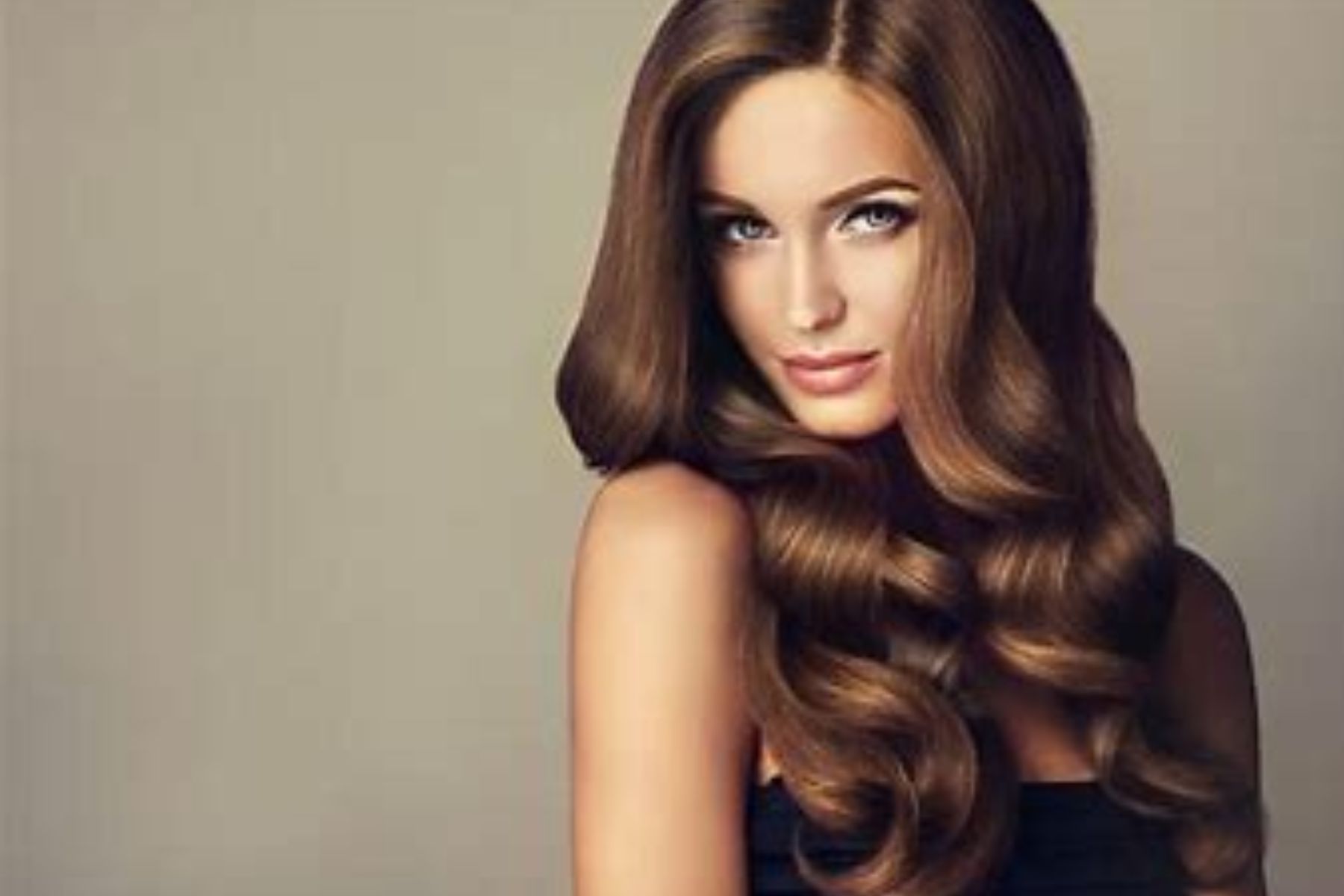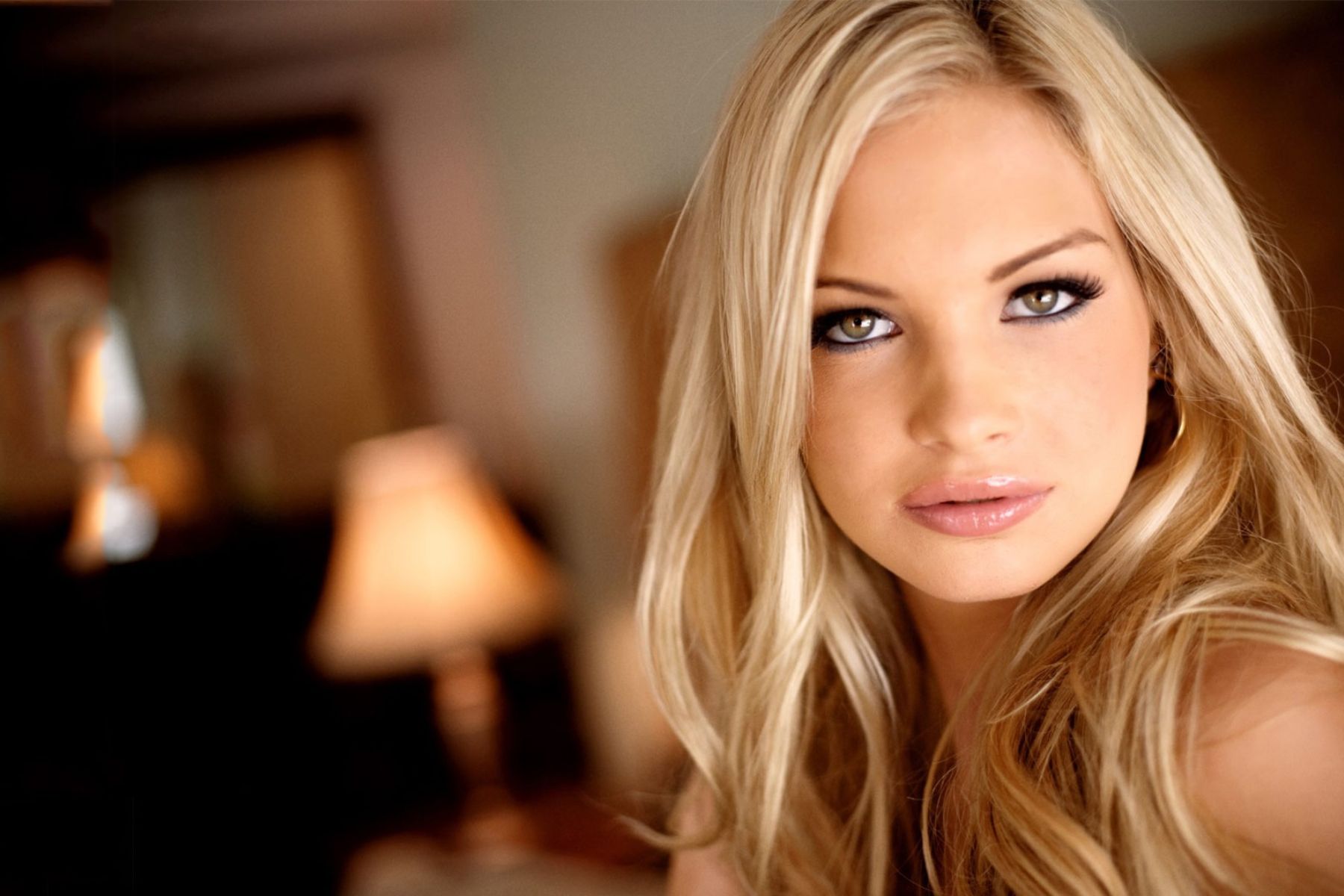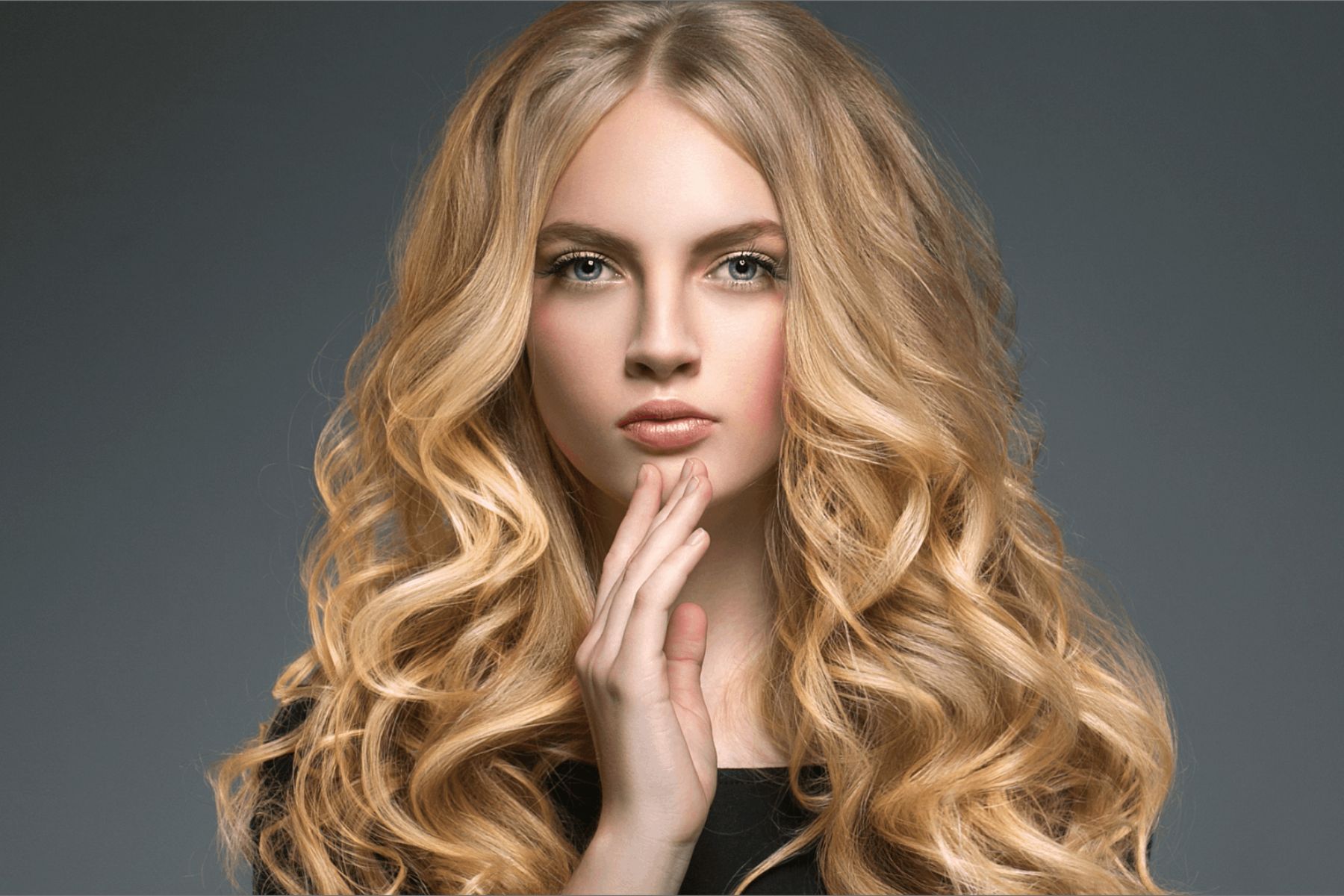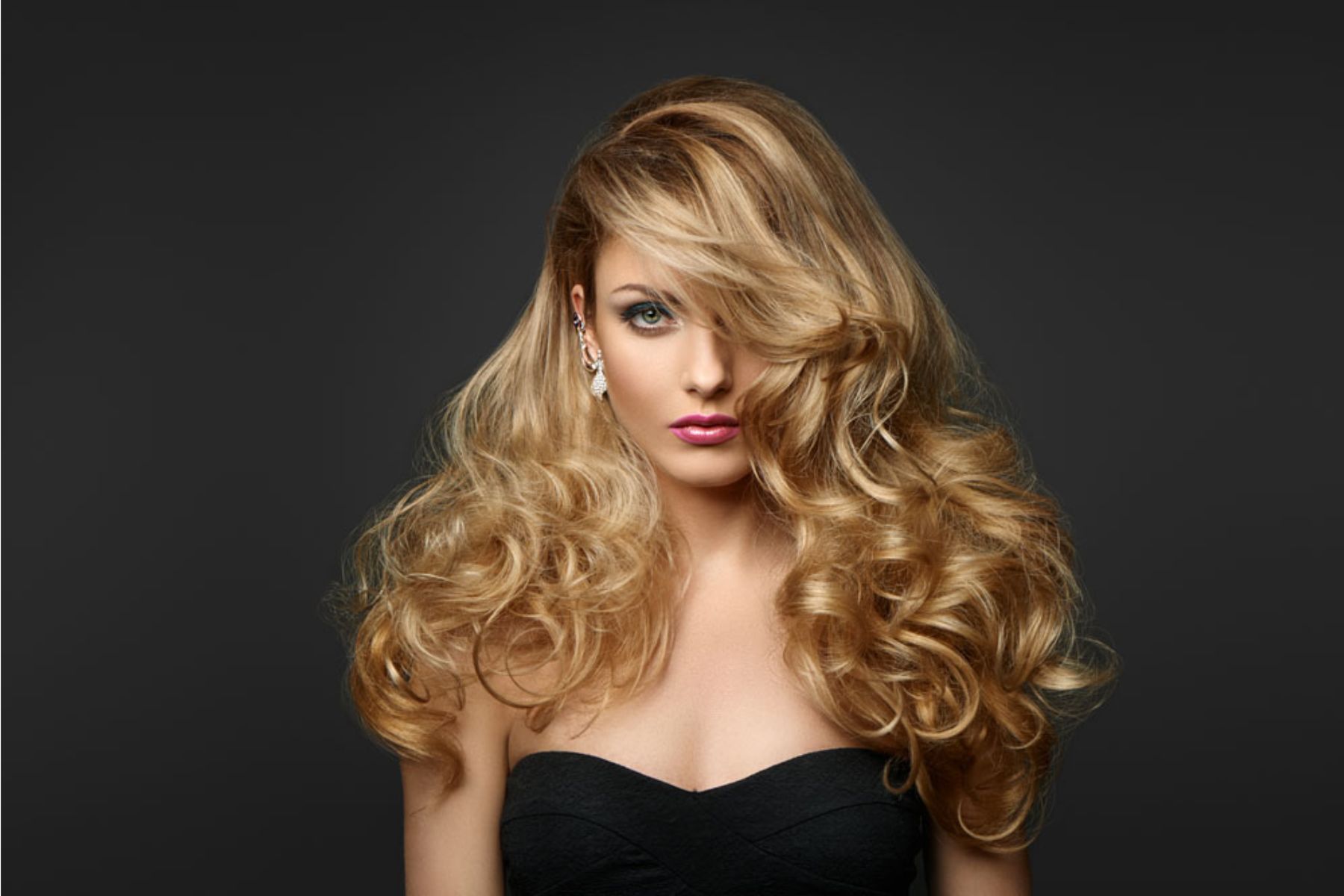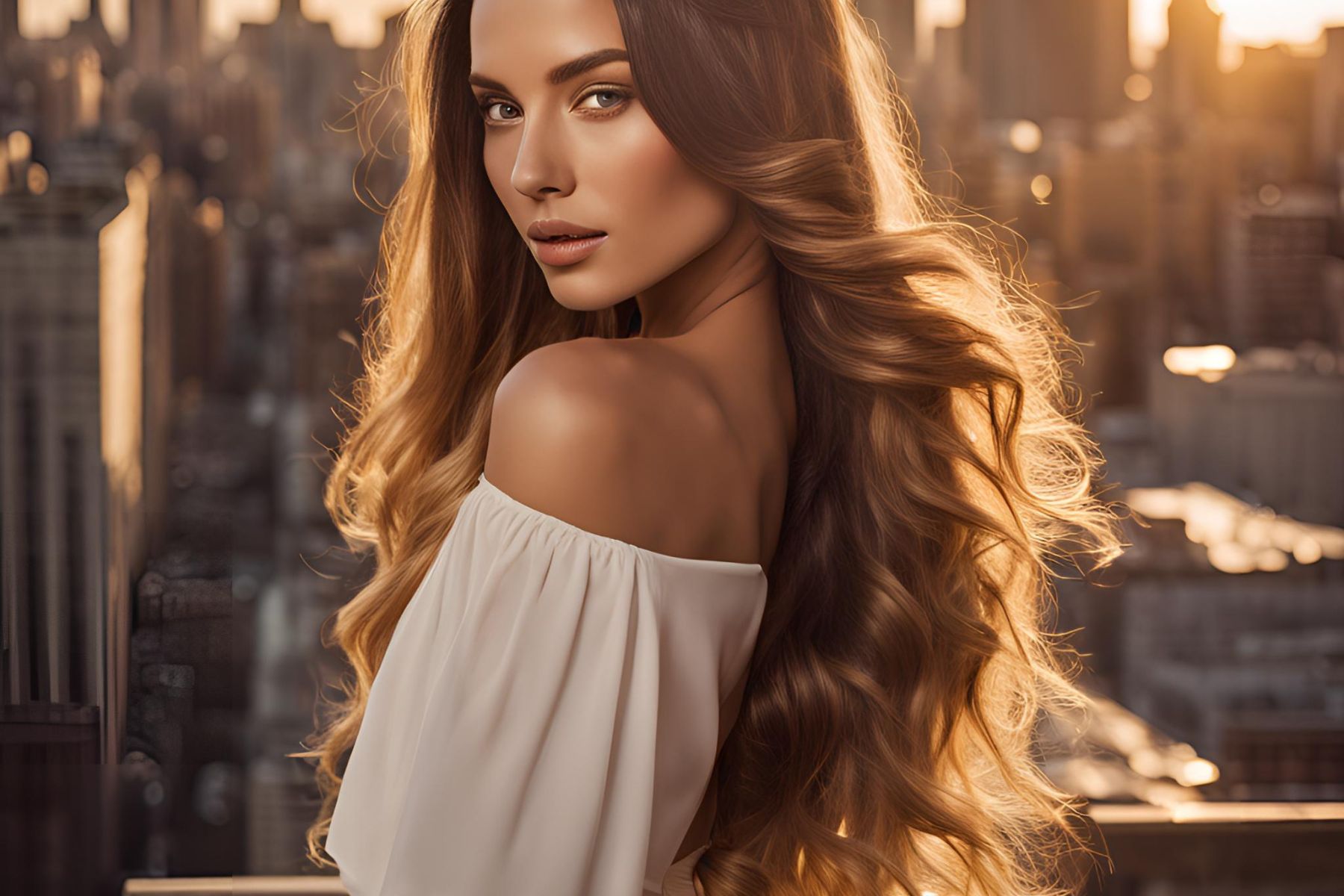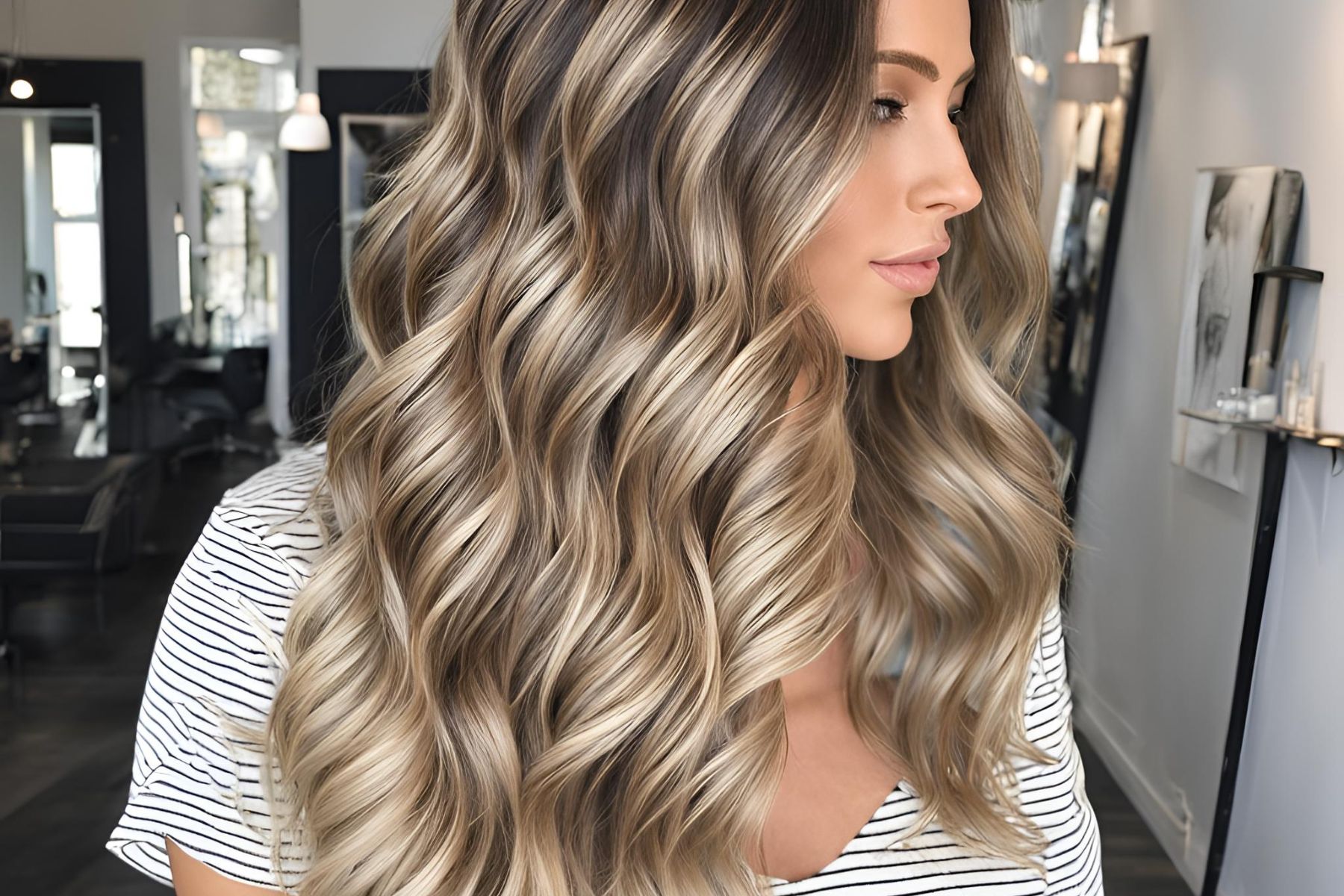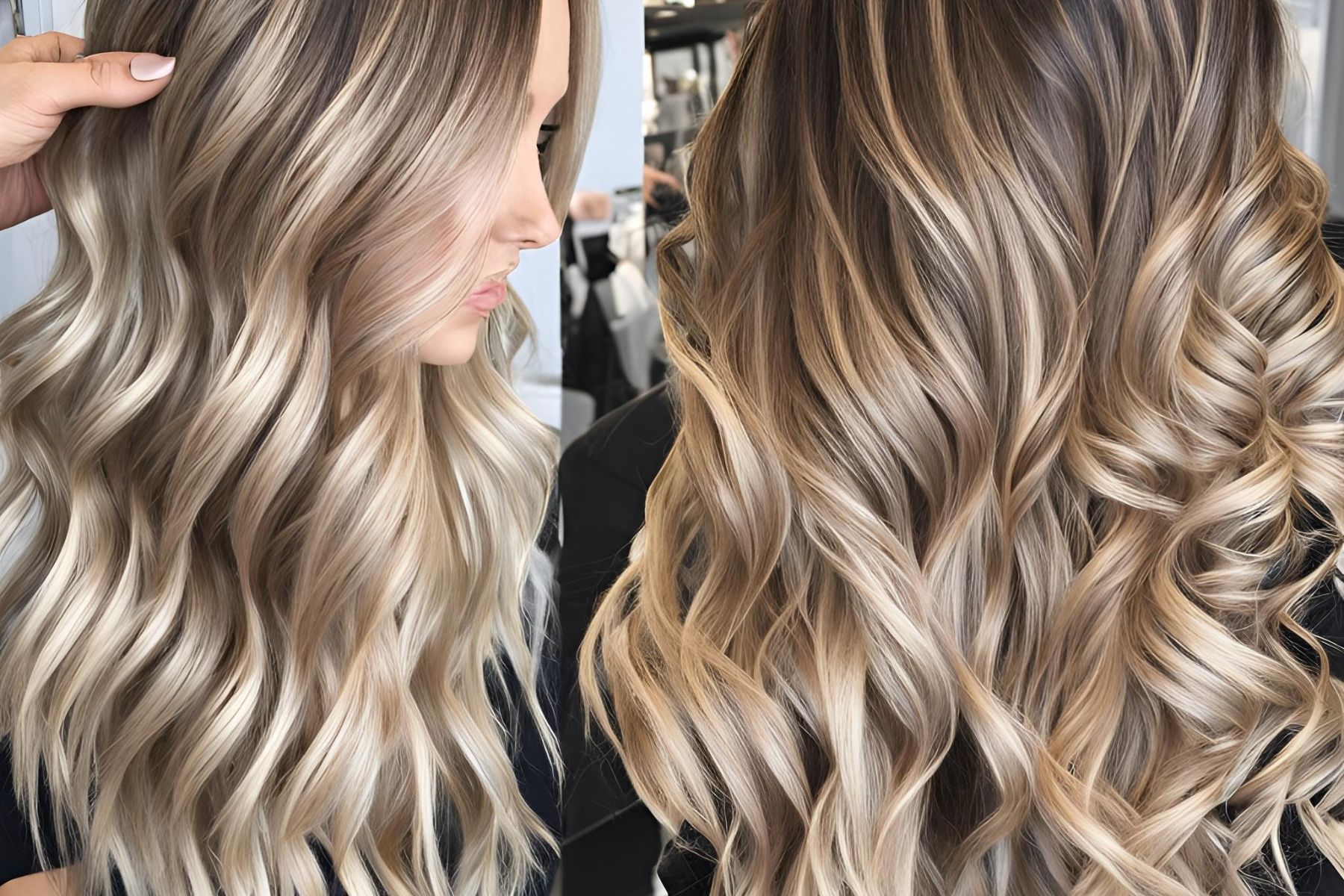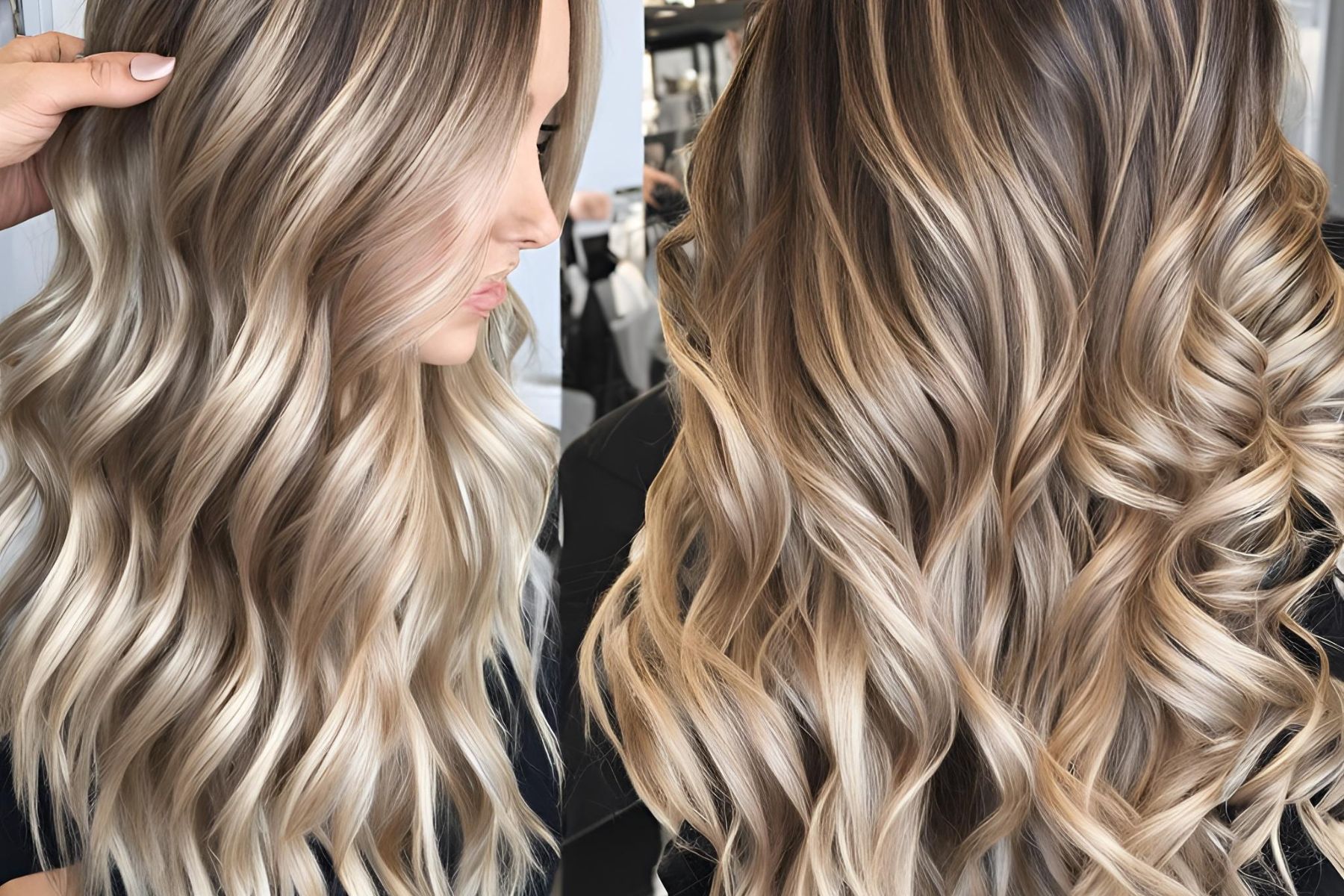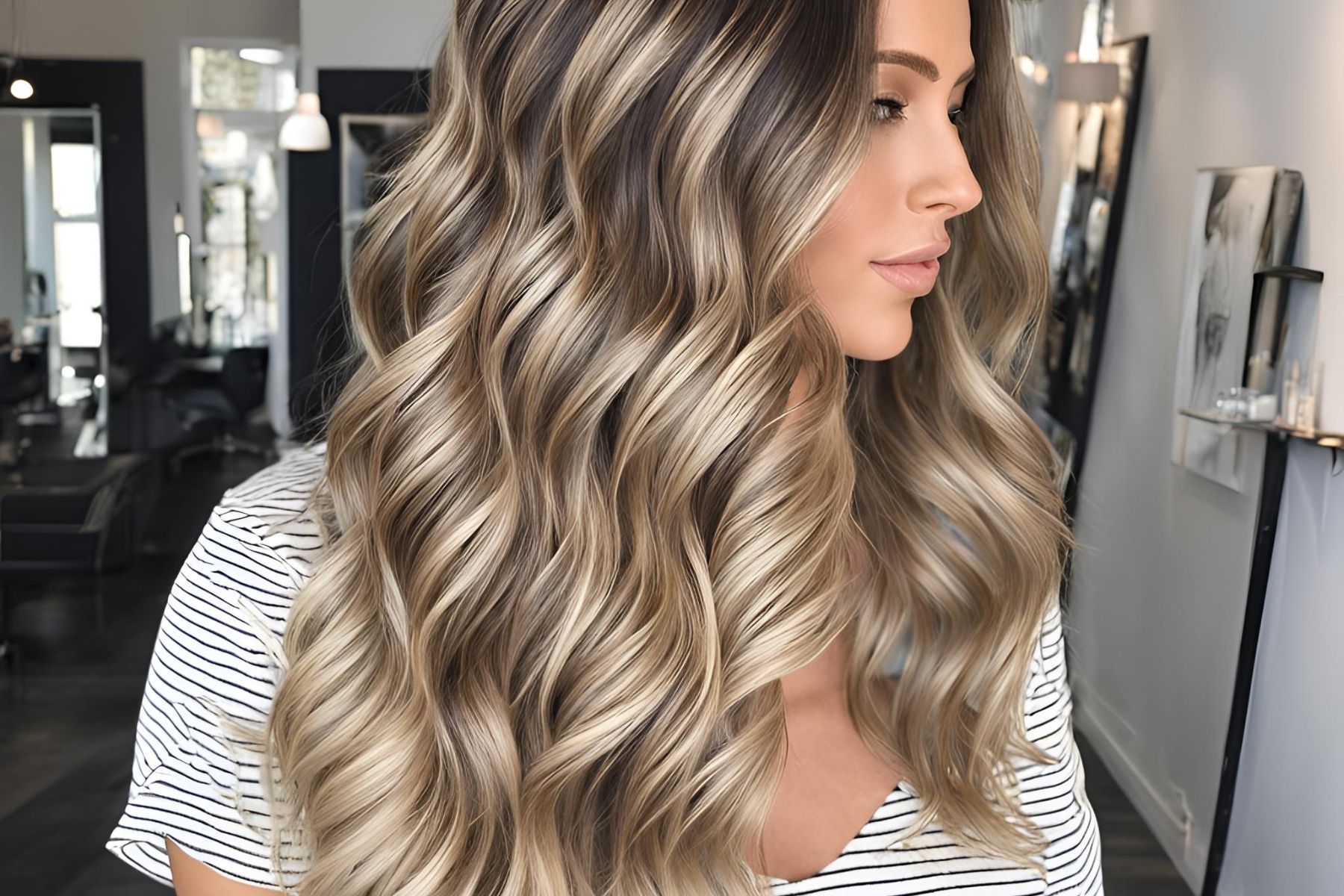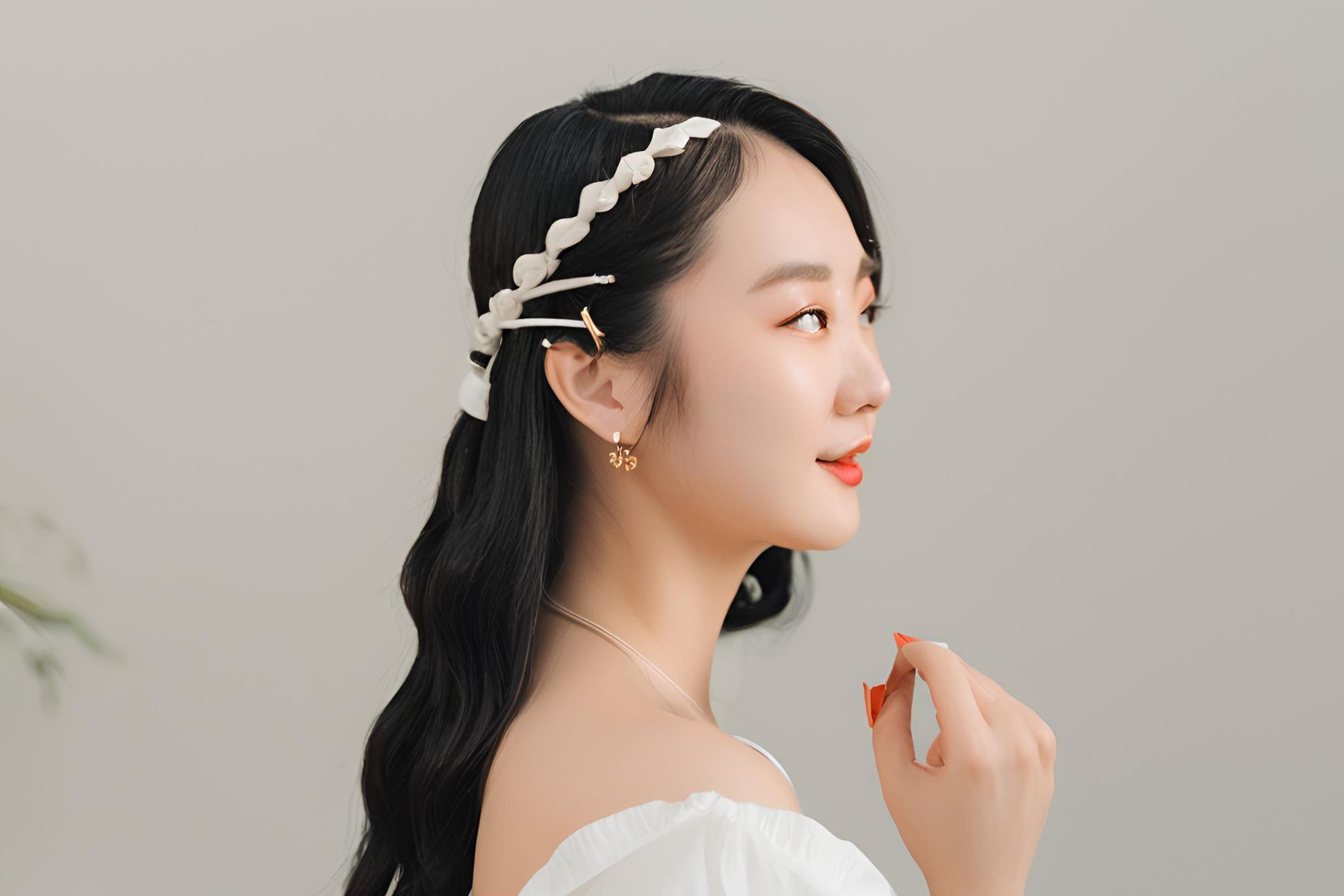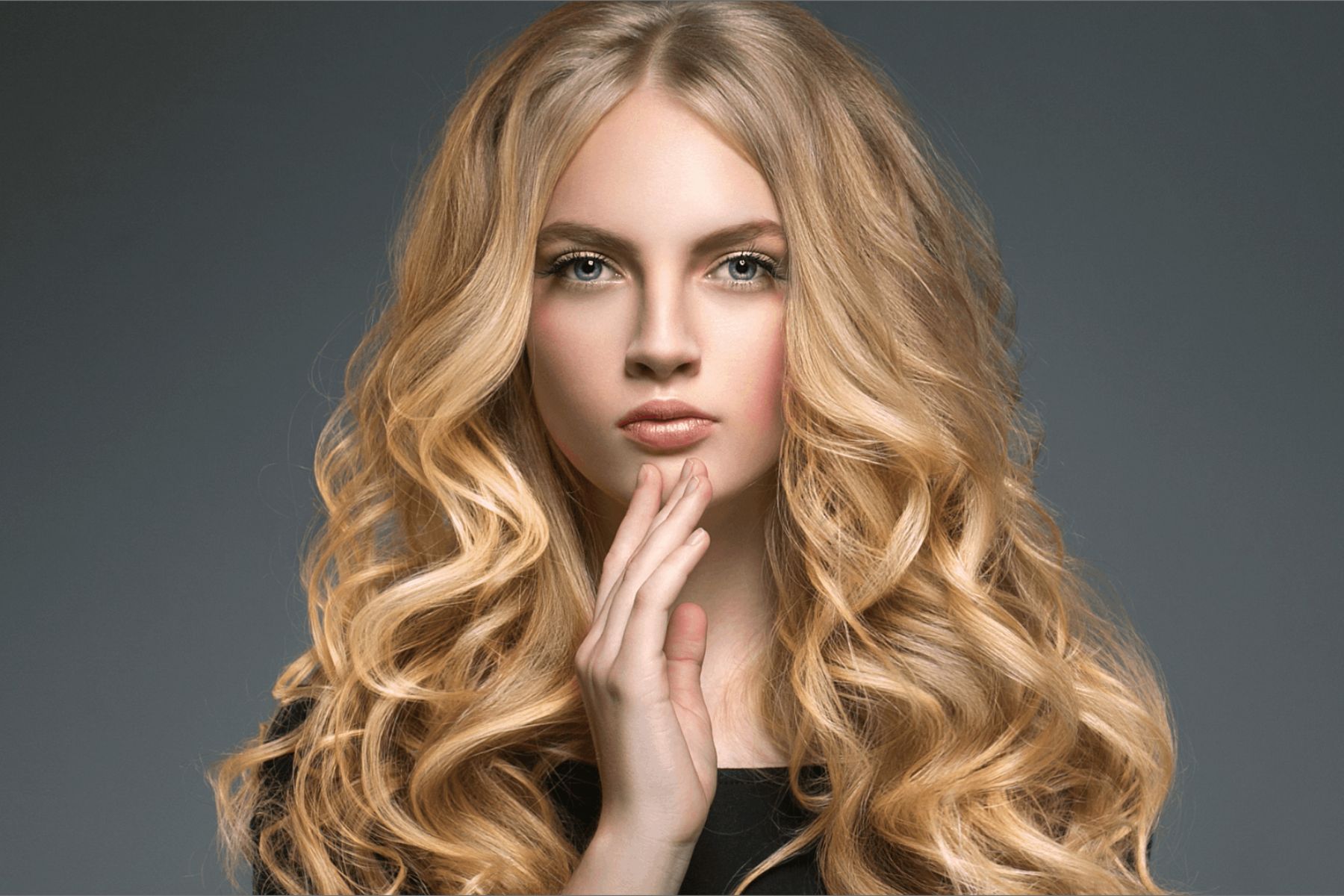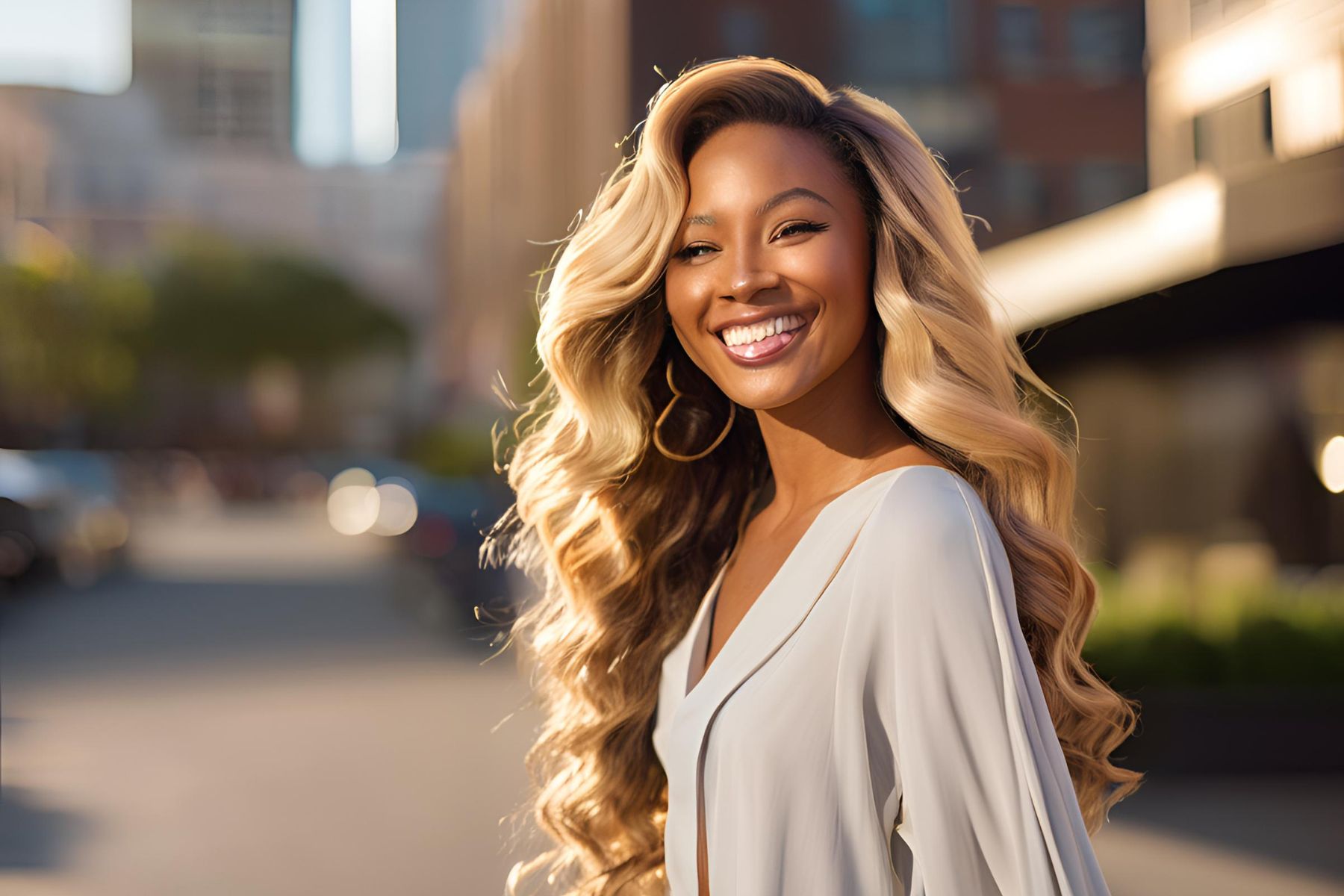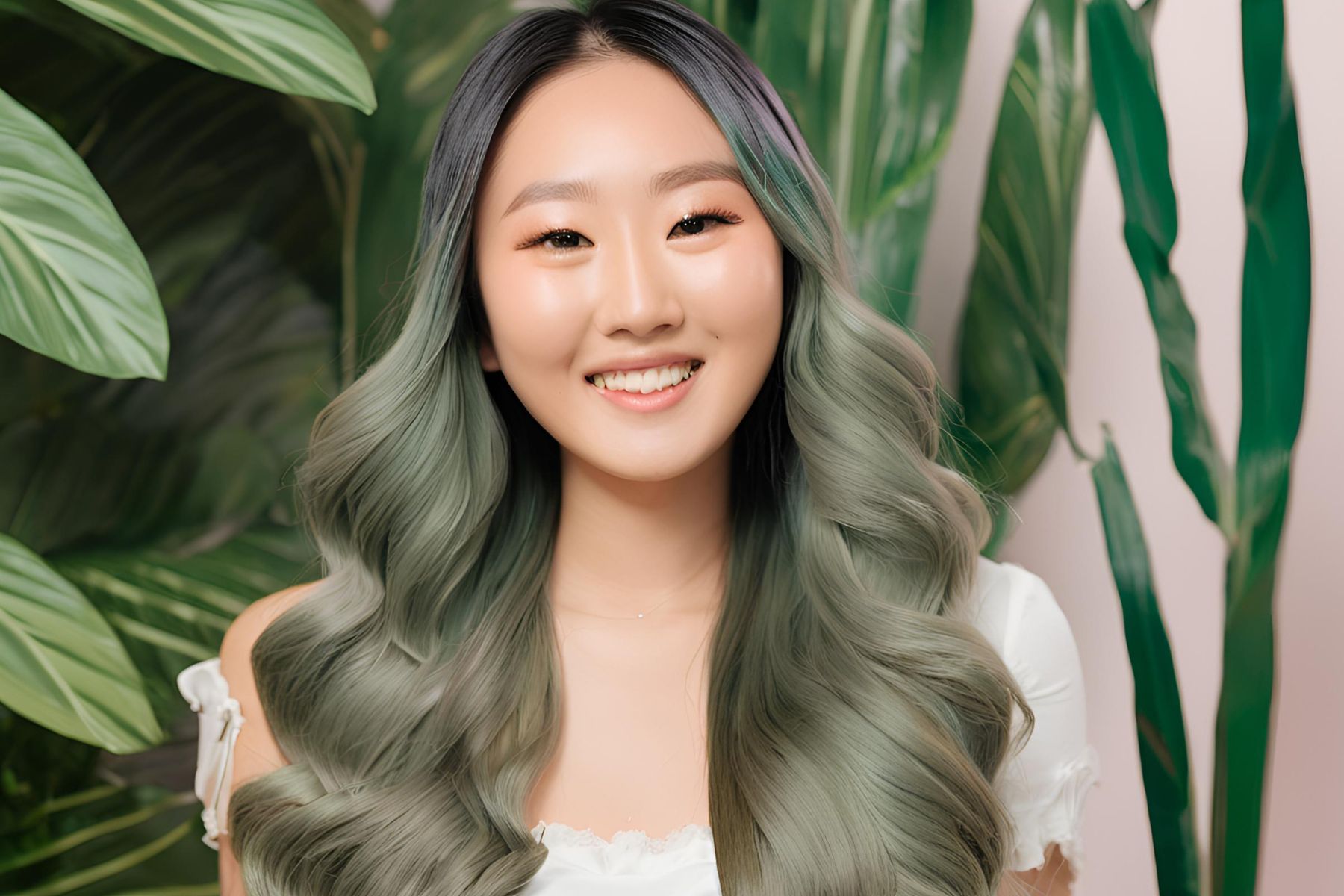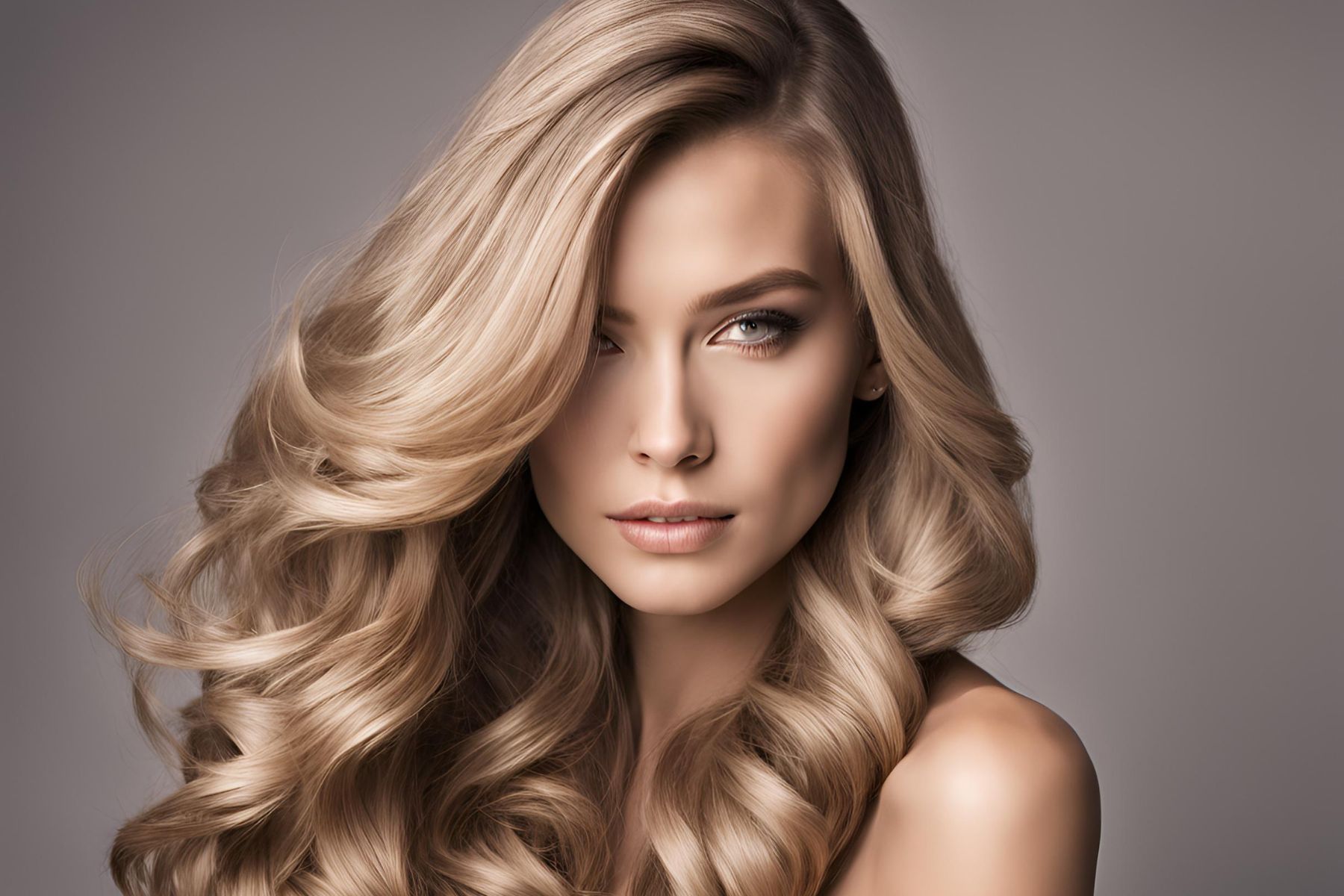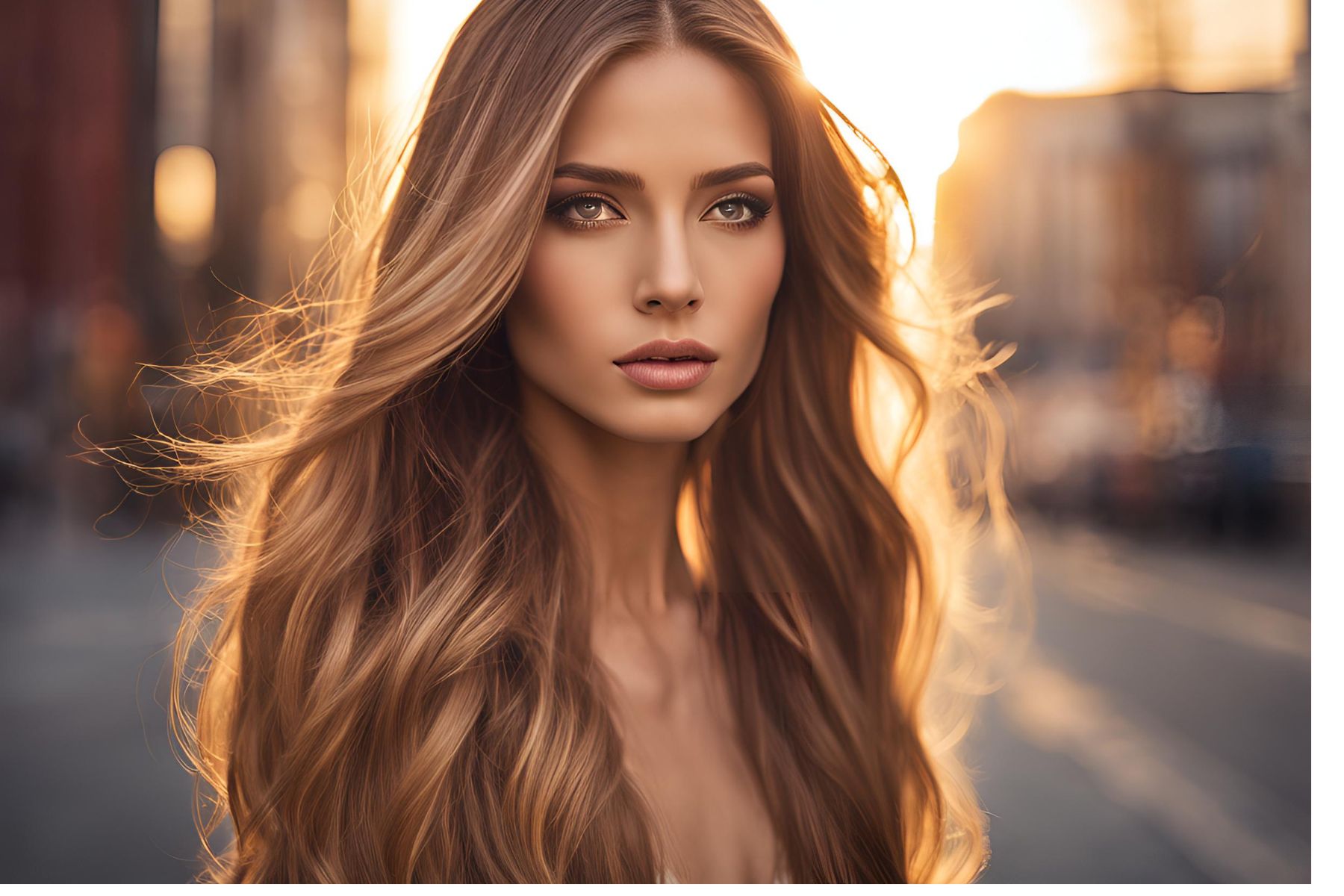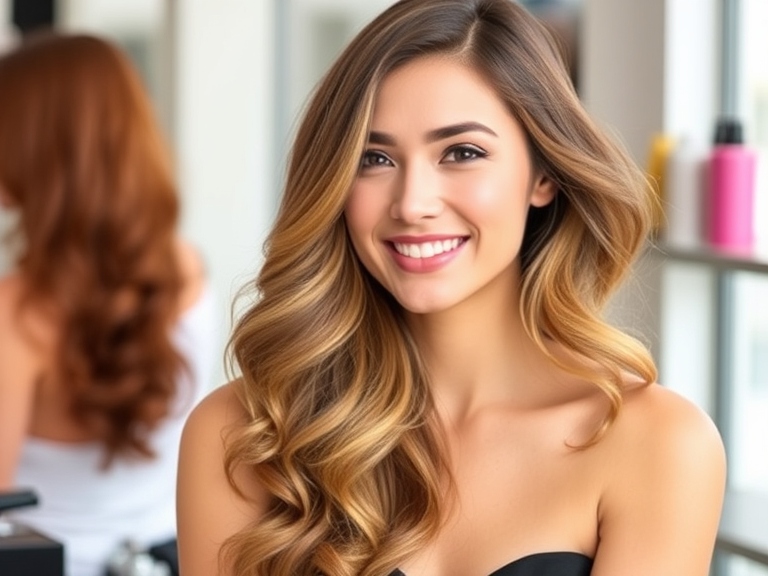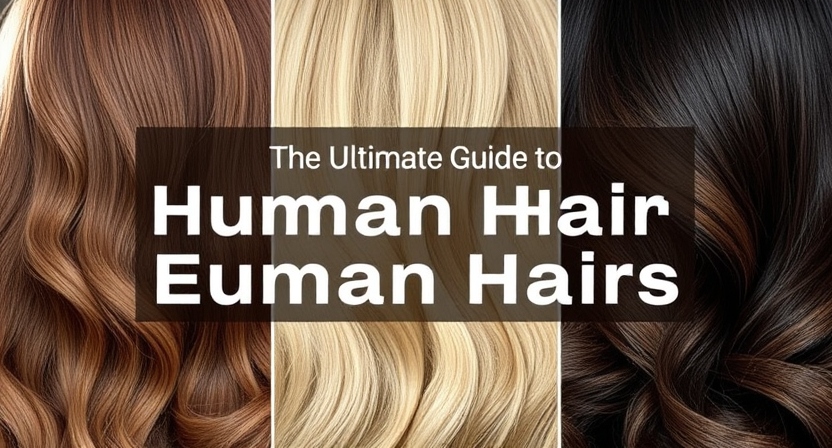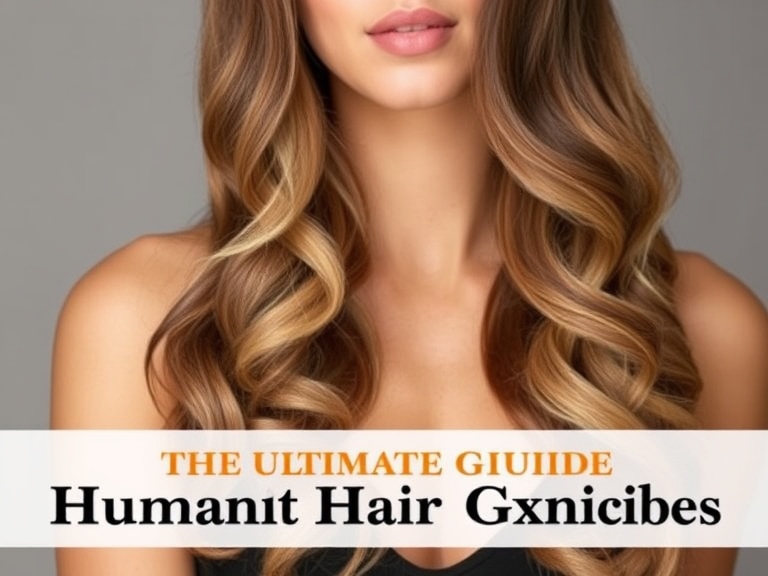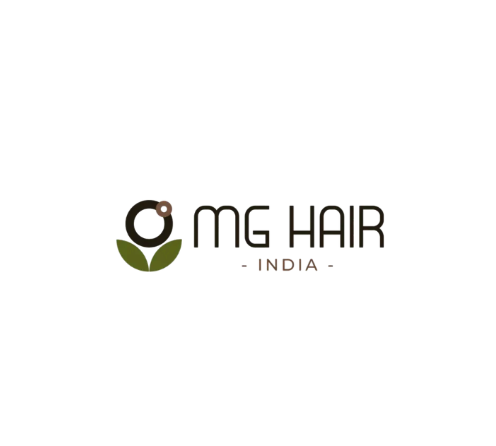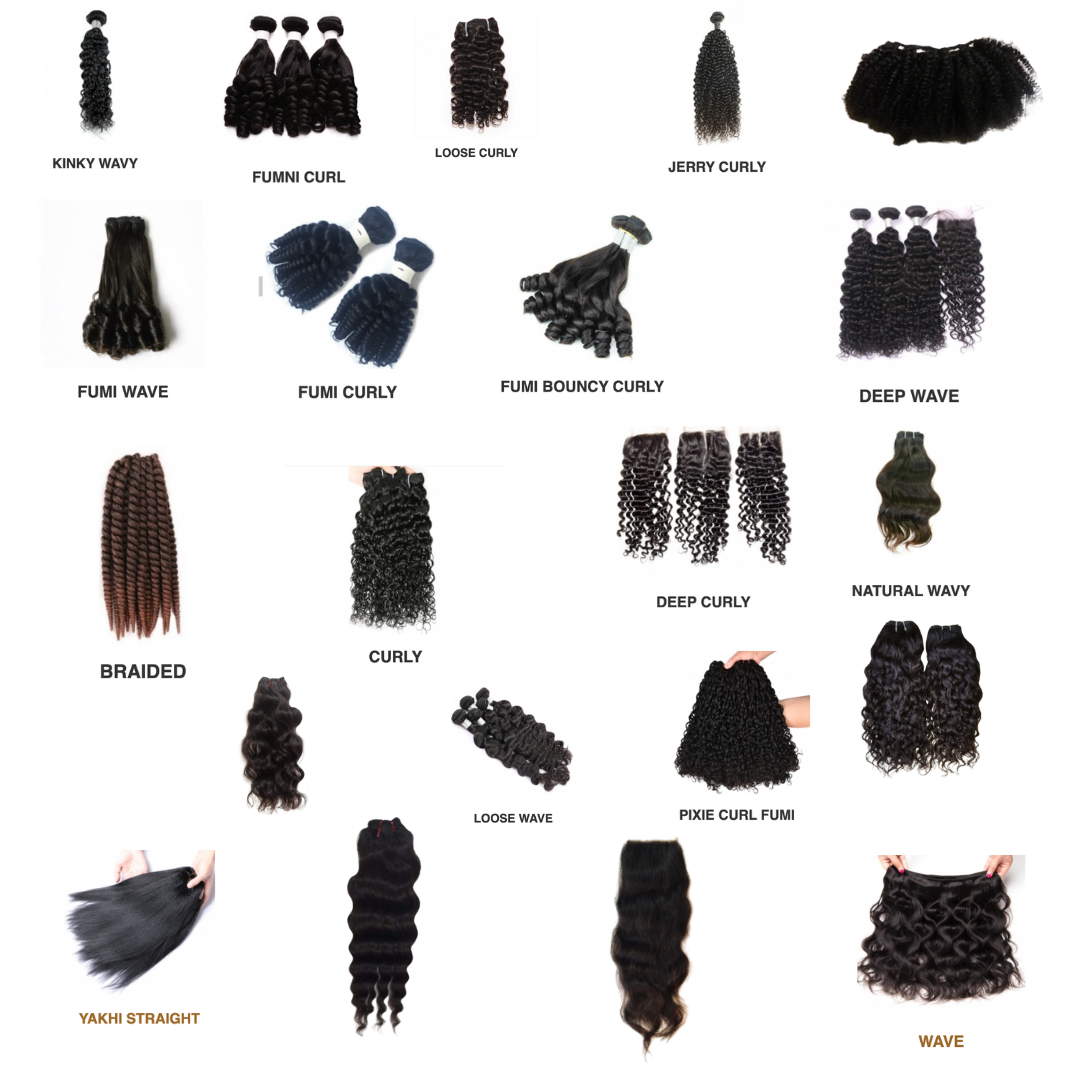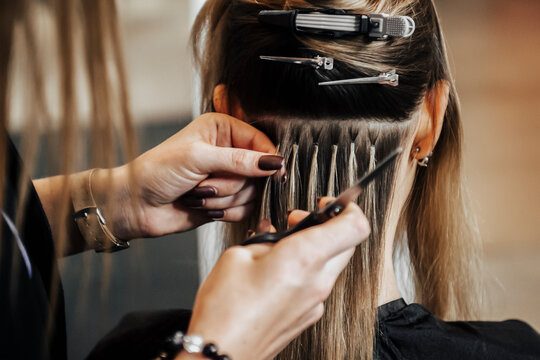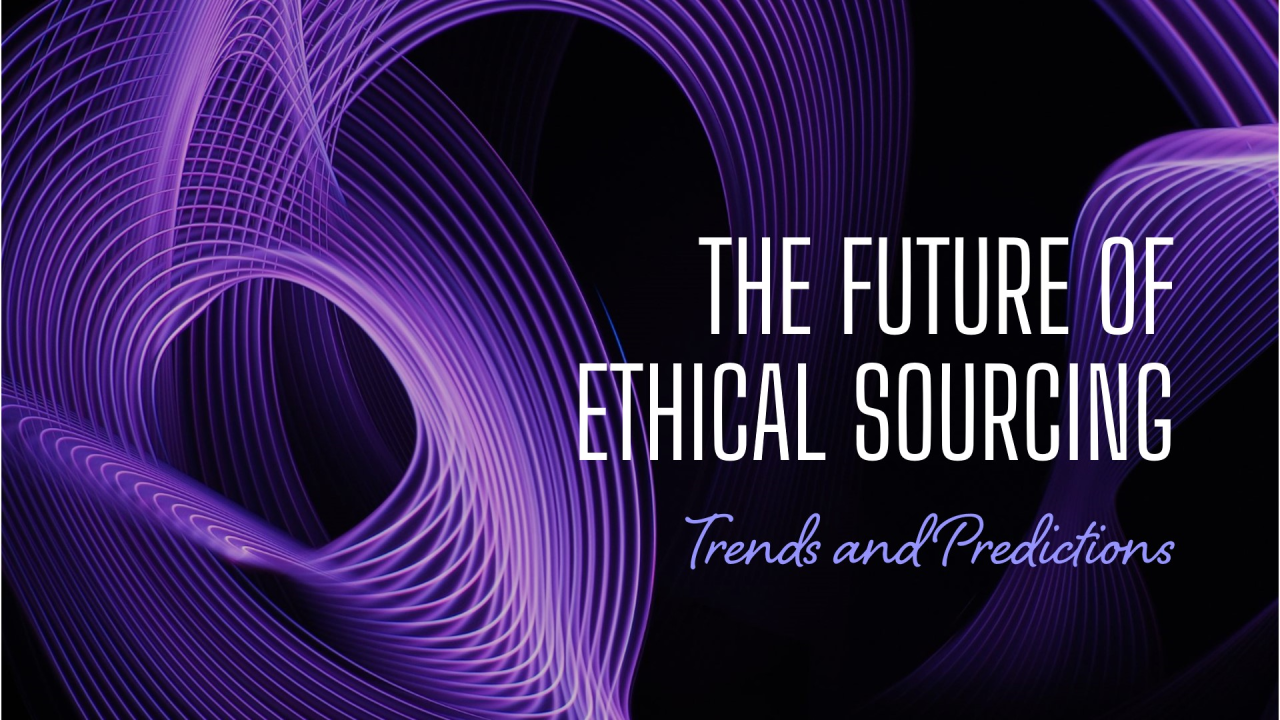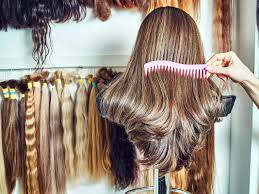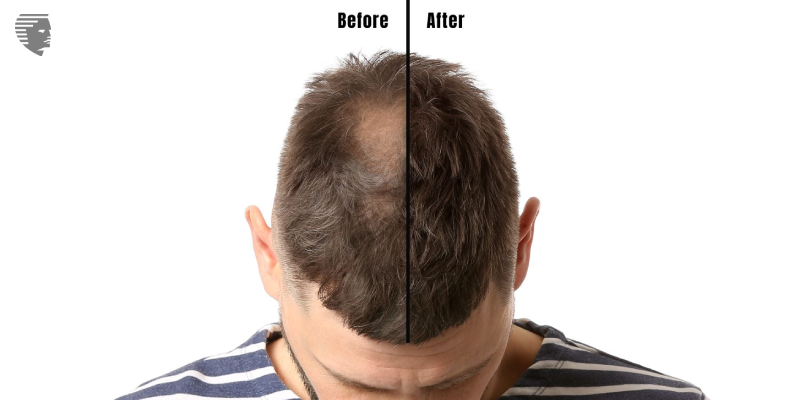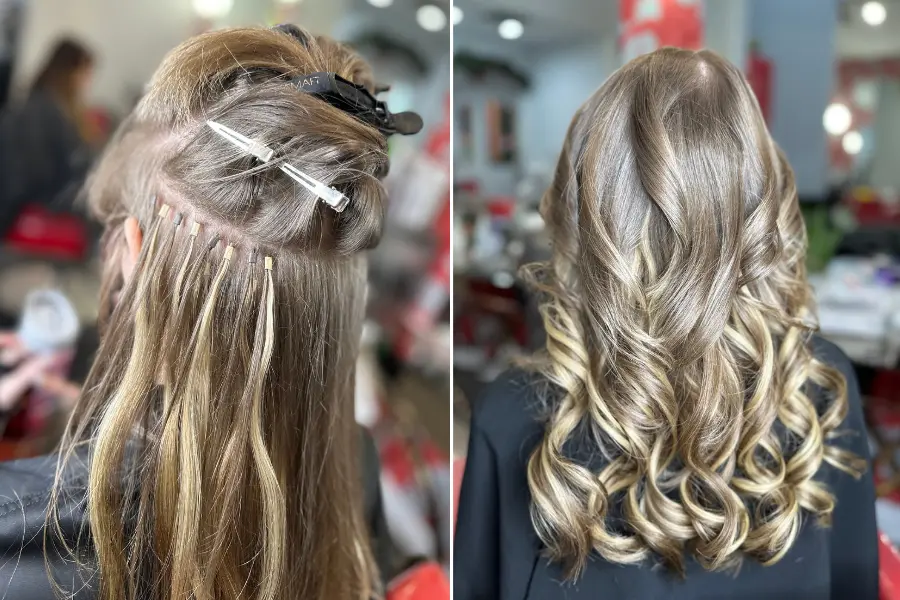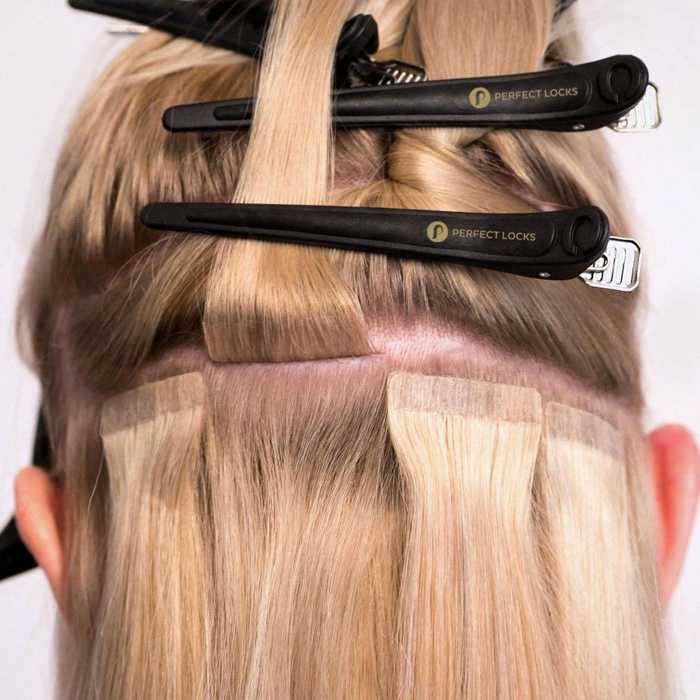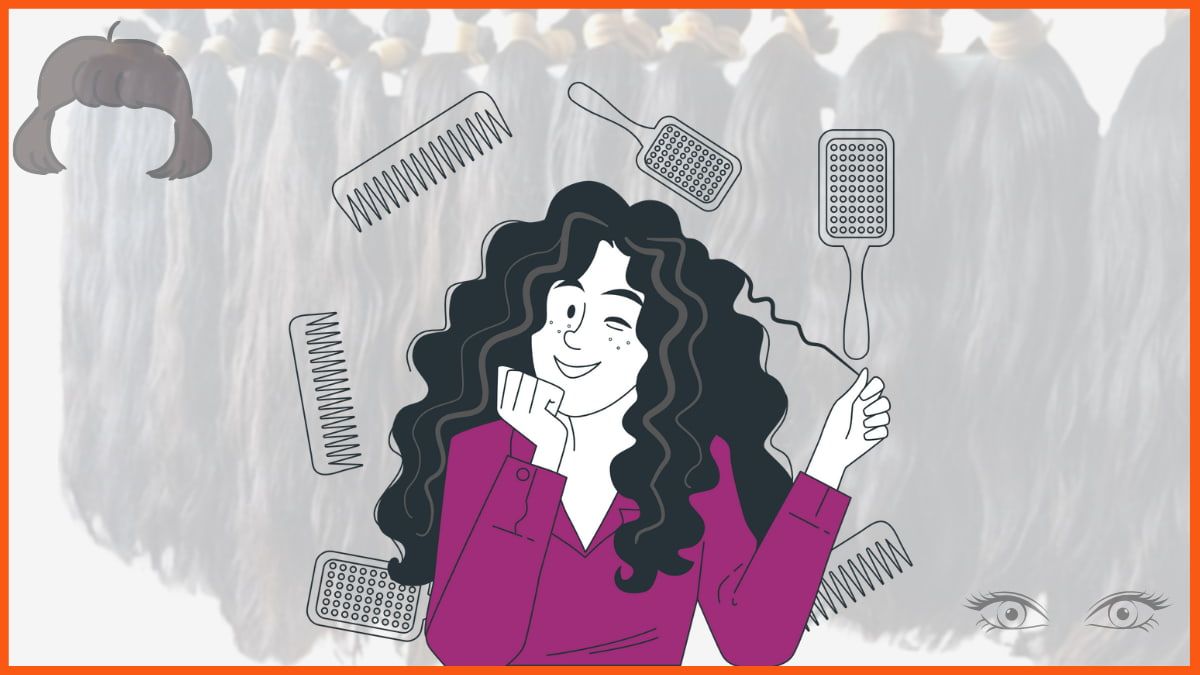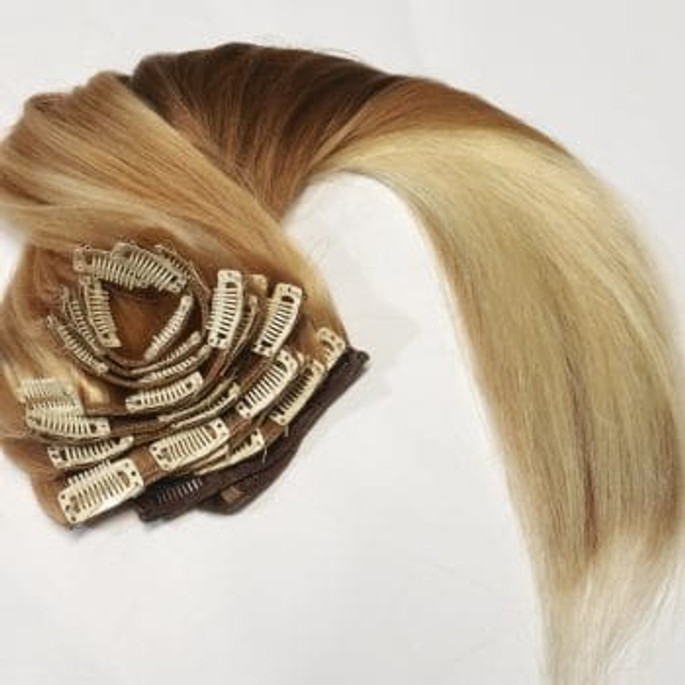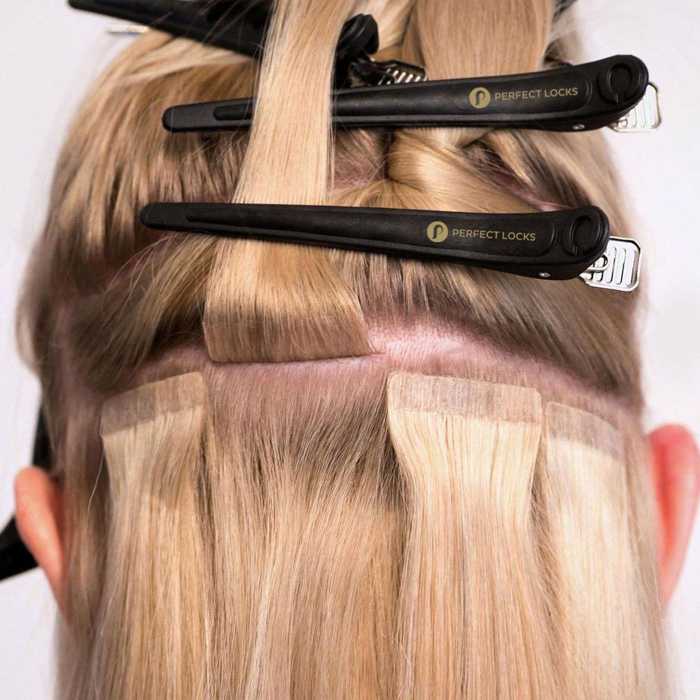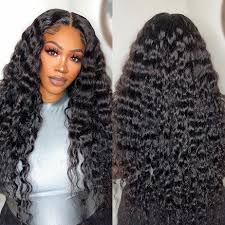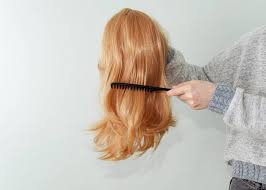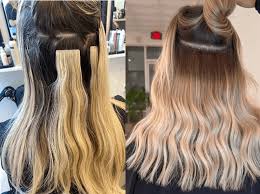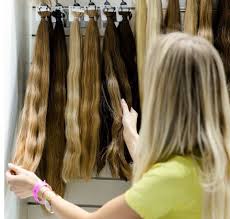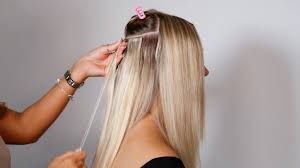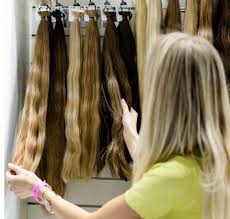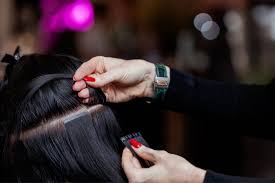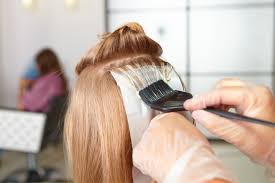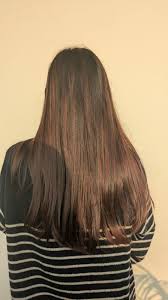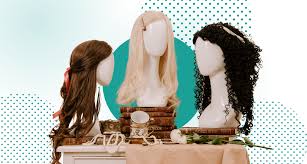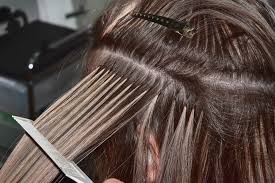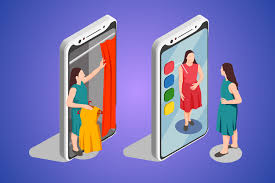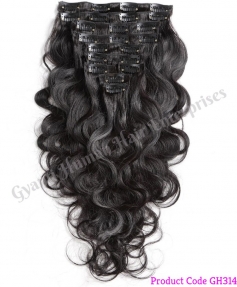How to Create Trend-Driven Collections That Actually Sell
In a world that’s constantly refreshing its feed, relevance is currency.
Whether you're launching a wig collection, clothing line, or cosmetic brand — knowing how to create trend-driven collections isn’t just nice to have — it’s how you stay in business.
The tricky part? Trends move fast. What’s in today might be forgotten tomorrow. So, how do you tap into trends without chasing fads? And how do you build collections that feel current but still uniquely yours?
This guide is all about that — blending market insight, creative vision, and timing to craft collections that sell, inspire, and resonate.
1. Understand What a Trend-Driven Collection Really Is
A trend-driven collection isn’t about copying TikTok or chasing Instagram virality.
It’s about:
-
Understanding the cultural moment
-
Interpreting it through your brand’s lens
-
Creating products that feel both now and authentic
It means staying aware of:
-
Macro trends (eco-conscious living, body positivity)
-
Micro trends (specific styles like “coquette-core” or “chrome nails”)
-
Industry shifts (tech in fashion, sustainability, AI-powered beauty)
The key: A trend-driven collection aligns with where culture is headed, but feels tailored for your niche audience.
2. Start with Solid Trend Forecasting
You can’t create for tomorrow if you’re only focused on today.
Use these tools to stay ahead:
-
WGSN – The gold standard for fashion, color, and consumer behavior forecasting
-
Pinterest Predicts – Surprisingly accurate and free!
-
TikTok Trends Discovery – Look at rising audio, style hashtags, or aesthetics
-
Runway Shows & Fashion Weeks – Analyze collections from major fashion cities
-
Google Trends – Spot surges in searches for specific materials or aesthetics
📌 Pro tip: Combine data with gut instinct. What are your clients asking for lately? What’s flying off the shelves?
3. Know Your Core Customer Inside Out
Not every trend is for every brand — and that’s okay.
The best collections balance trend relevance with audience alignment.
Ask yourself:
-
What does my customer care about right now?
-
What social platforms are they using most?
-
Are they early adopters or do they wait for trends to trickle down?
-
Do they value uniqueness or viral validation?
Example:
If your client is a 35-year-old corporate professional, your trend integration might be softer — muted chrome tones in hair, minimalistic packaging.
If your audience is Gen Z, it might mean bold layering, edgy silhouettes, or digital-first launches.
4. Create a Seasonal Trend Moodboard
Before designing or sourcing, build a visual direction.
Include:
-
Color palettes
-
Key shapes or silhouettes
-
Fabrics, hair textures, or finishes
-
Keywords that define the mood (“ethereal,” “metallic,” “soft rebellion”)
Tools like Milanote, Canva, or Notion can help you map everything out.
This moodboard will serve as your creative compass, keeping the entire collection aligned.
5. Balance Hero Pieces with Commercial Staples
Trend collections need energy — but also wearability.
Break it down:
-
Hero Products: Eye-catching, trend-forward designs (a split-dye lace front wig, a metallic textured jacket)
-
Staples: Neutral base items that still tie into the season (classic bundles with a trending curl pattern, ribbed layering basics)
Why this matters: Hero pieces generate buzz. Staples pay the bills.
Too many hero pieces = overwhelming.
Too many basics = forgettable.
6. Work with a Merchandising Mindset
Think like a merchandiser when building your collection:
-
Are you offering enough size, color, and price variety?
-
Does the collection tell a story across SKUs?
-
Can your clients build a full look or routine from your offering?
-
Is there a clear seasonal drop strategy?
For hair brands, this could look like:
-
A spring “Airy Naturals” drop with voluminous lightweight wigs
-
A summer “Sunkissed Blends” drop with balayage-inspired colors
-
A fall “Jet Noir” drop featuring sleek, high-gloss units
7. Test and Tease Before Launch
Before you go all in, test interest via:
This creates hype and gives you real-time feedback on what people actually want.
Bonus: You also reduce inventory risk by confirming demand before full production.
8. Infuse Brand Identity into Every Detail
Trend-driven doesn’t mean brand-forgetting.
From product naming to packaging, remember:
✨ A trend gets attention
🧠Brand identity builds loyalty
So, while your summer collection might tap into neon or glassy finishes, make sure your tone, values, and purpose stay visible in every piece.
9. Create an Immersive Story Around the Collection
Trend-driven collections become memorable when they tap into emotion and imagination.
That’s where storytelling comes in.
Ideas:
-
Name the collection and each piece with intention (ex: “Moon Dust,” “Silk Mirage,” “Cocoa Drip”)
-
Build a visual campaign (lifestyle shoots, behind-the-scenes)
-
Share the why behind the collection (what trend inspired it, what it means culturally)
People don’t just want to buy a product.
They want to buy into a world.
10. Launch It Like a Moment
Don’t quietly upload the new items to your website.
Make it an event.
Options:
-
Tease countdowns on social
-
Host a virtual runway or live try-on
-
Collaborate with influencers to preview products
-
Offer a “first access” to VIP customers
The bigger the energy around your drop, the higher the likelihood it gets noticed — and shared.
11. Measure What Hits (And What Misses)
Post-launch, take a breath — then analyze:
This data will fuel smarter decisions for your next drop.
Remember: Every collection is a conversation with your audience.
Listen closely.
Final Thoughts: Creating for the Moment and the Long Haul
Yes, trends matter. They keep you fresh, searchable, and culturally relevant.
But timeless success comes from mixing trends with your own brand DNA — thoughtfully, intentionally, and creatively.
So whether you’re crafting a hair collection that mimics celebrity styles or curating fashion pieces for next season’s it-girl, remember:
✅ Follow the trend, but don’t lose your voice
✅ Move fast, but never rush your story
✅ Be bold — but always be you
Related Blog

